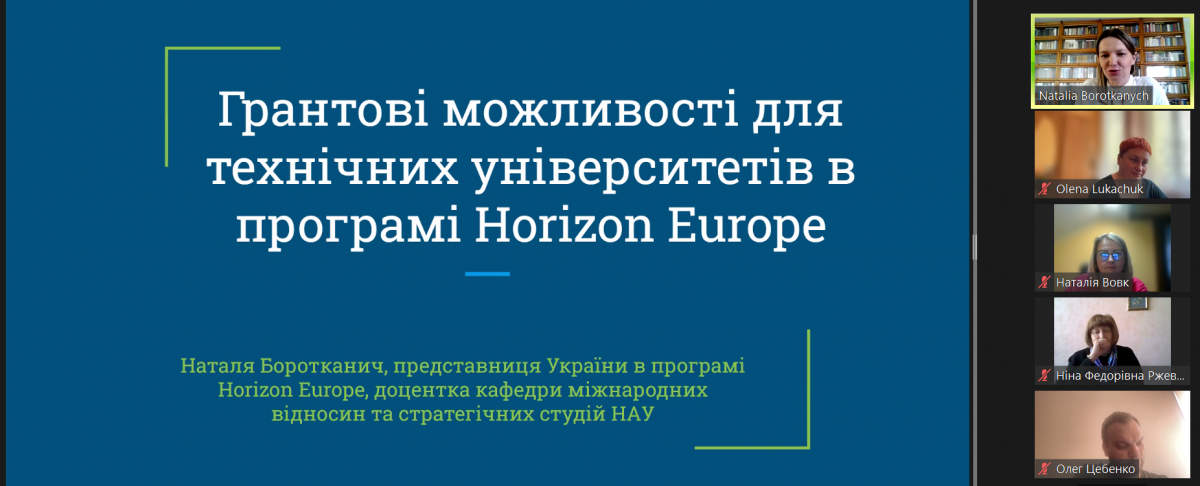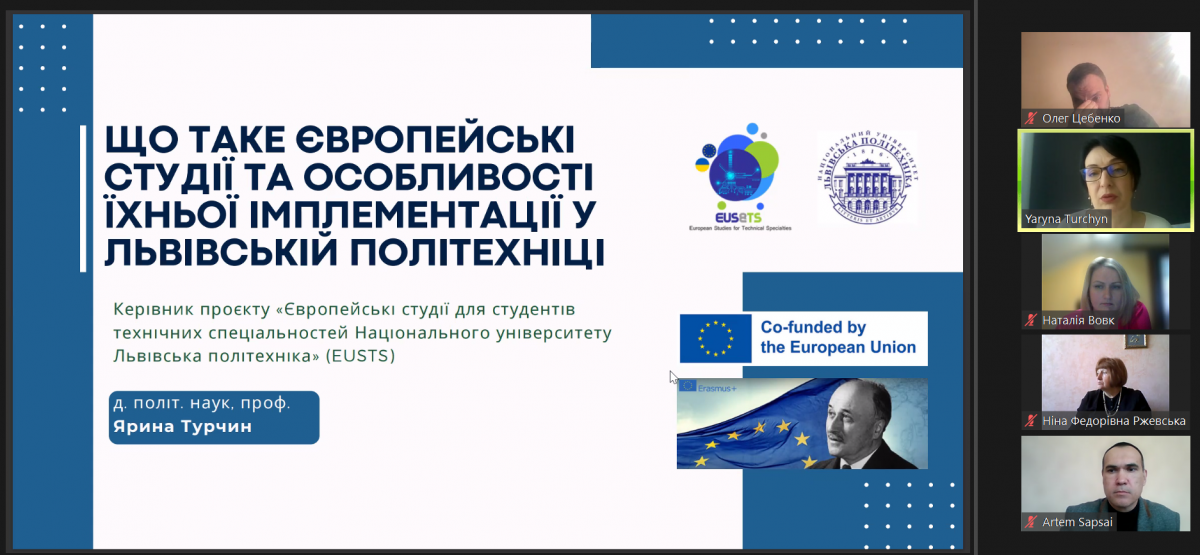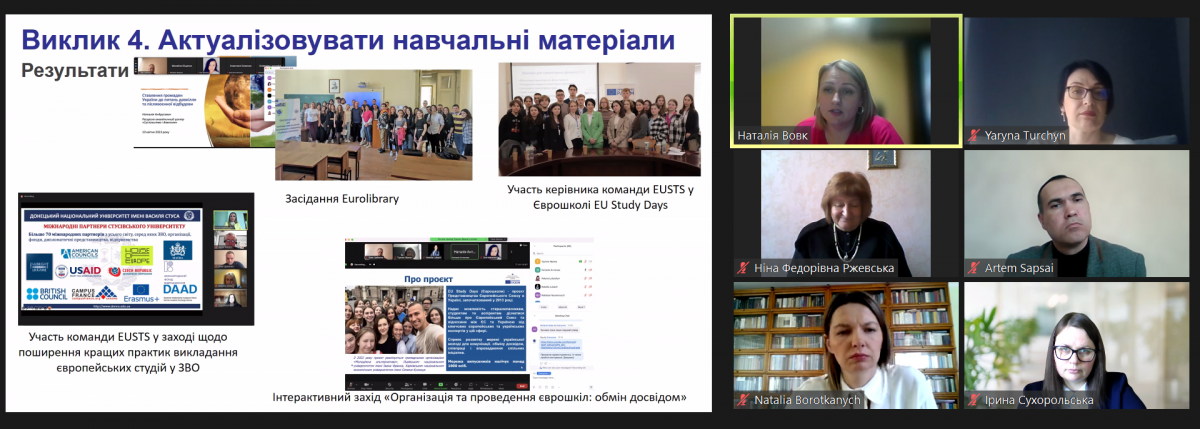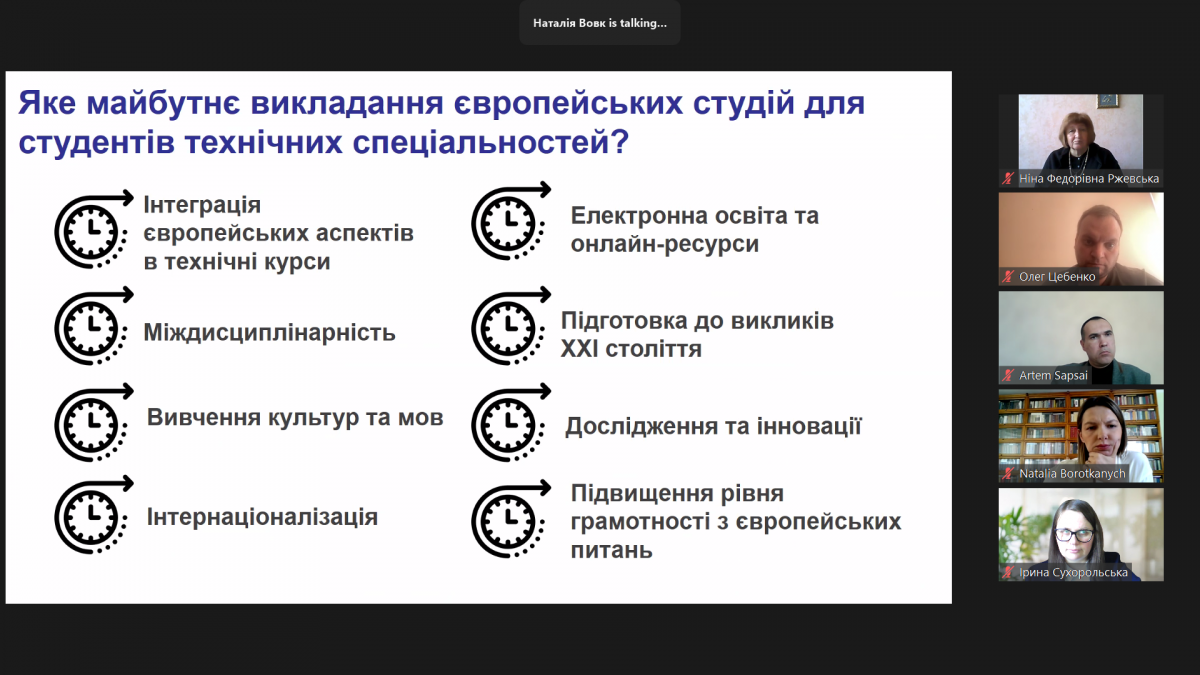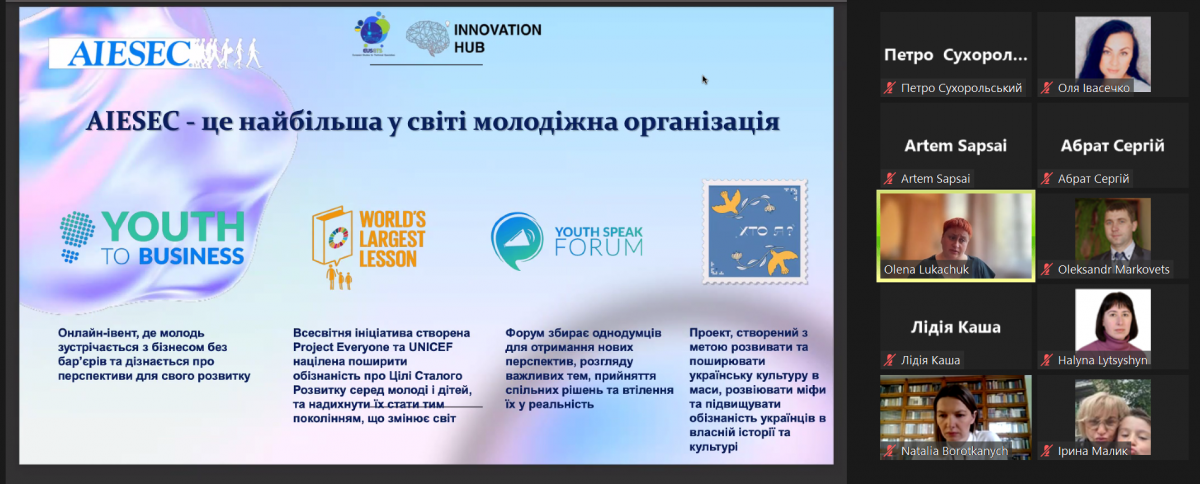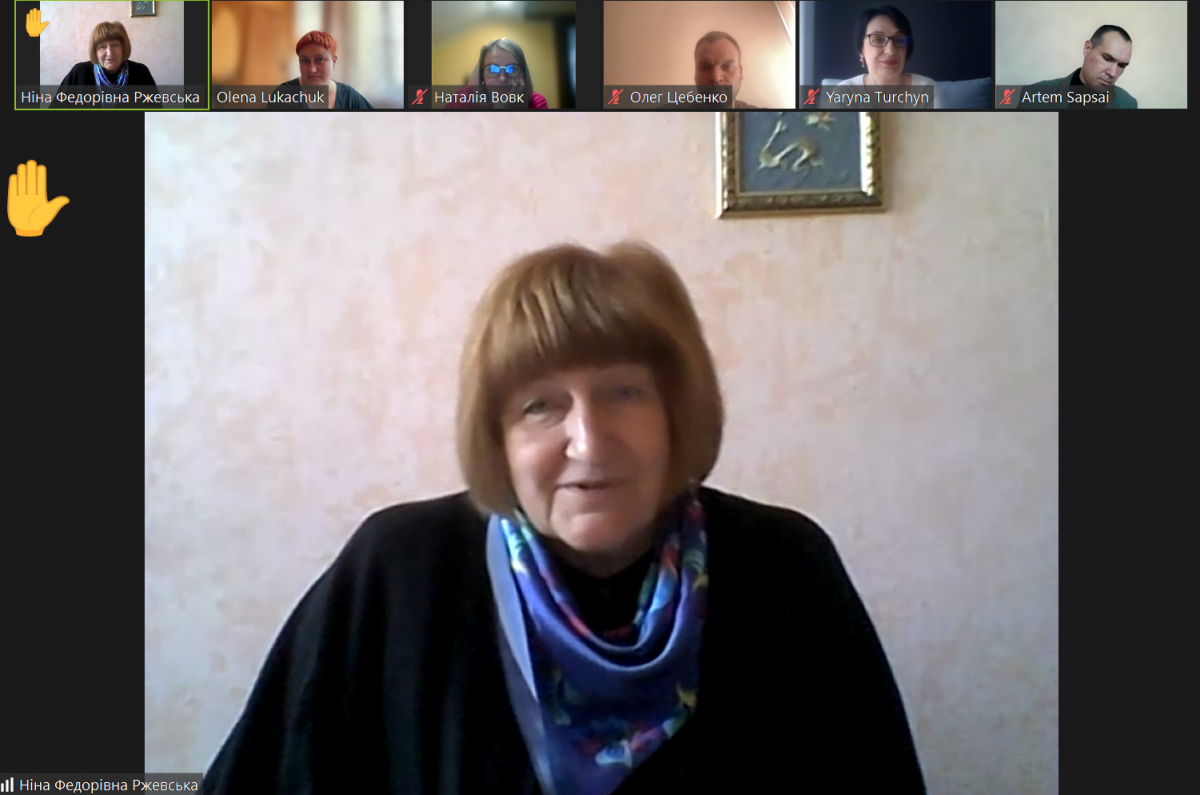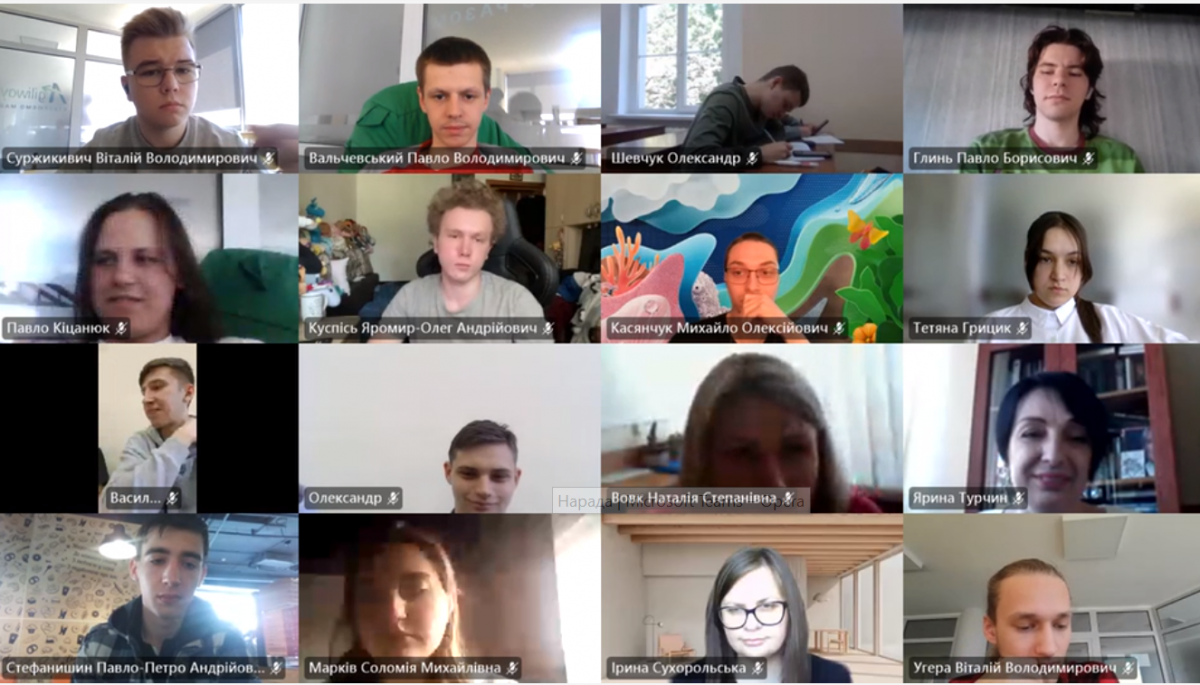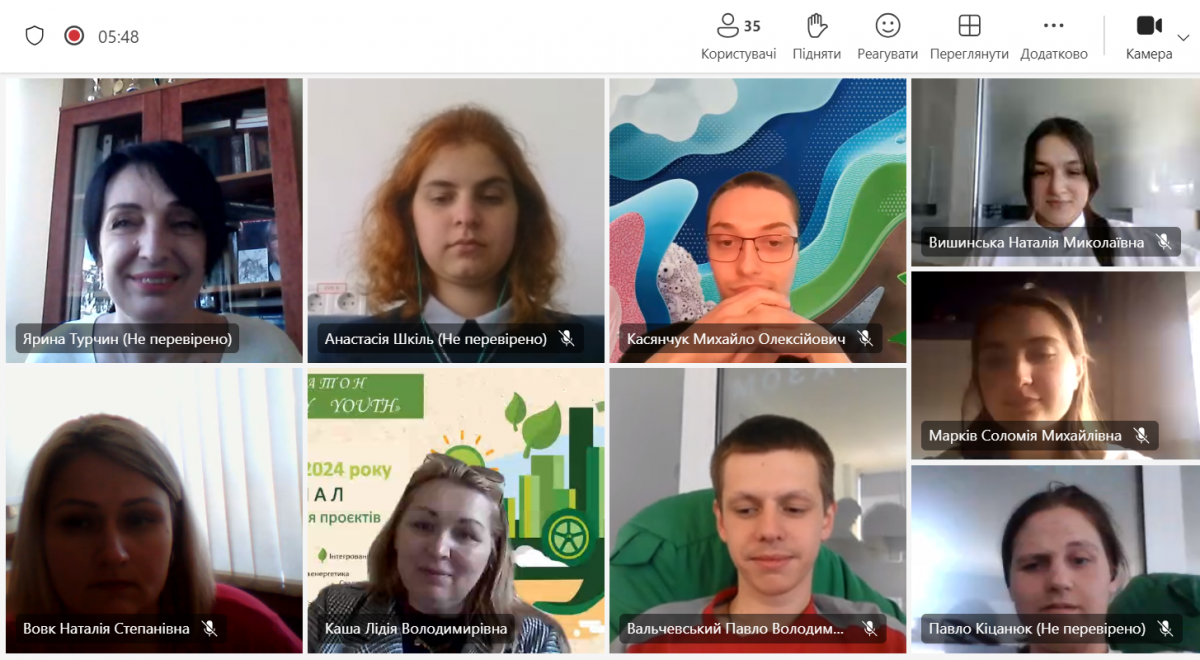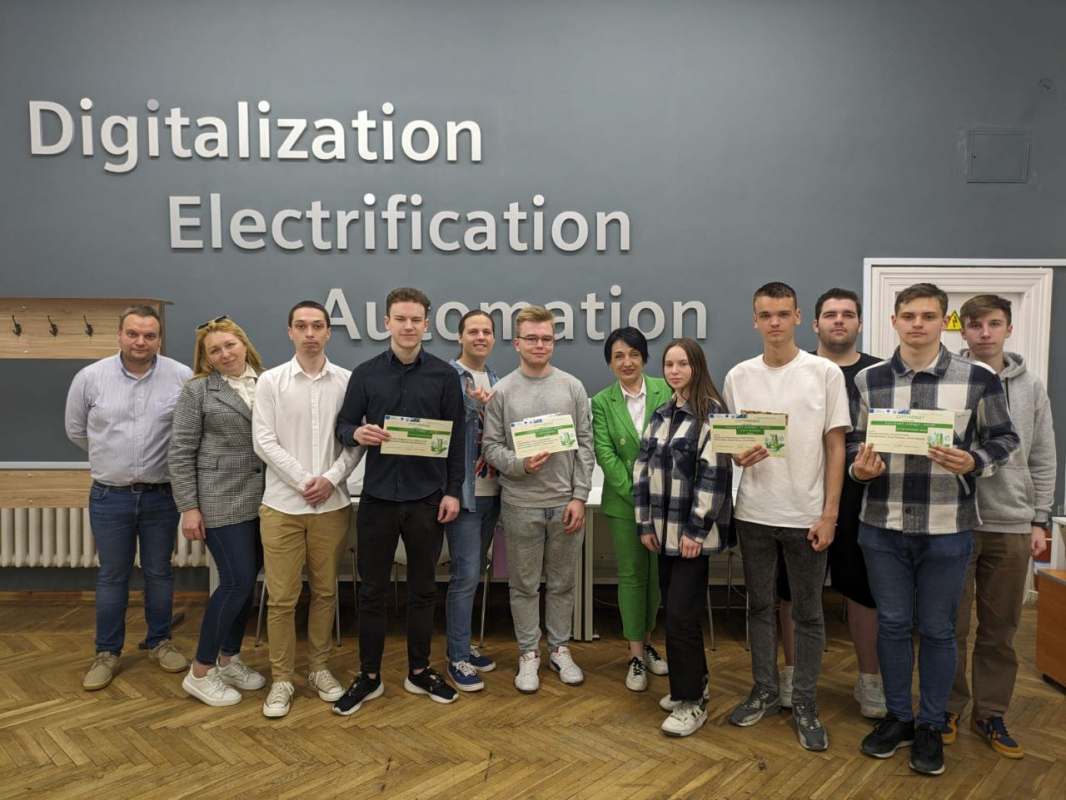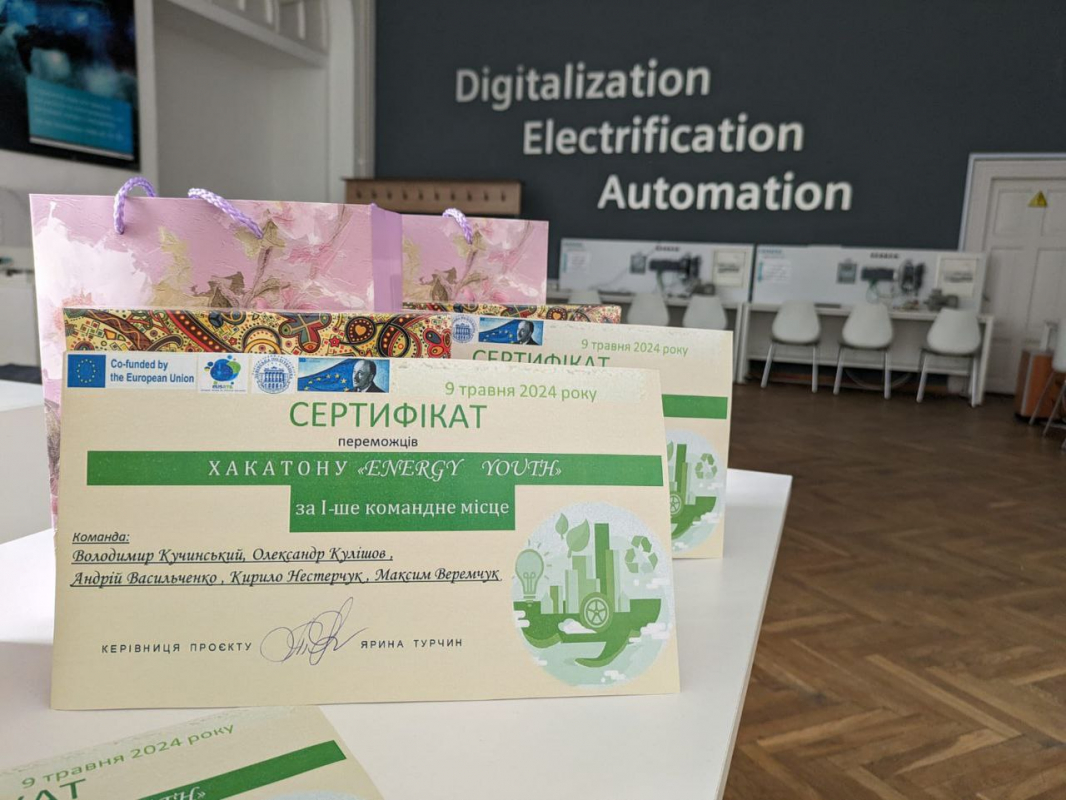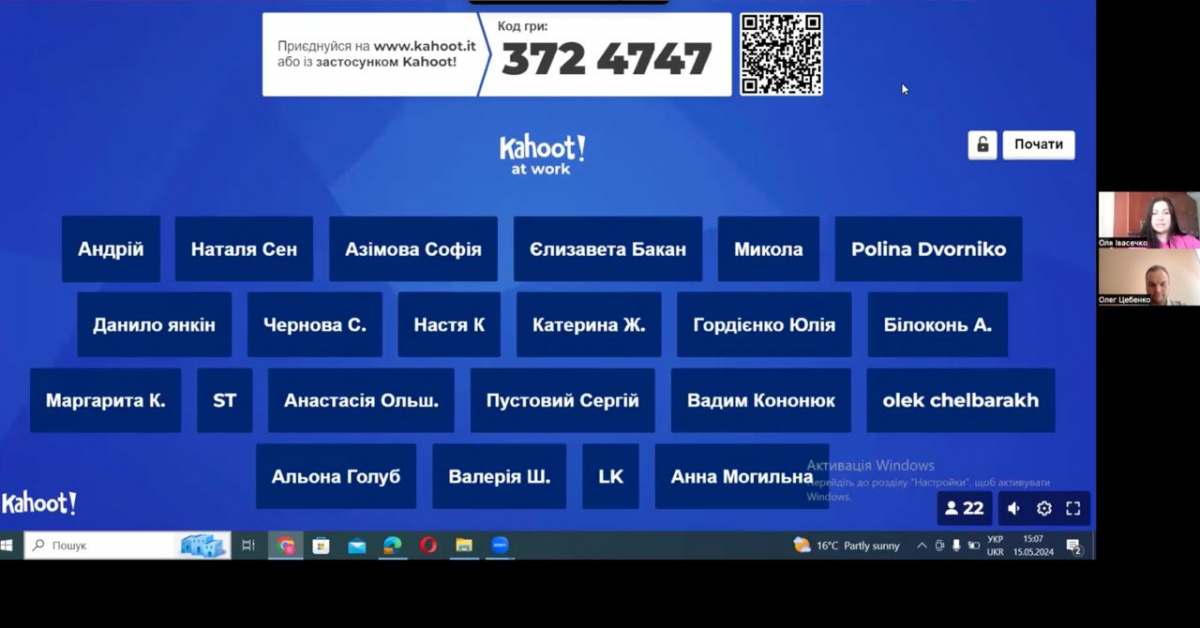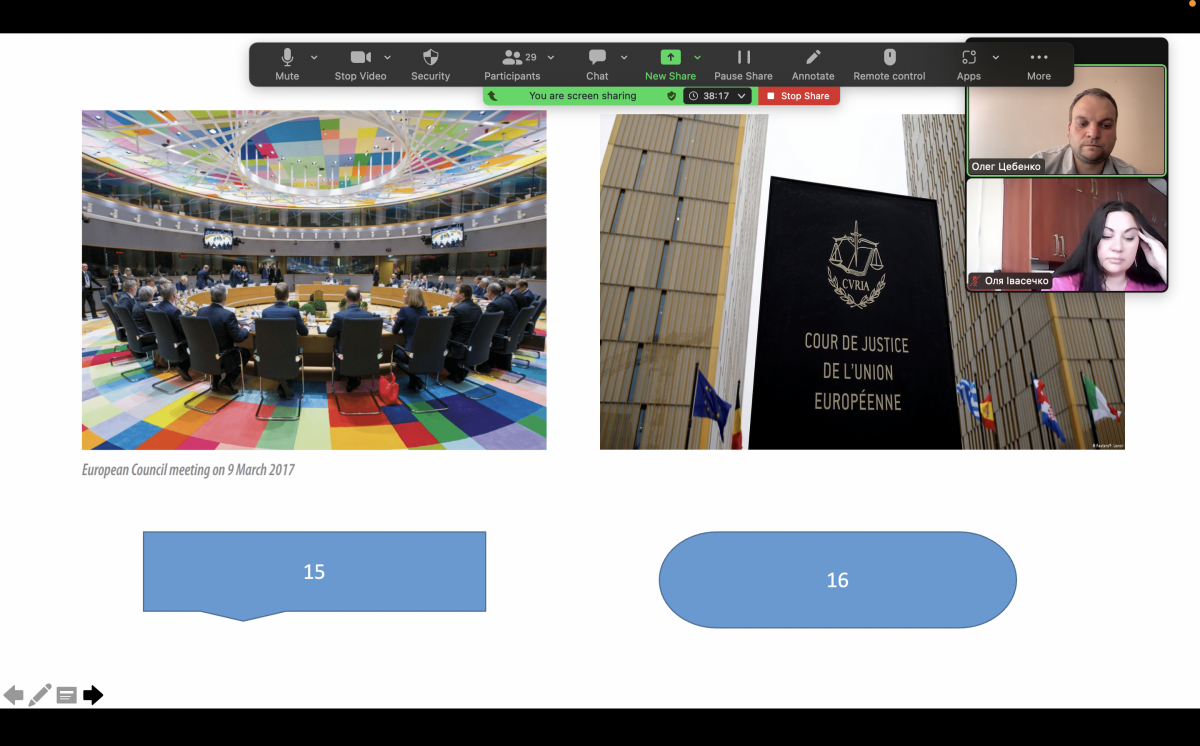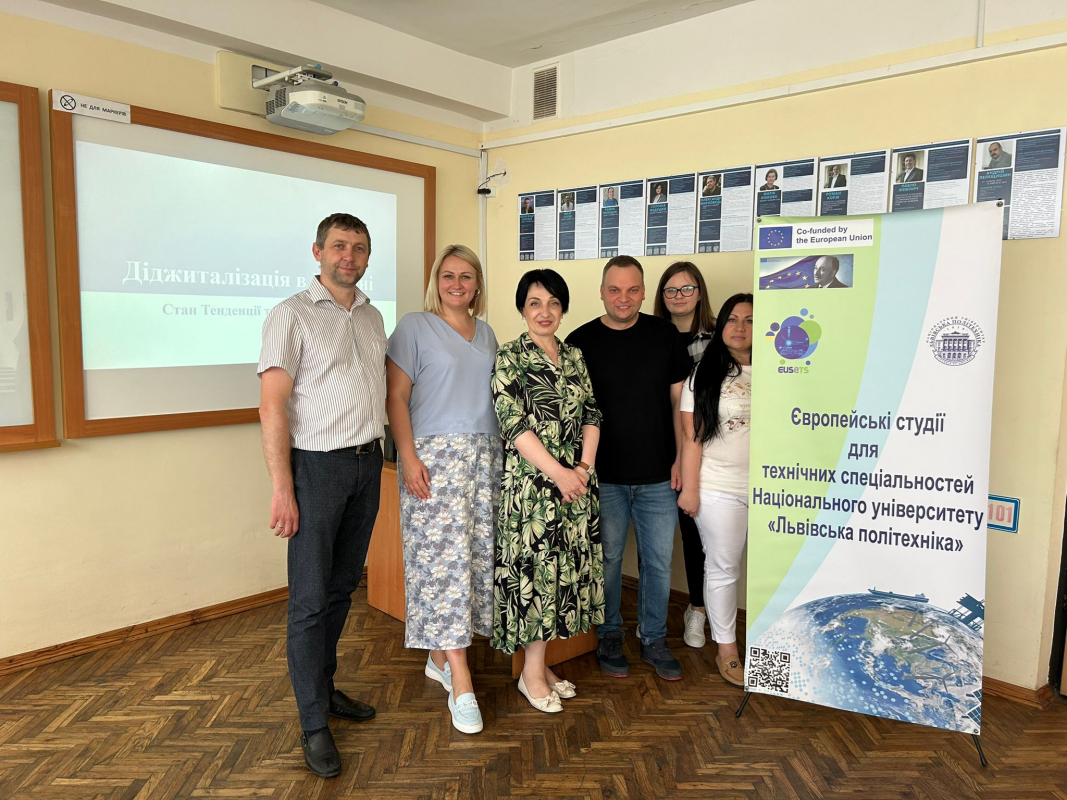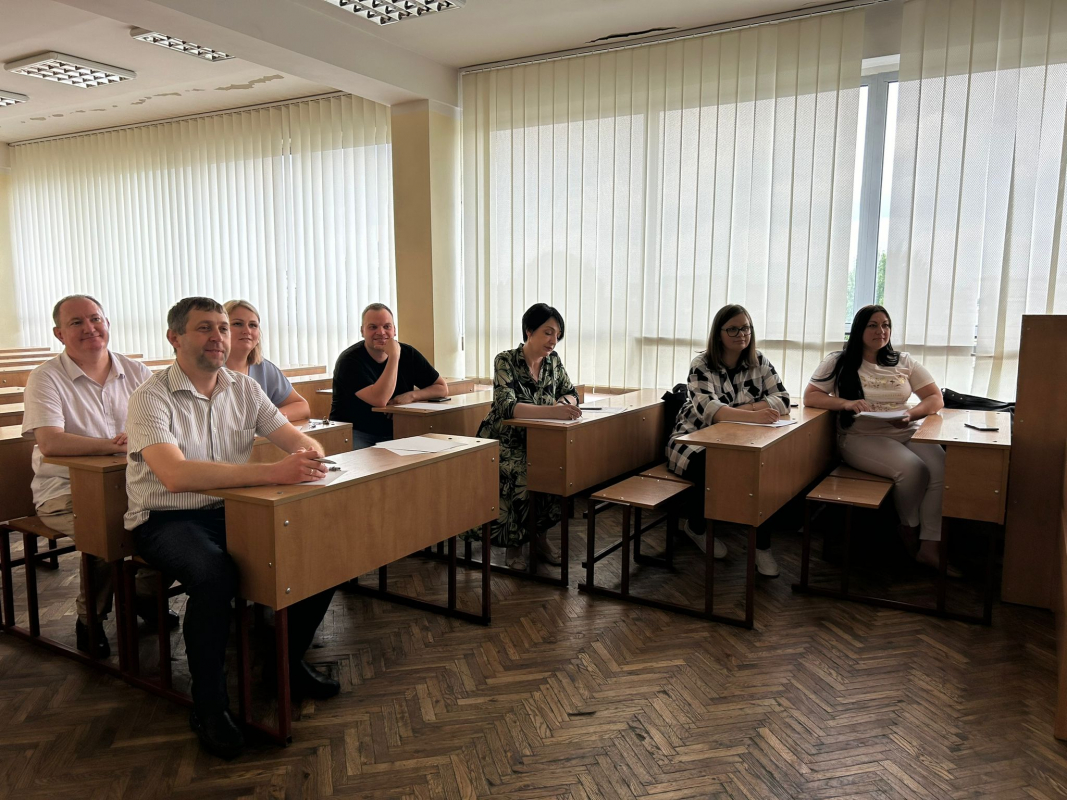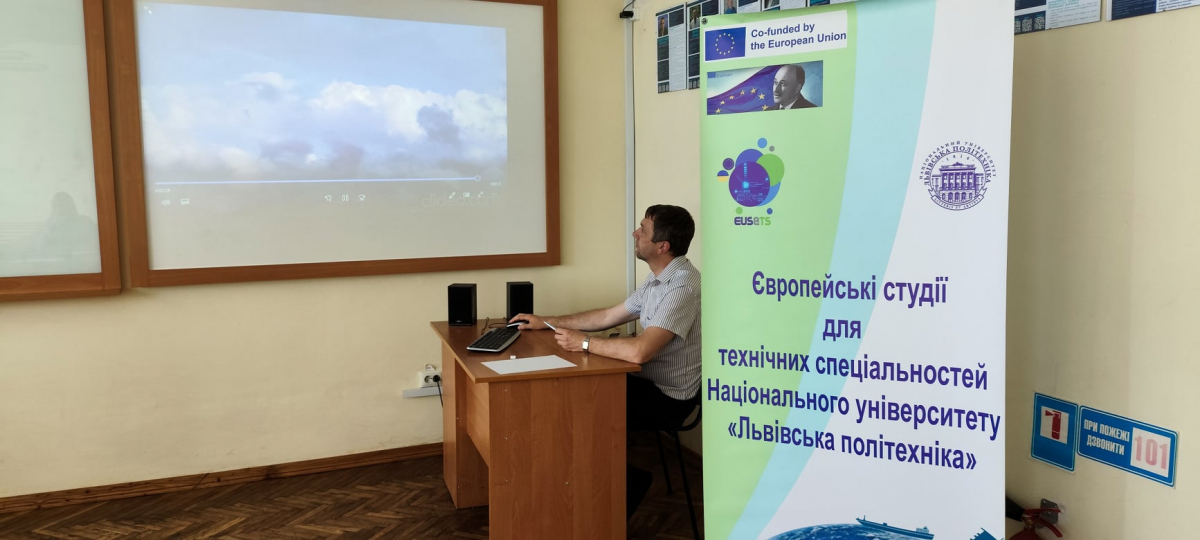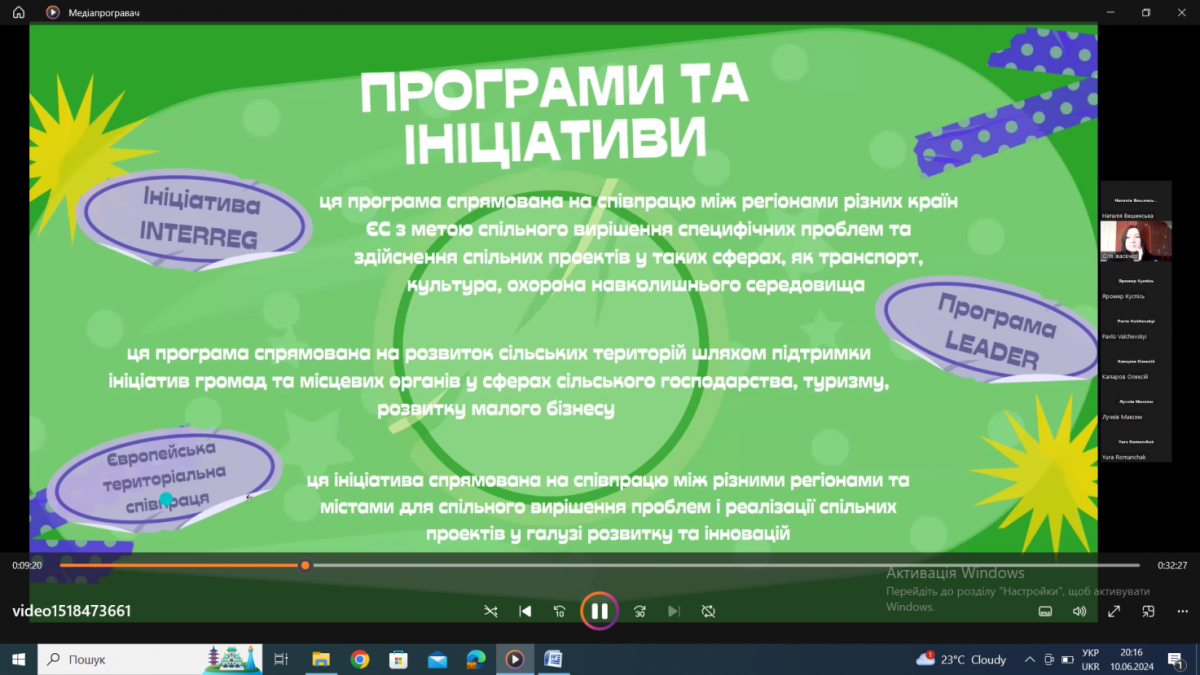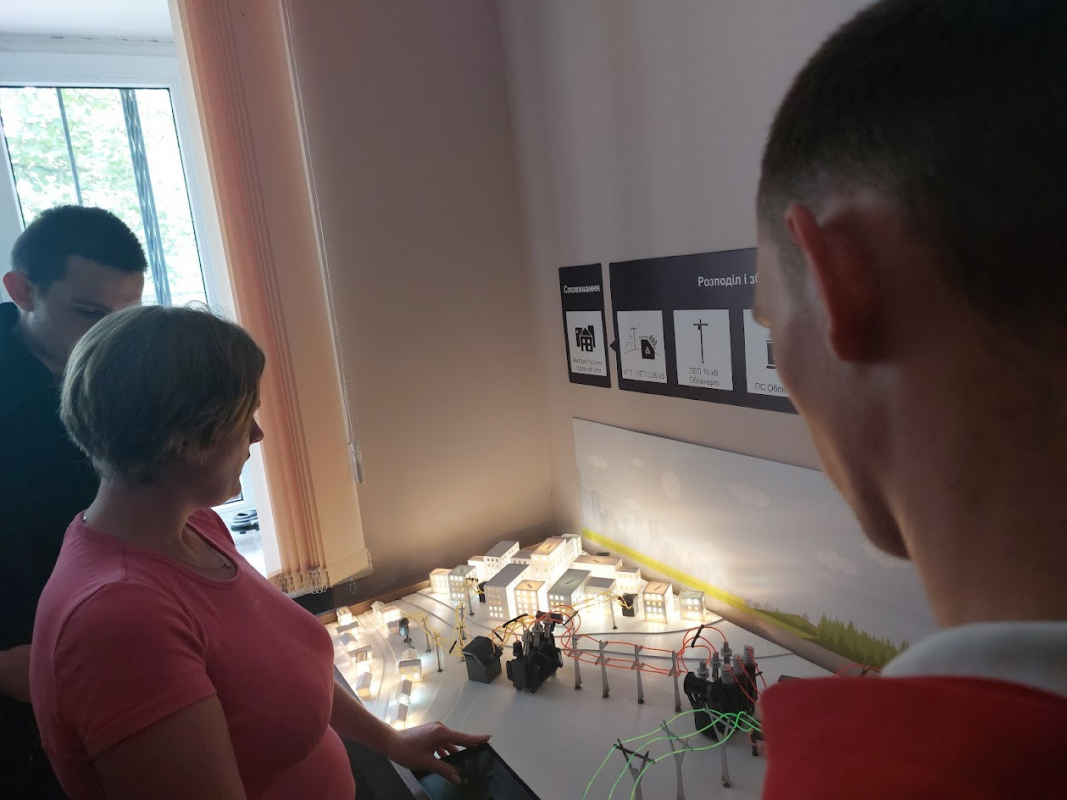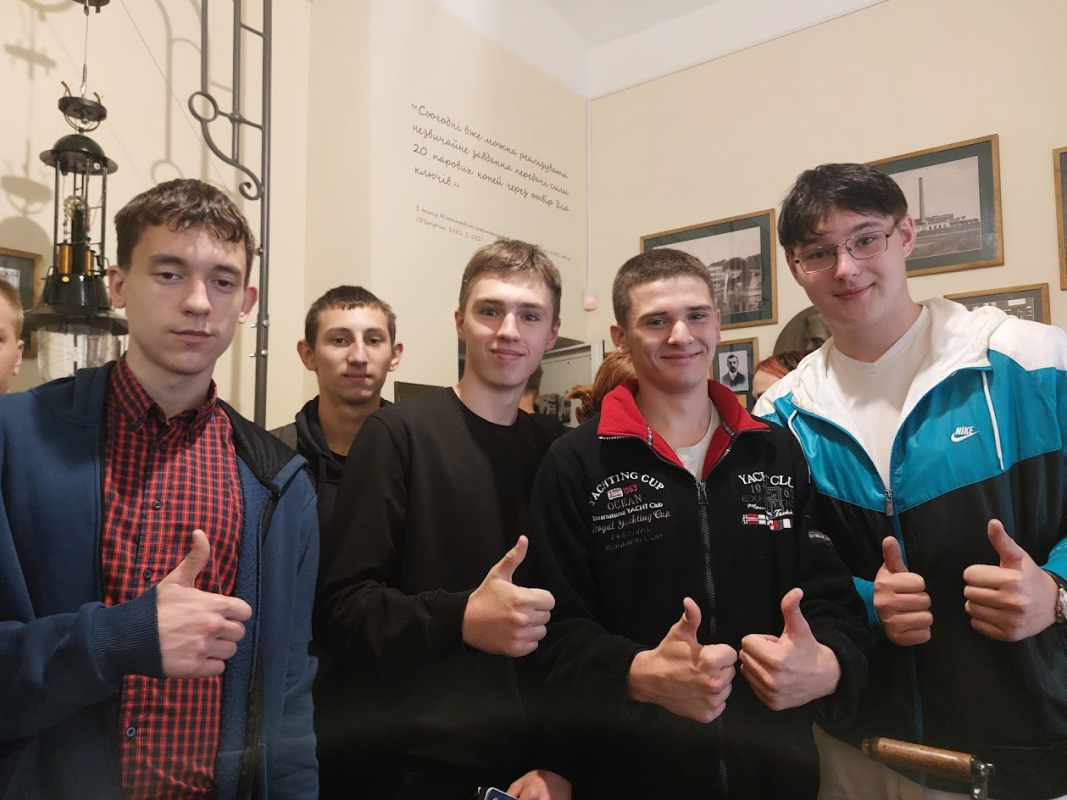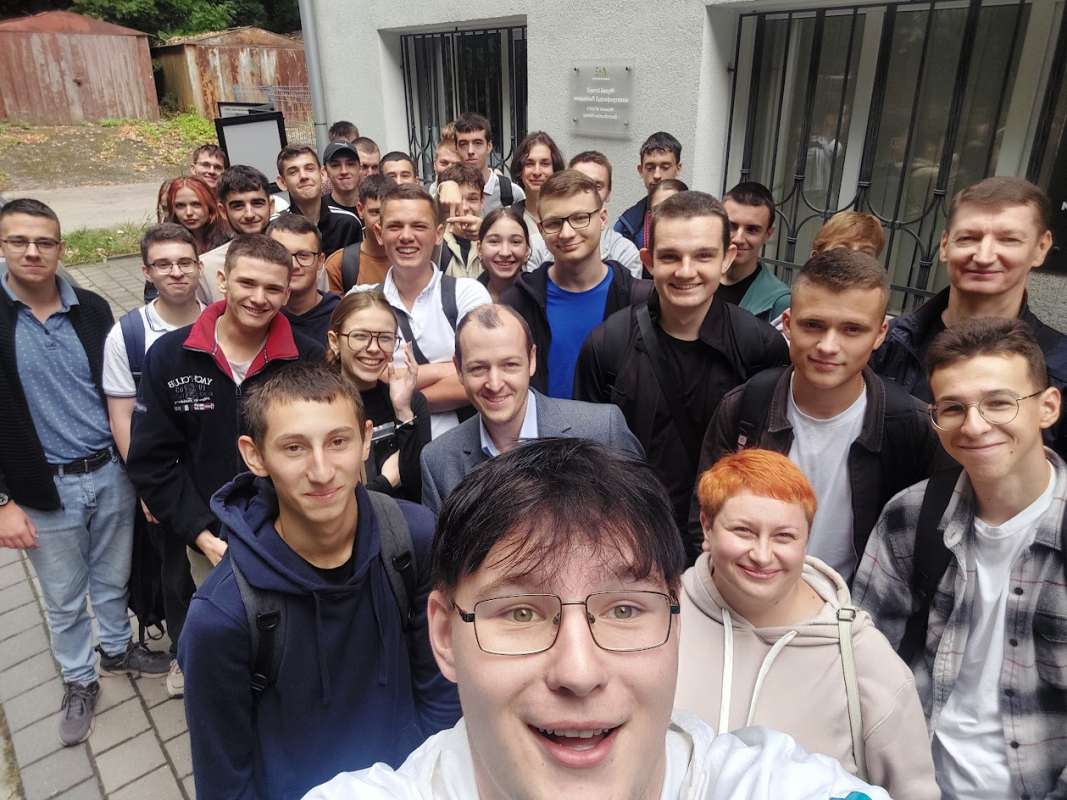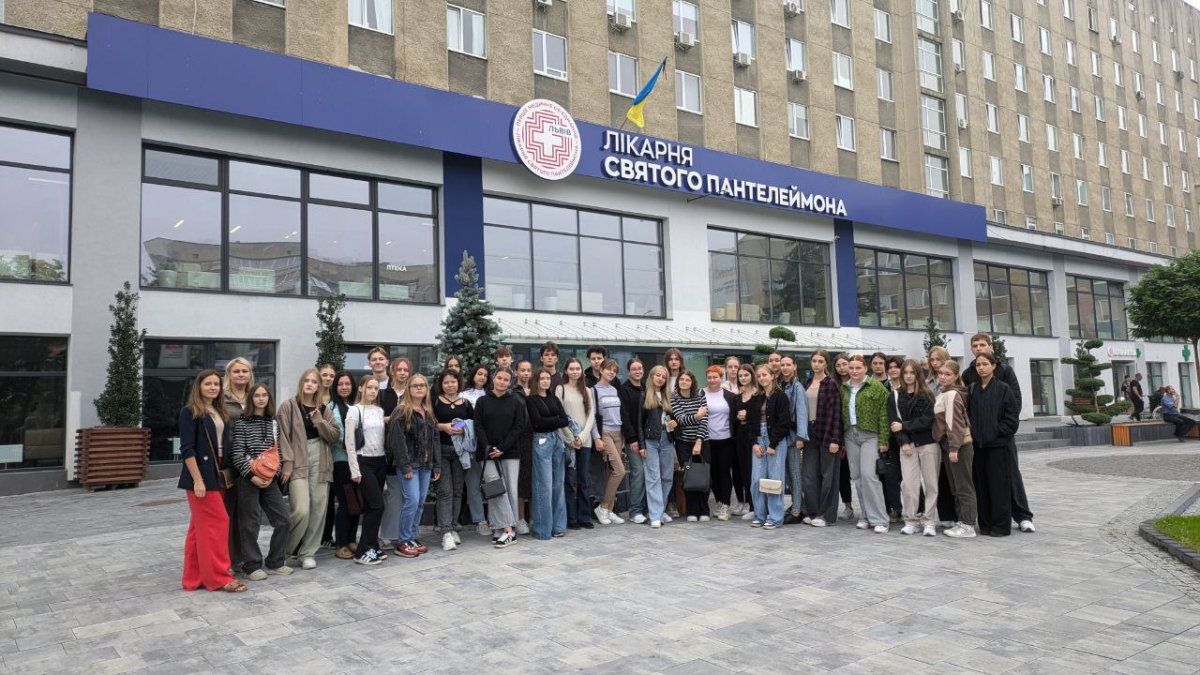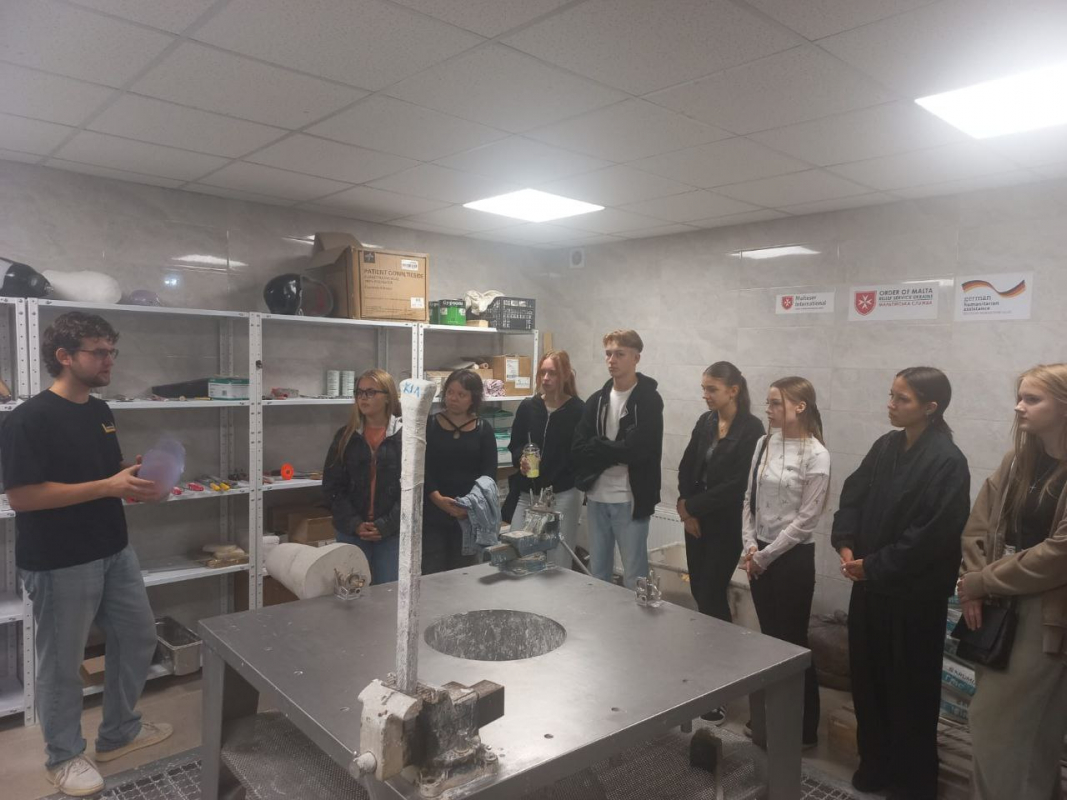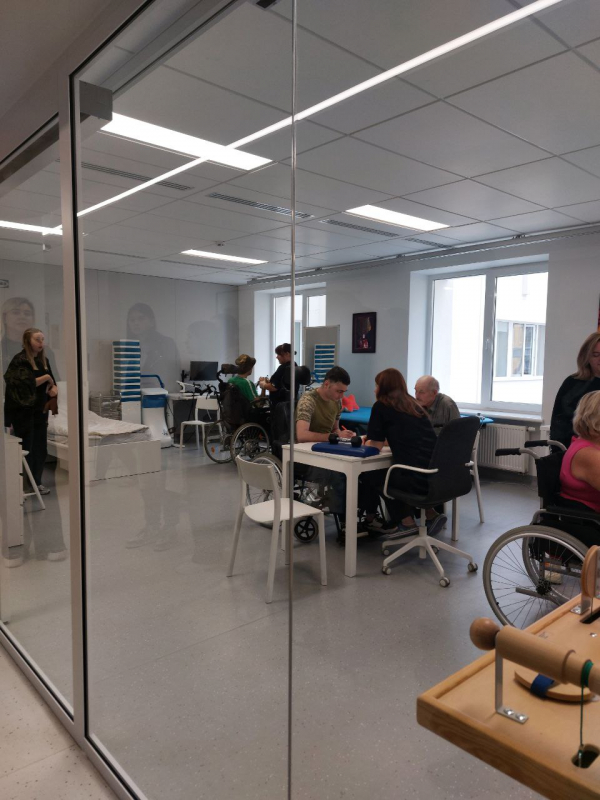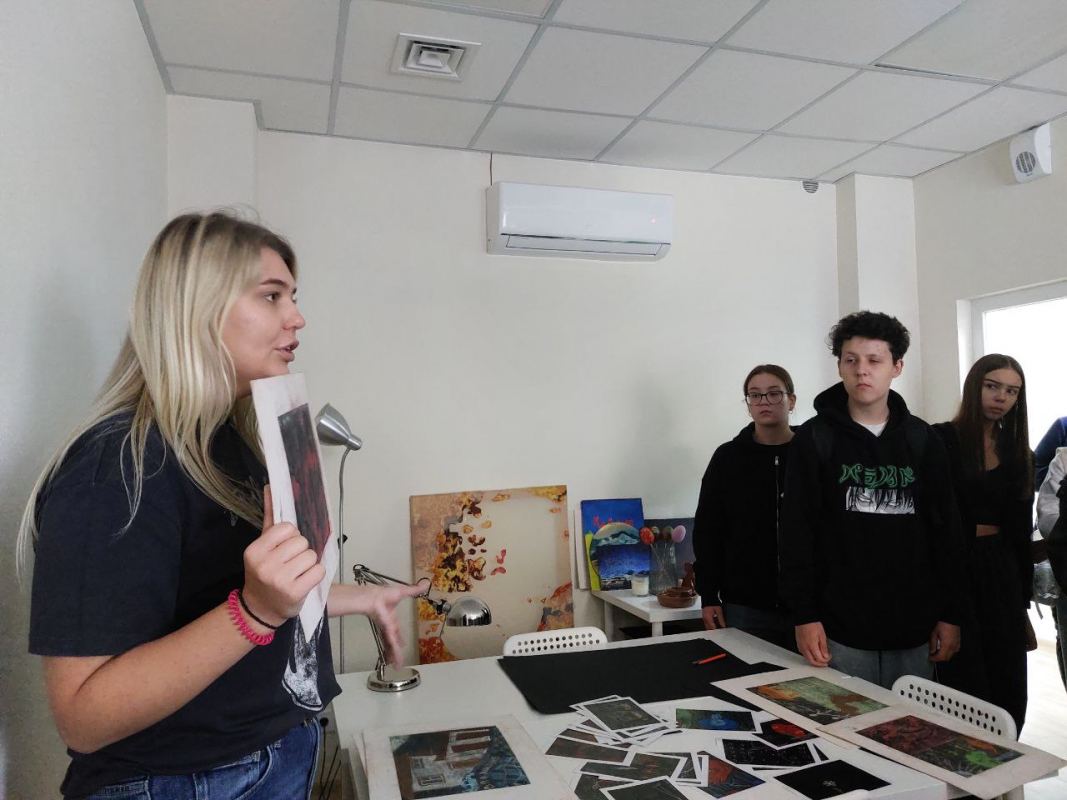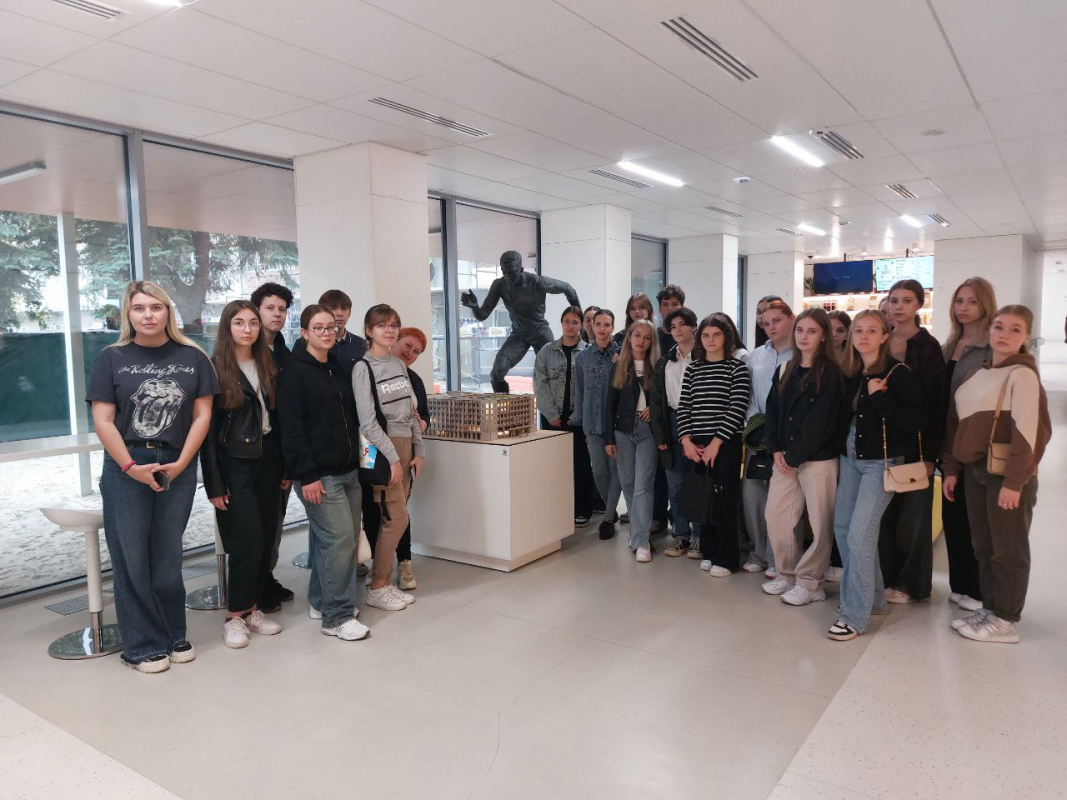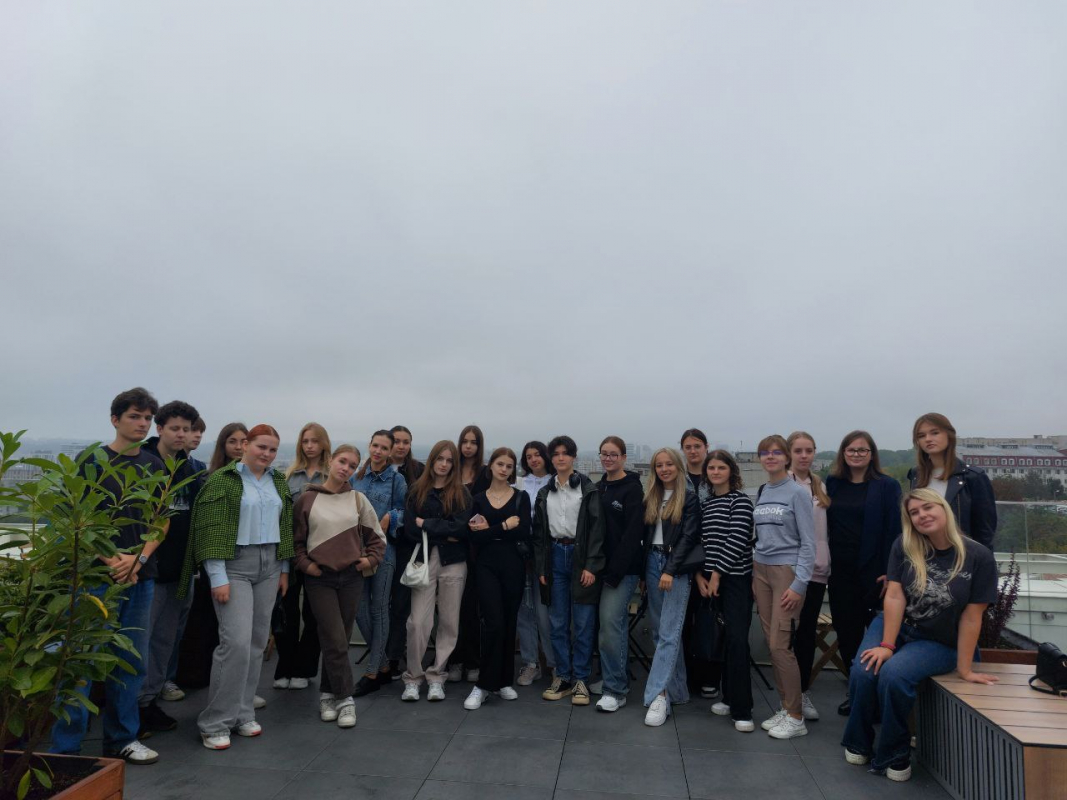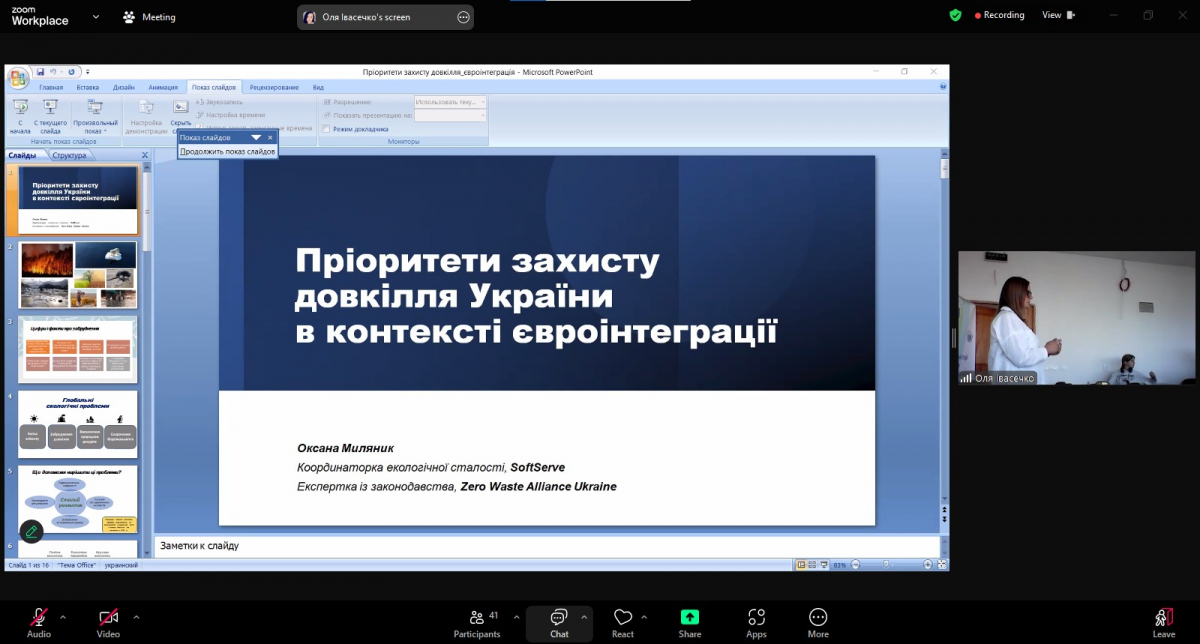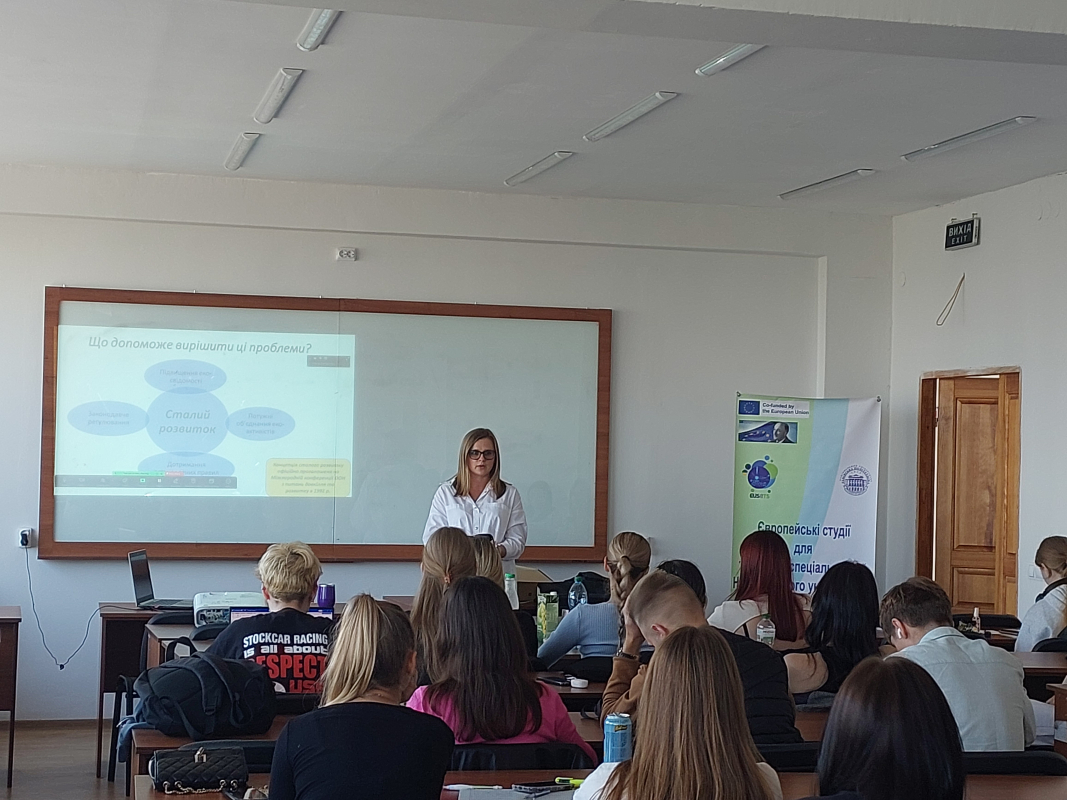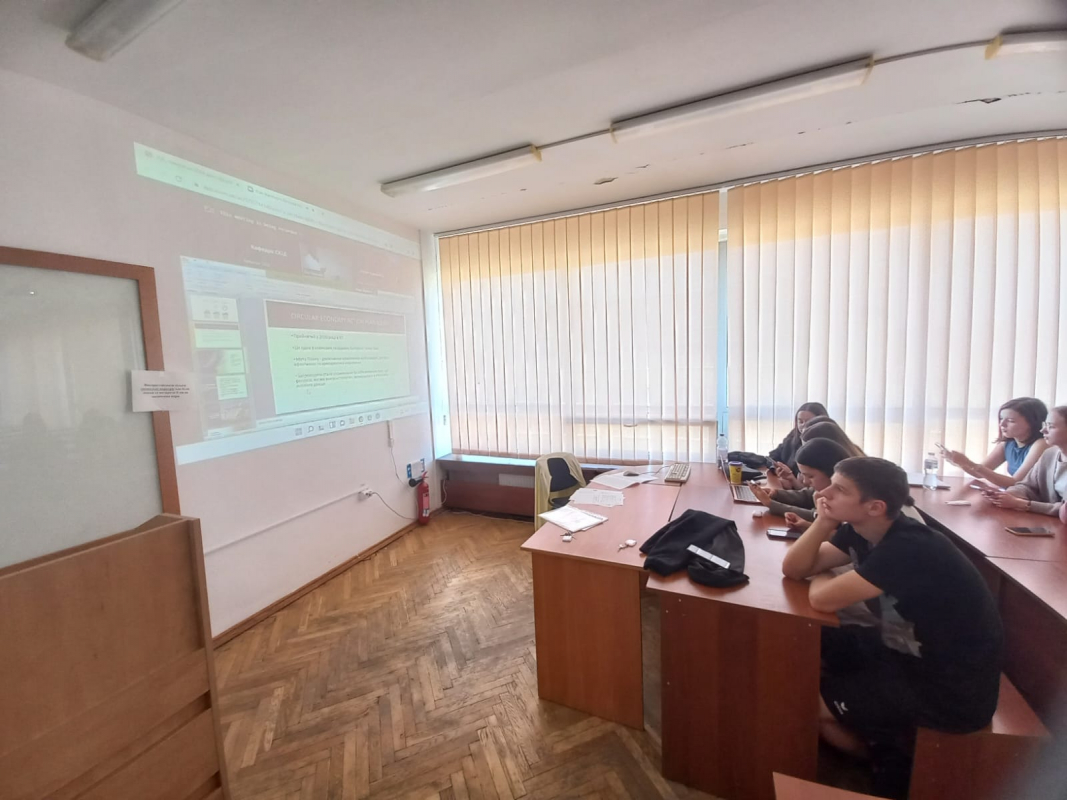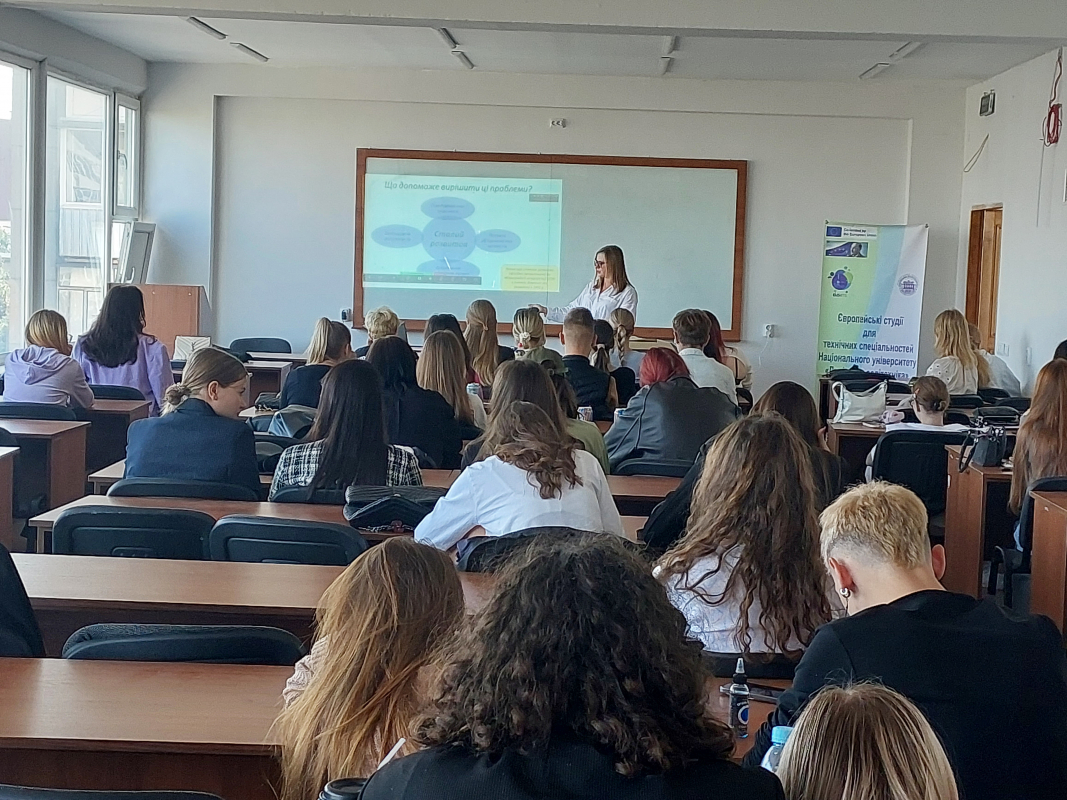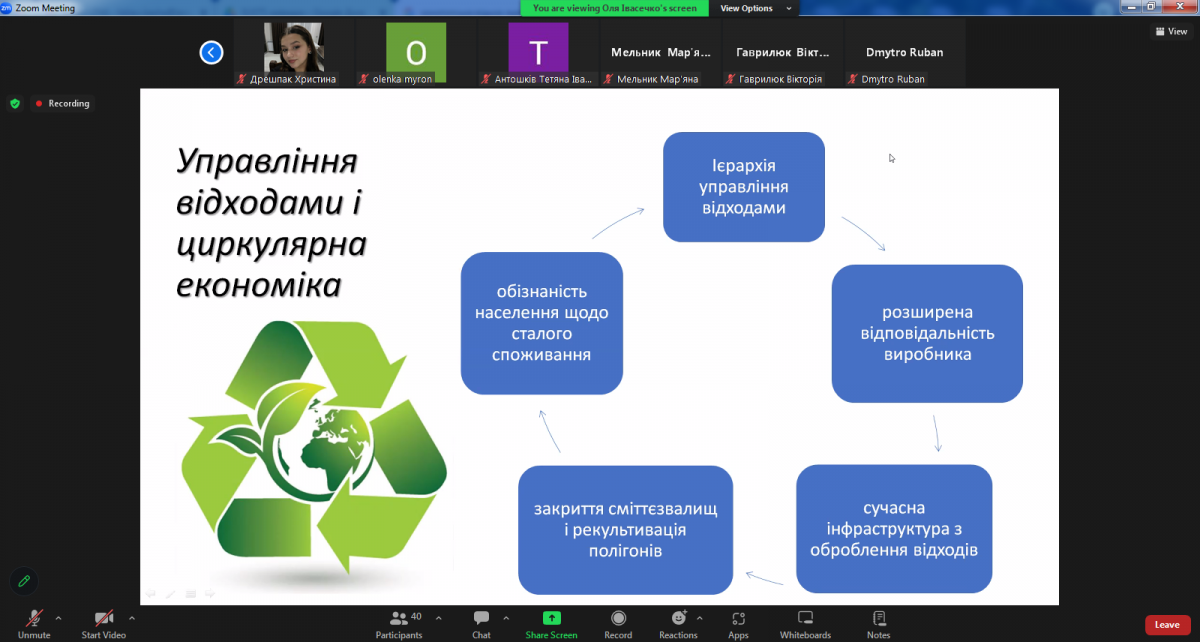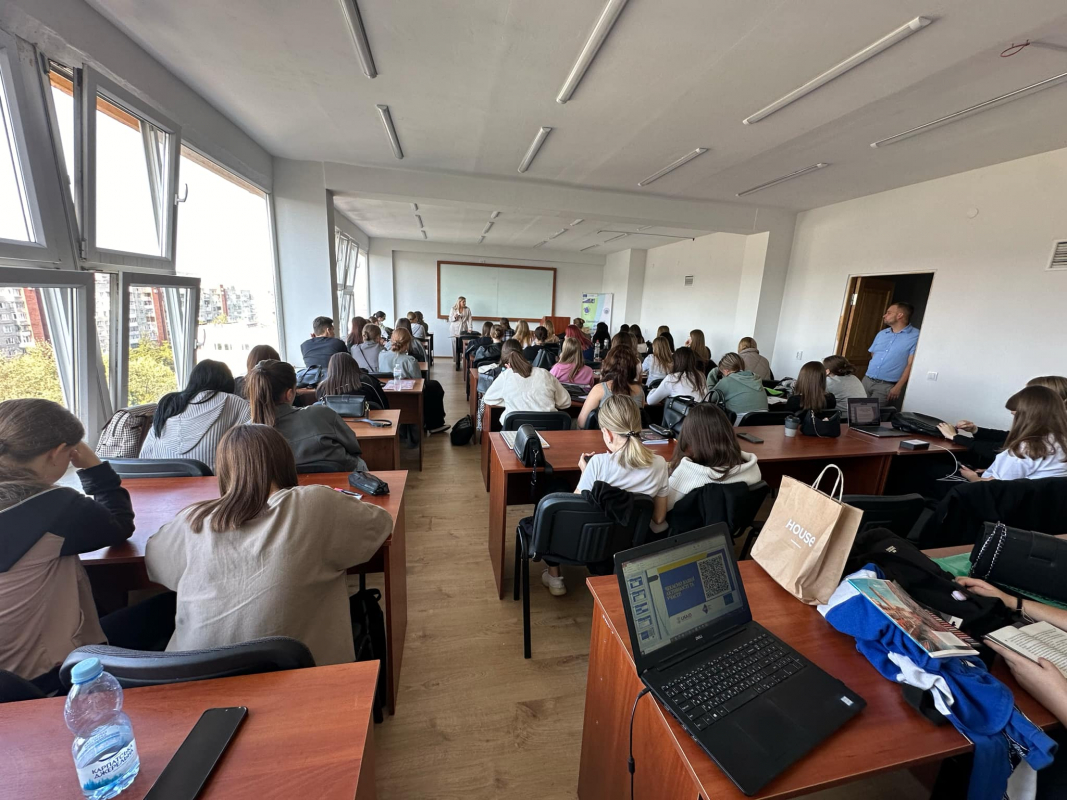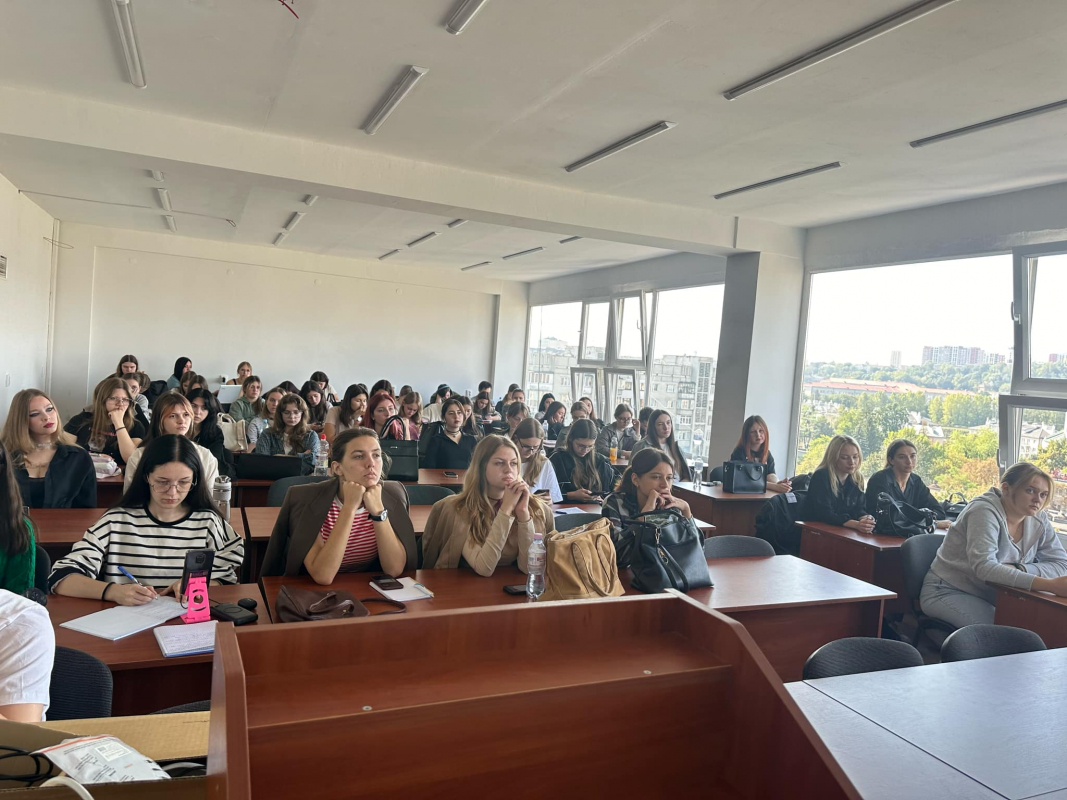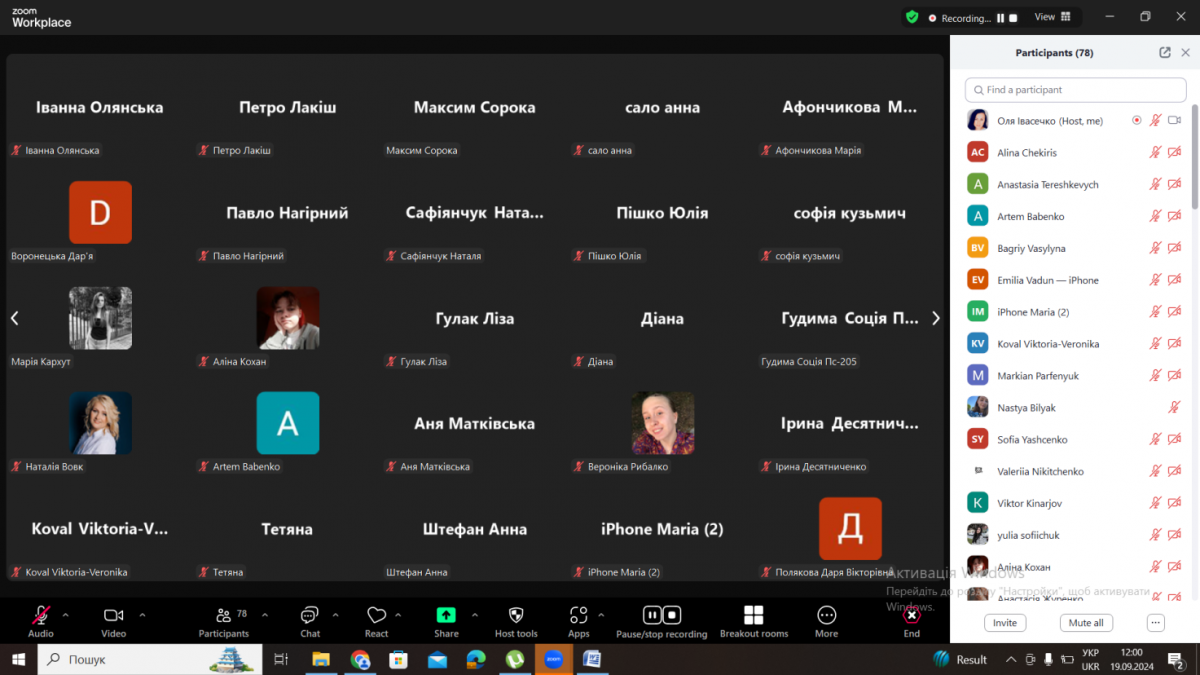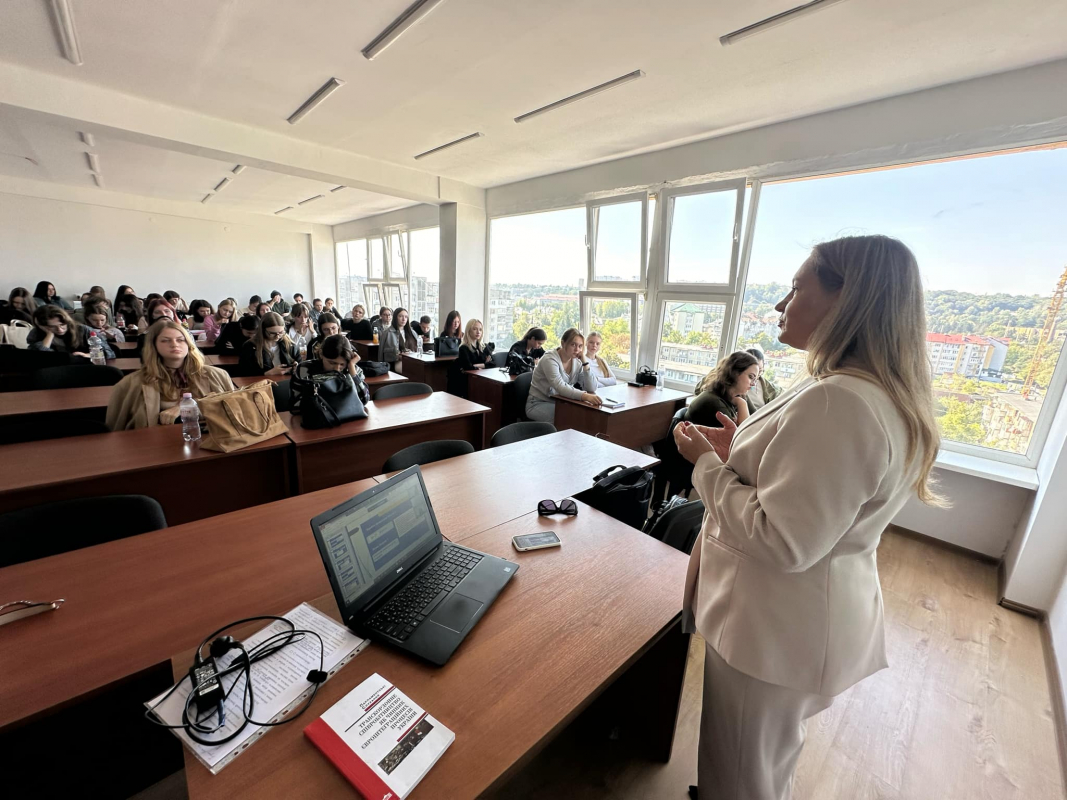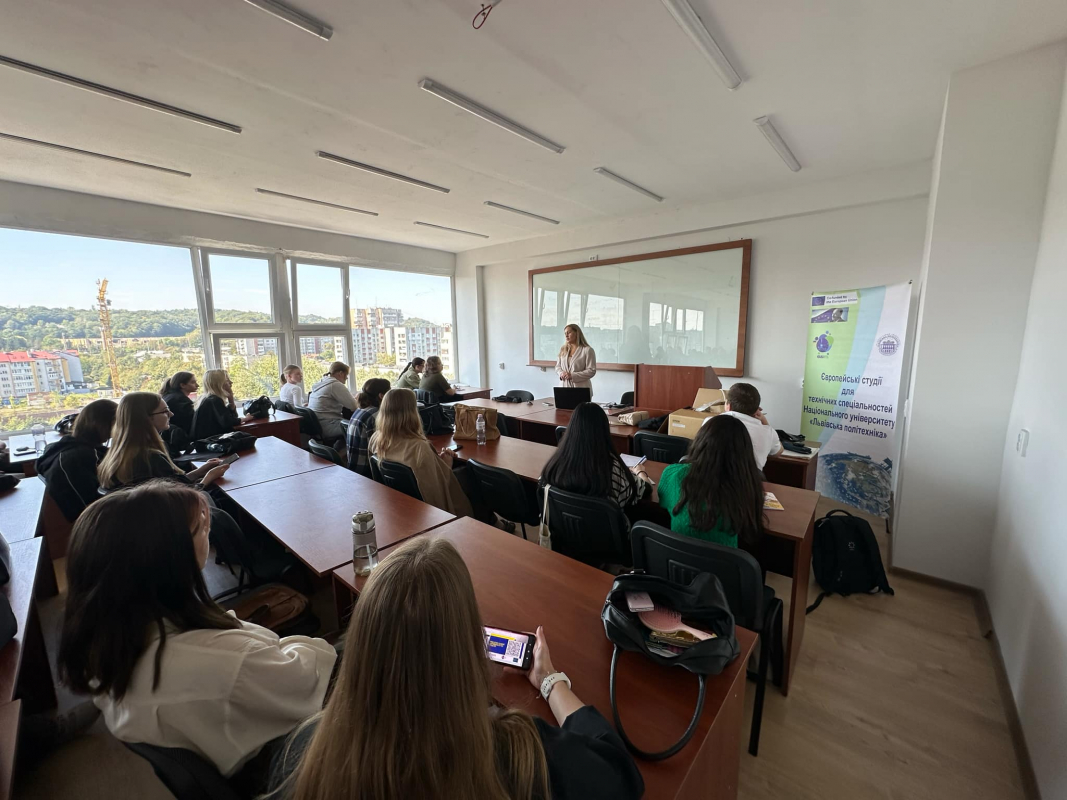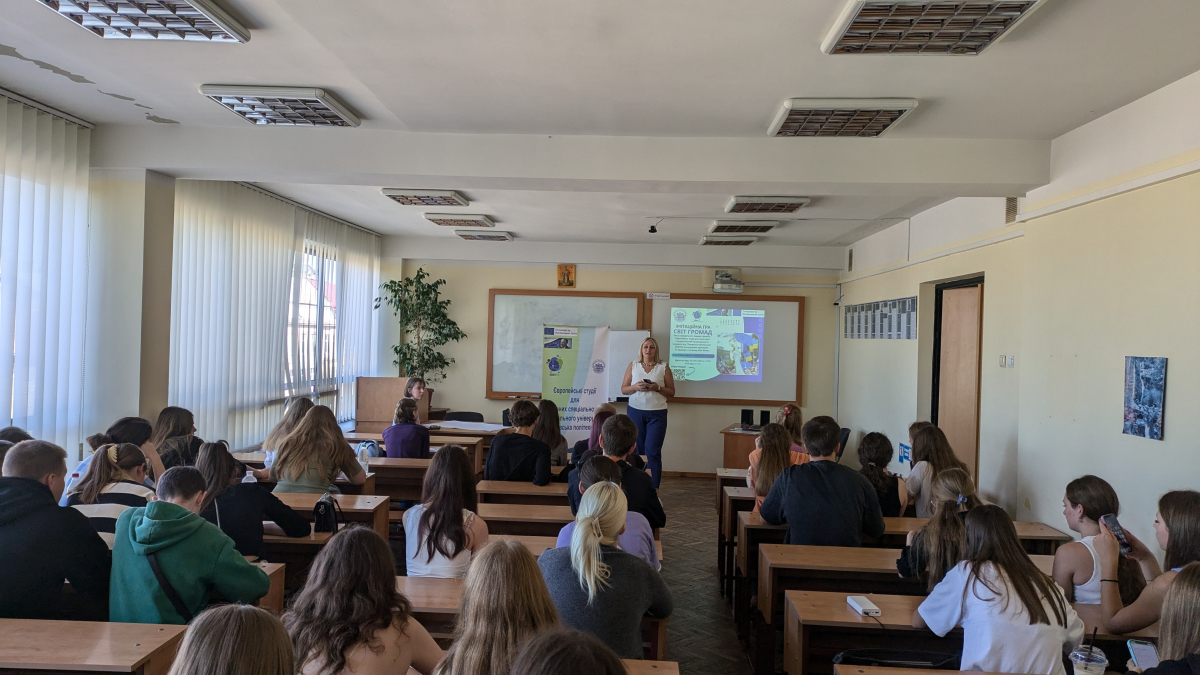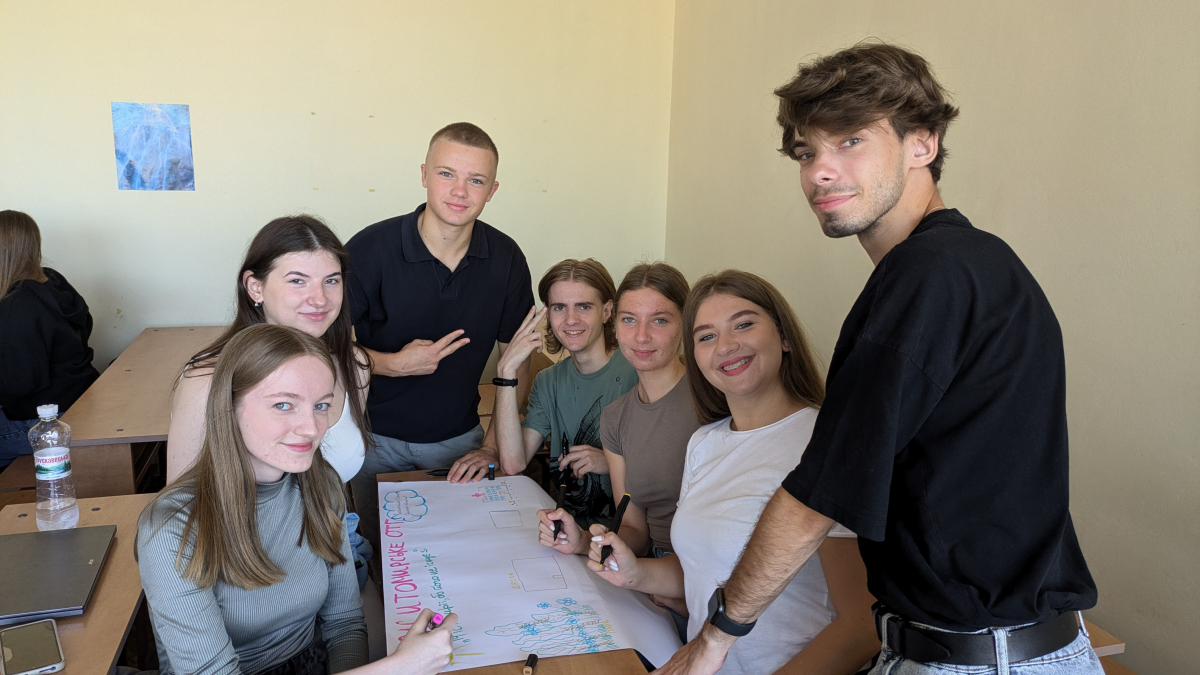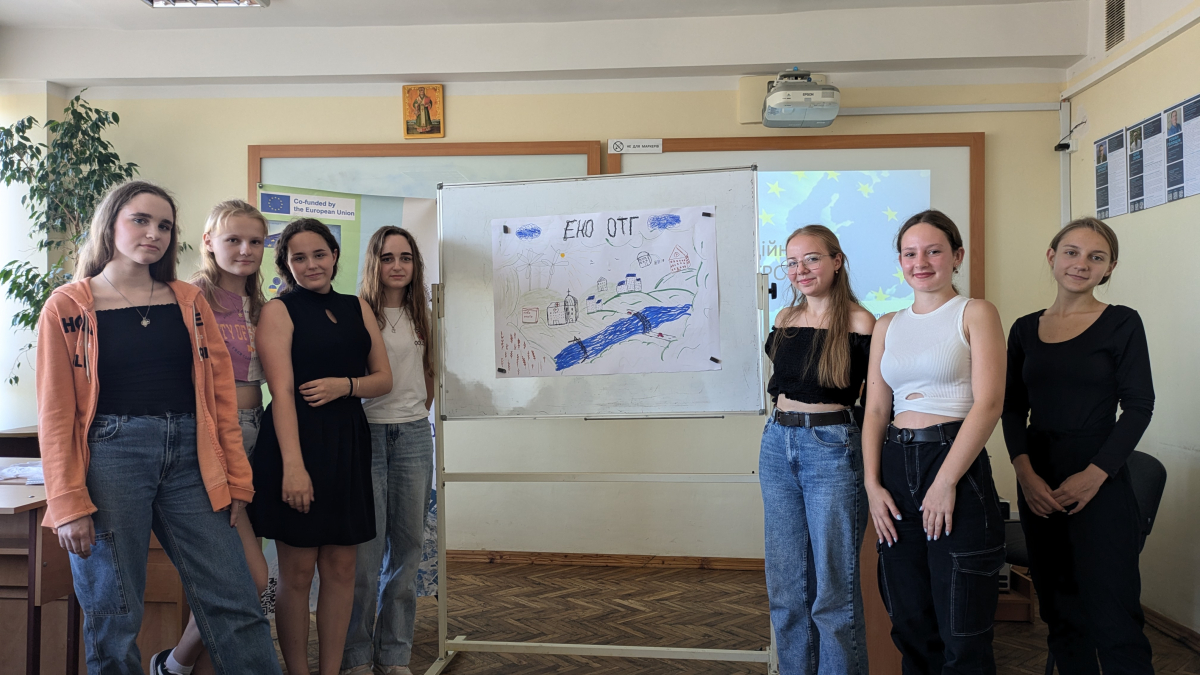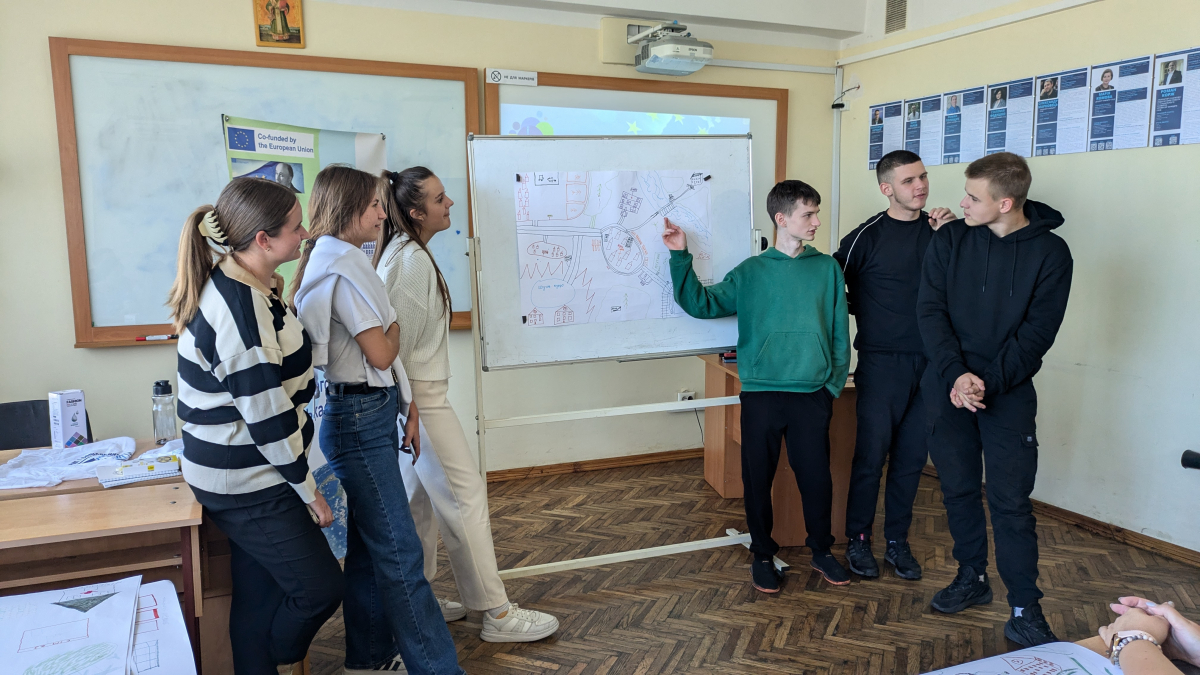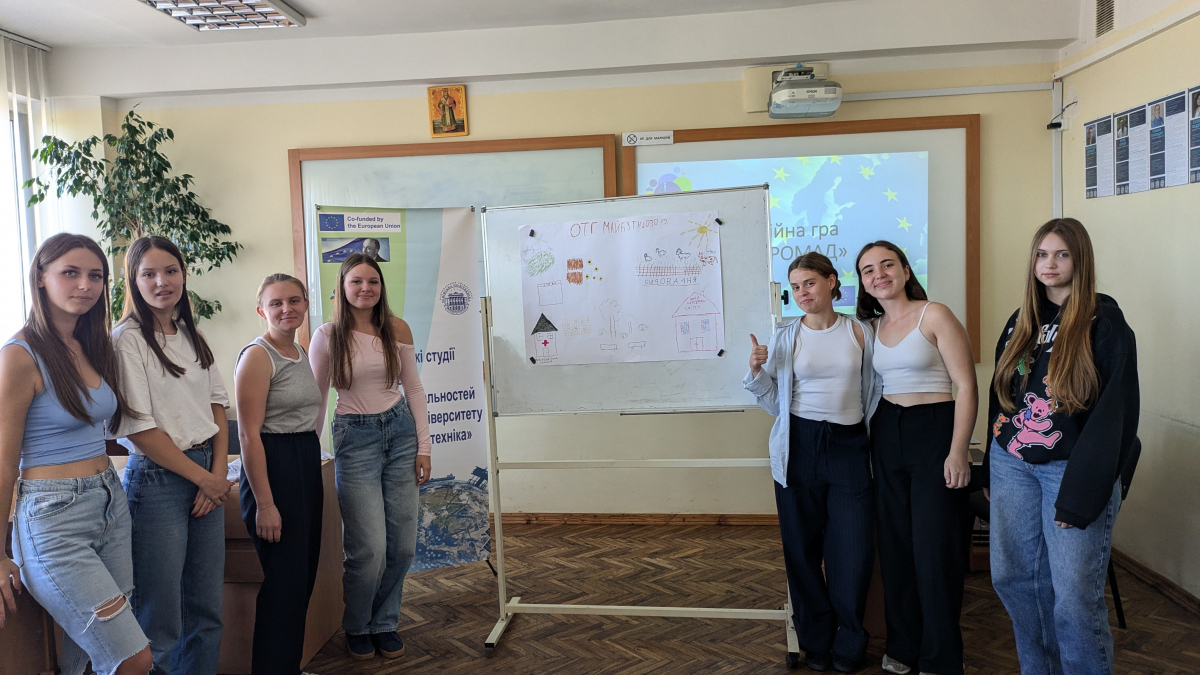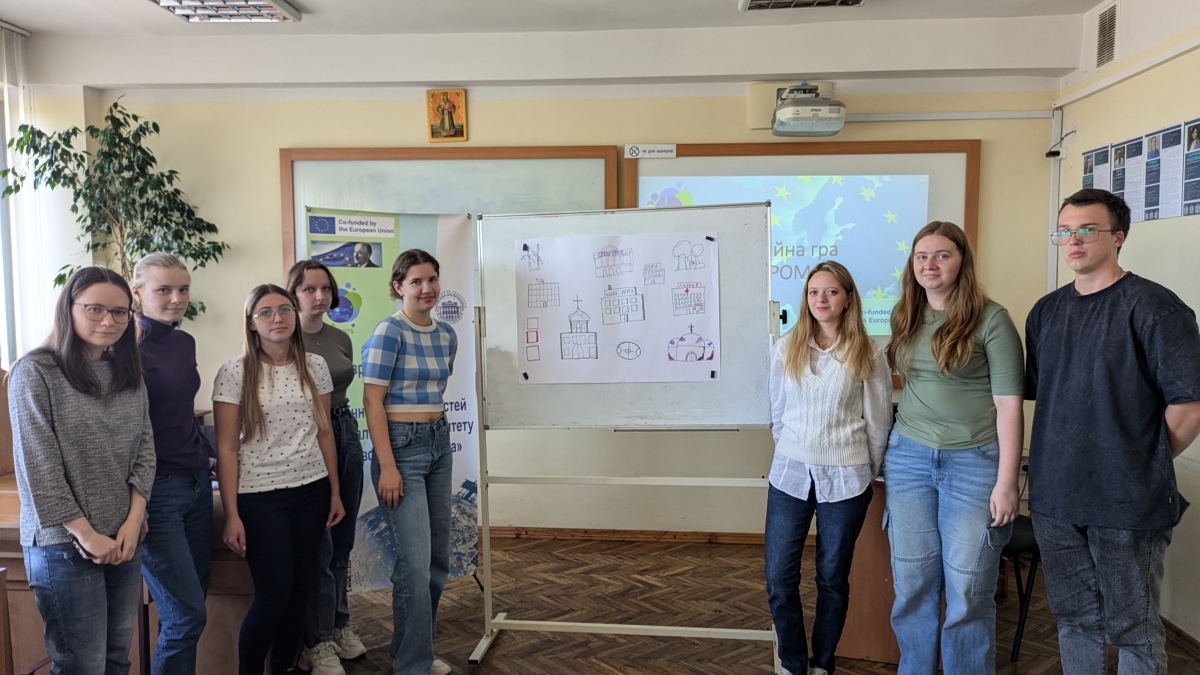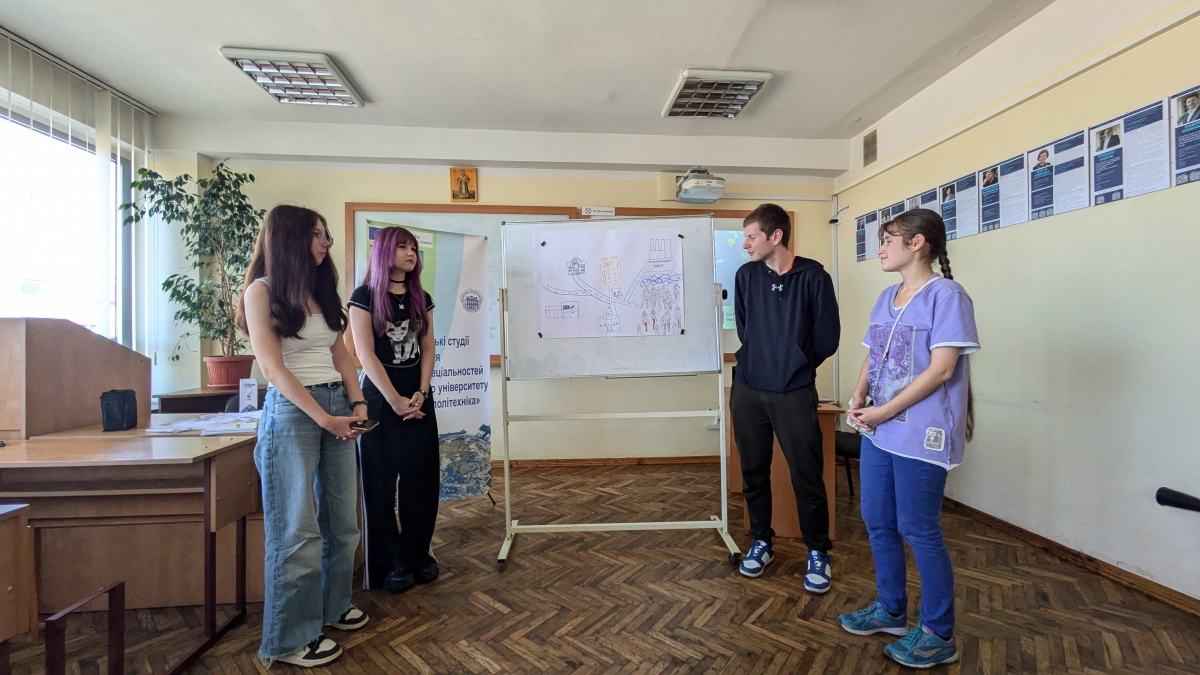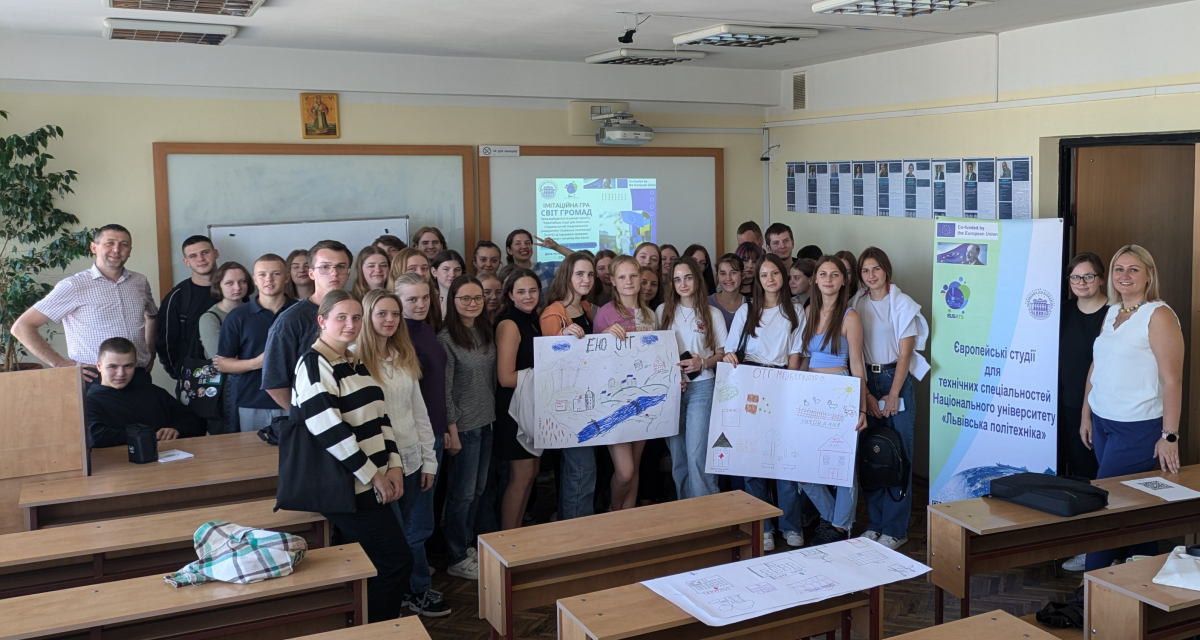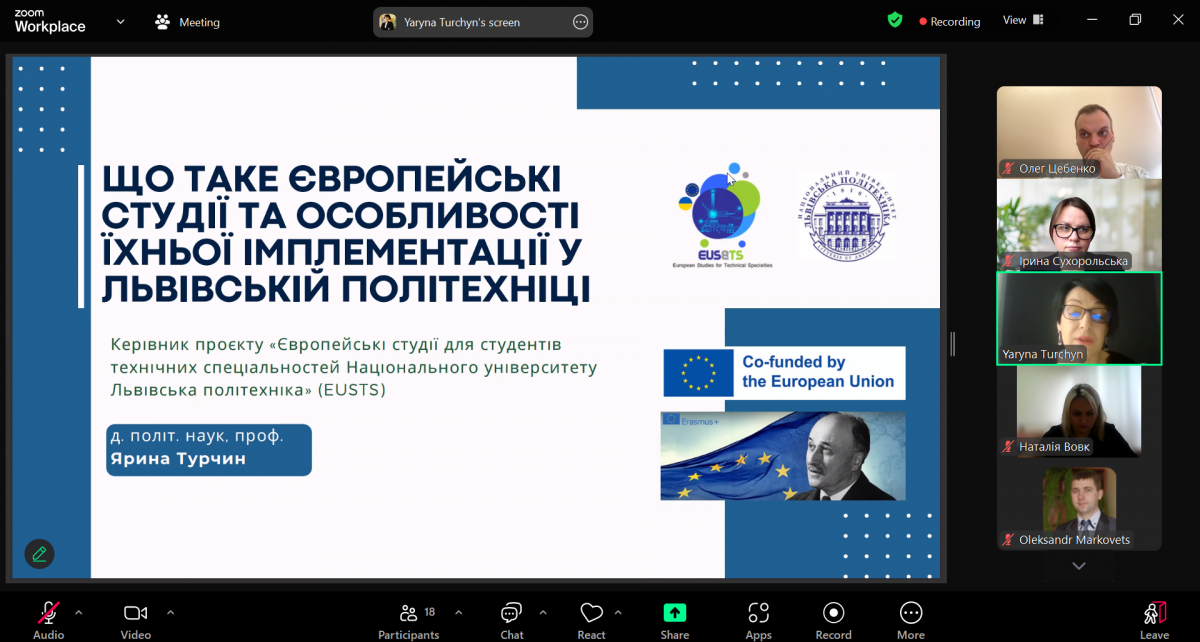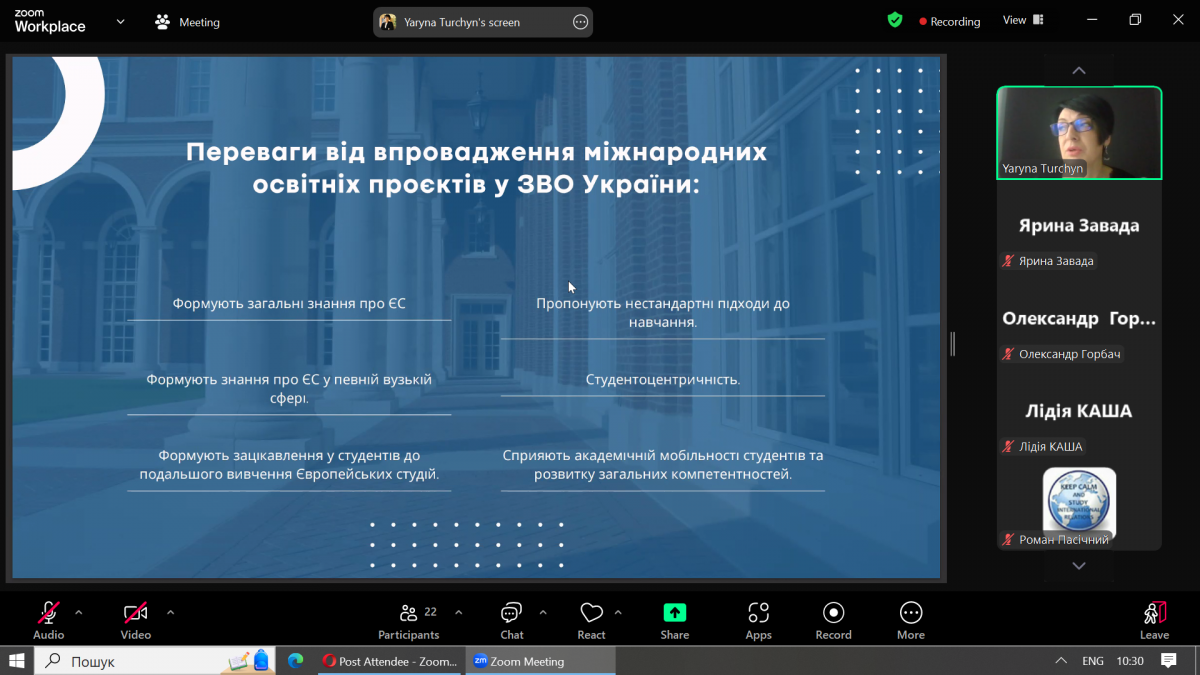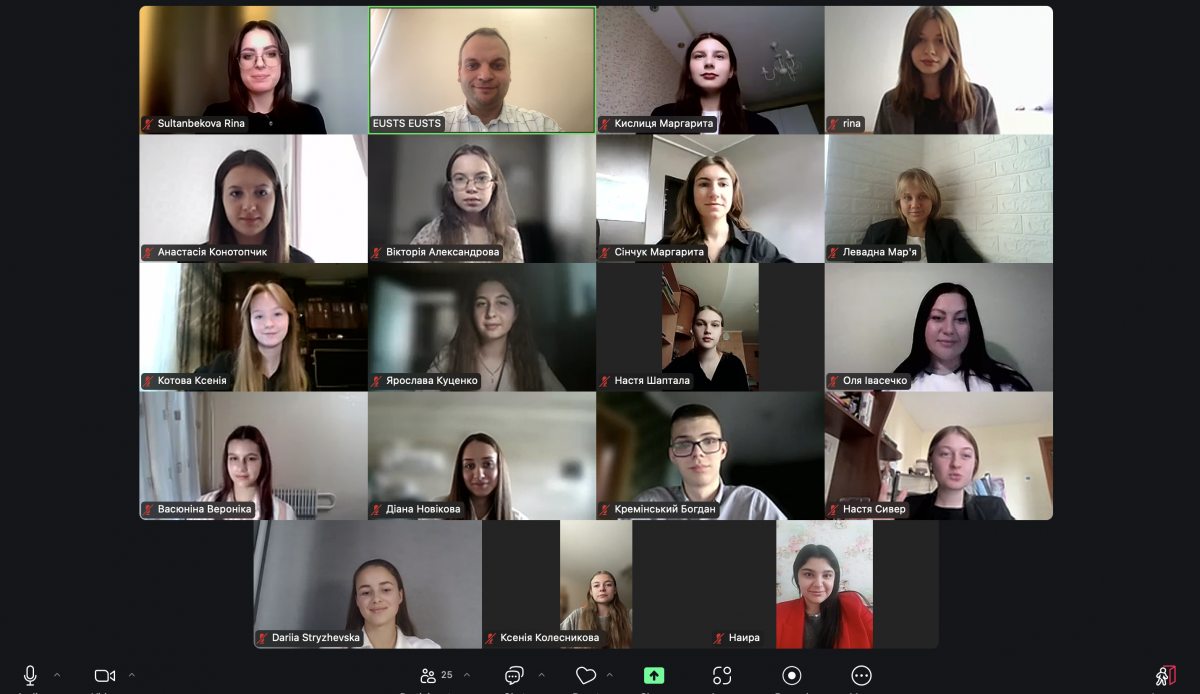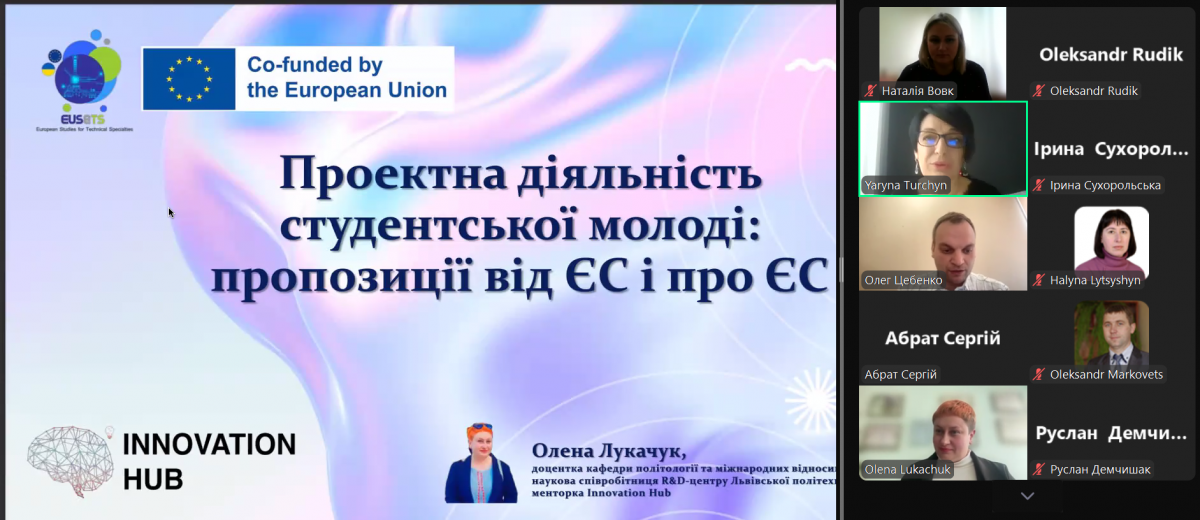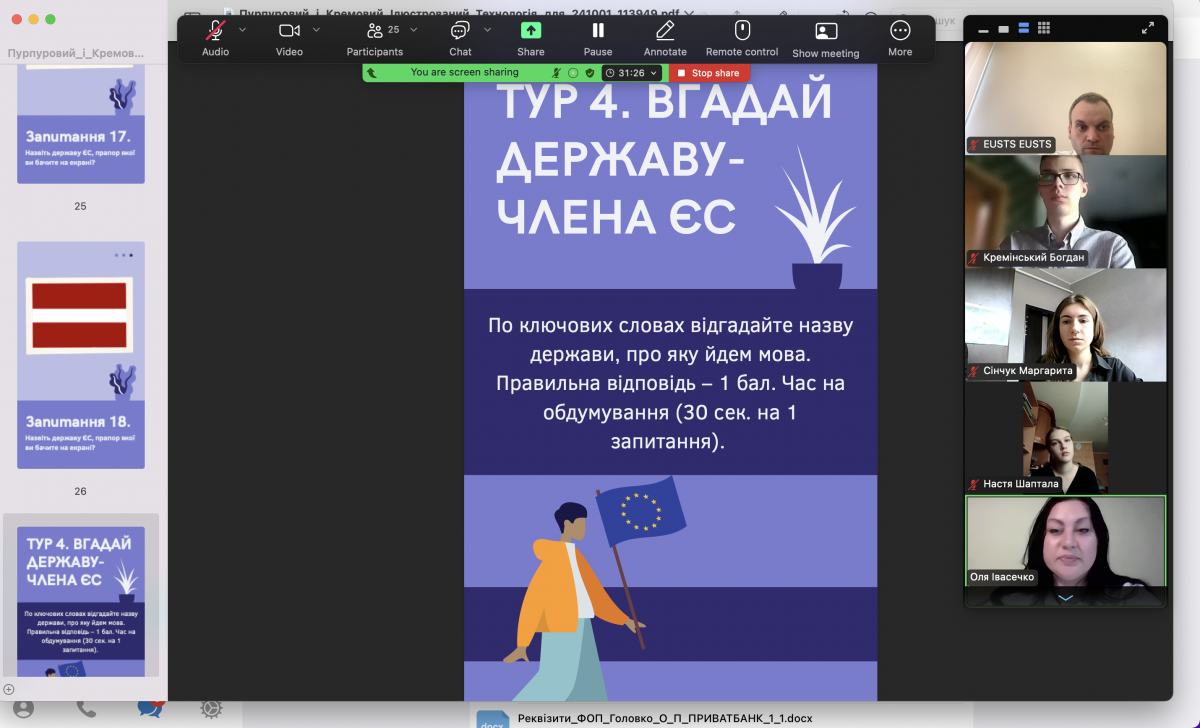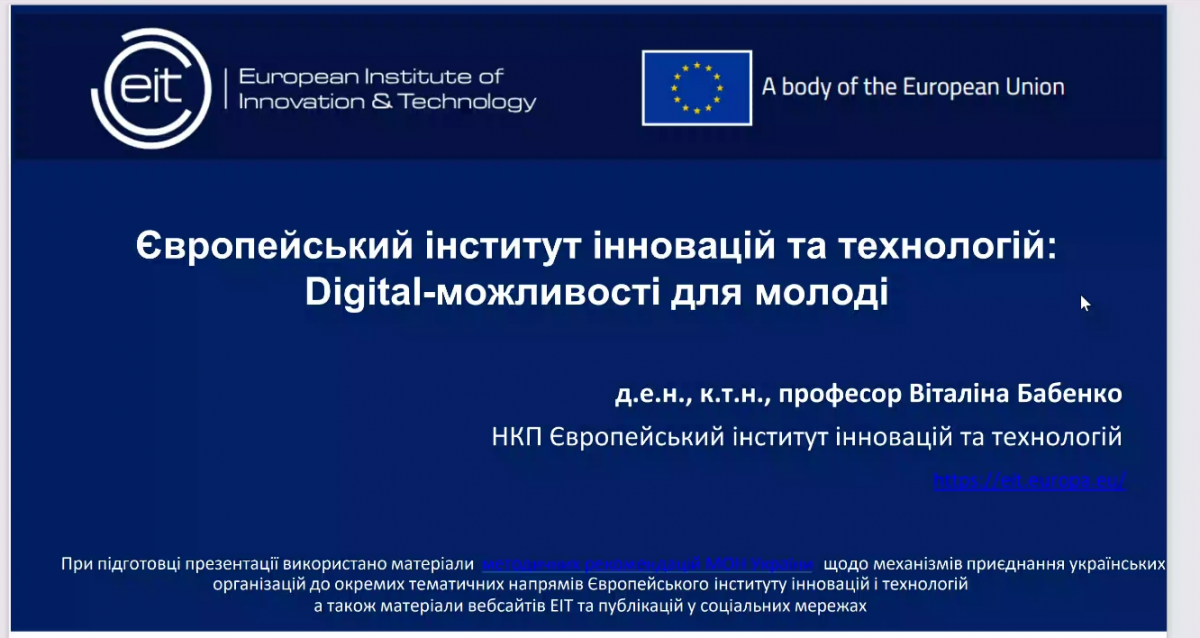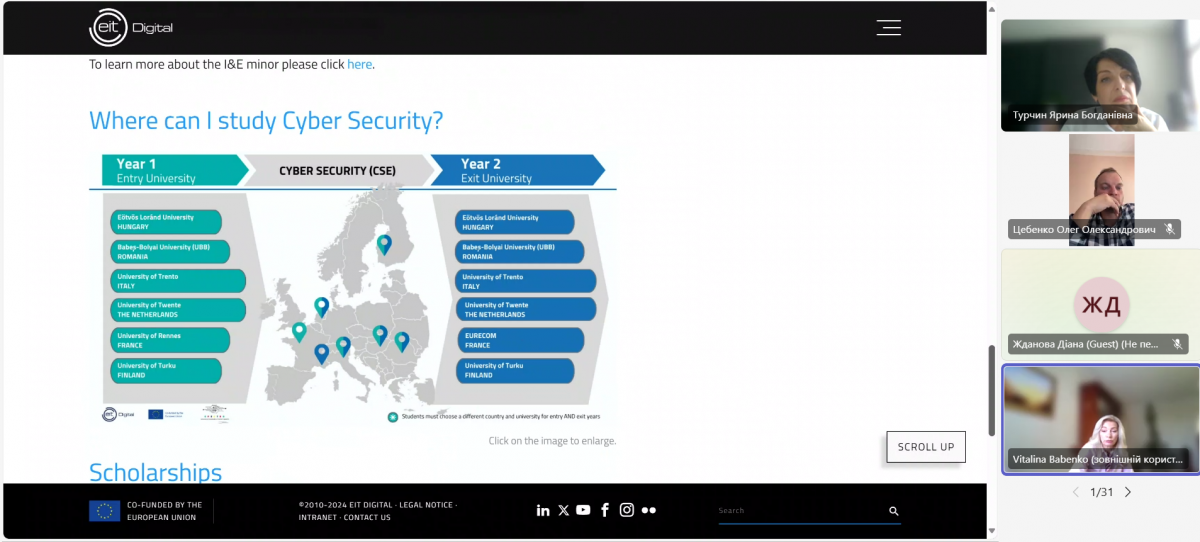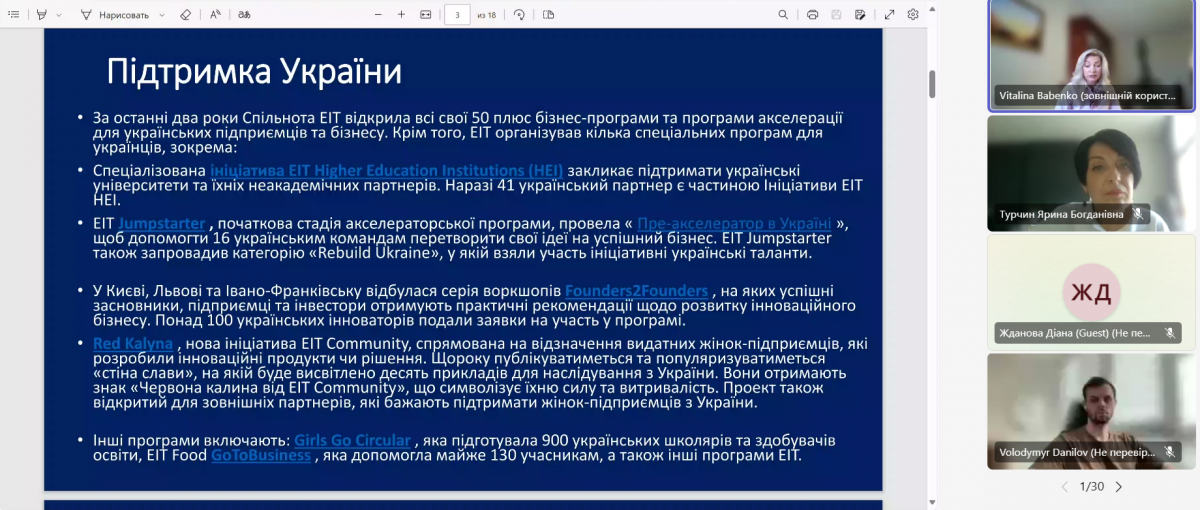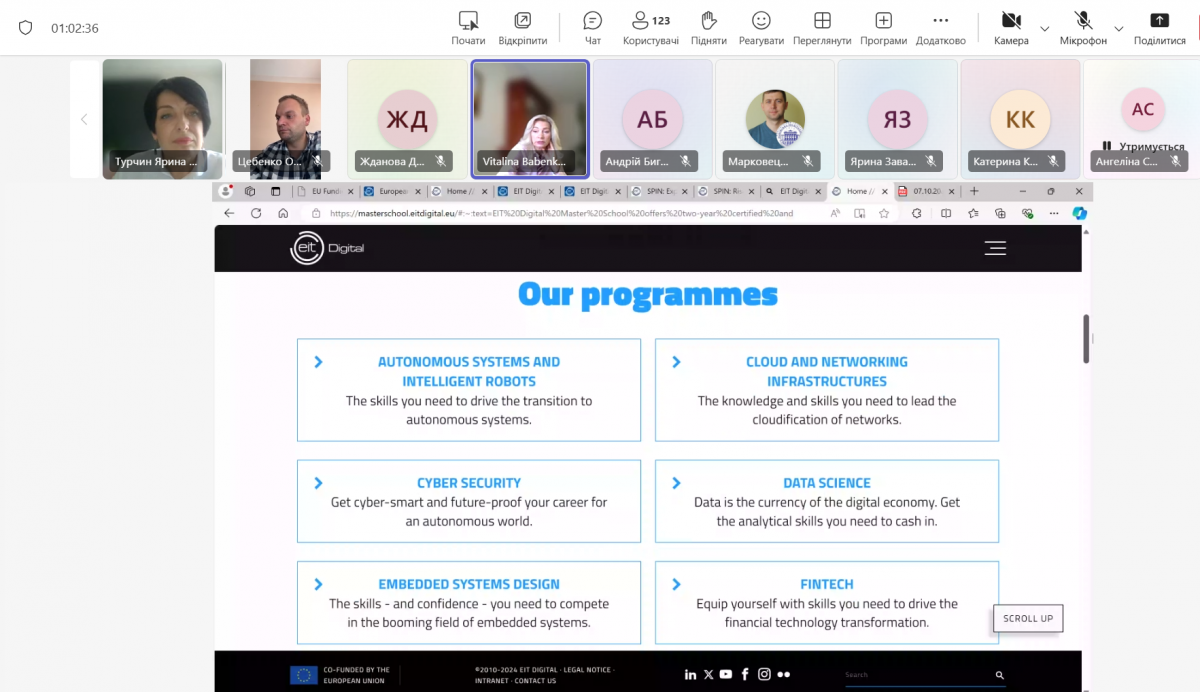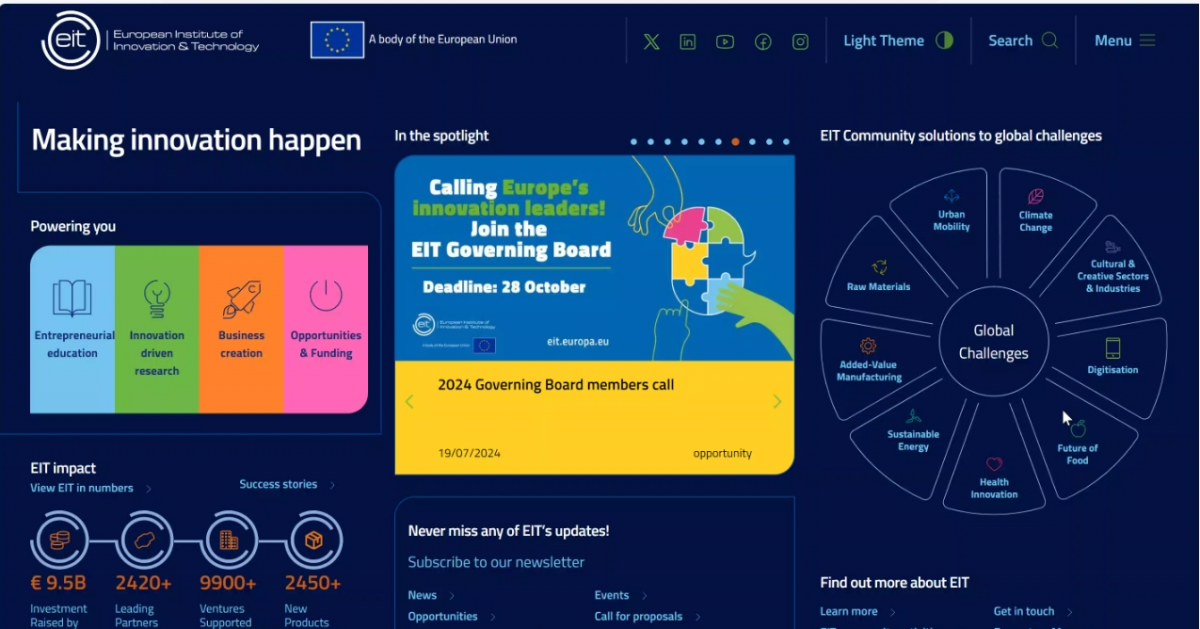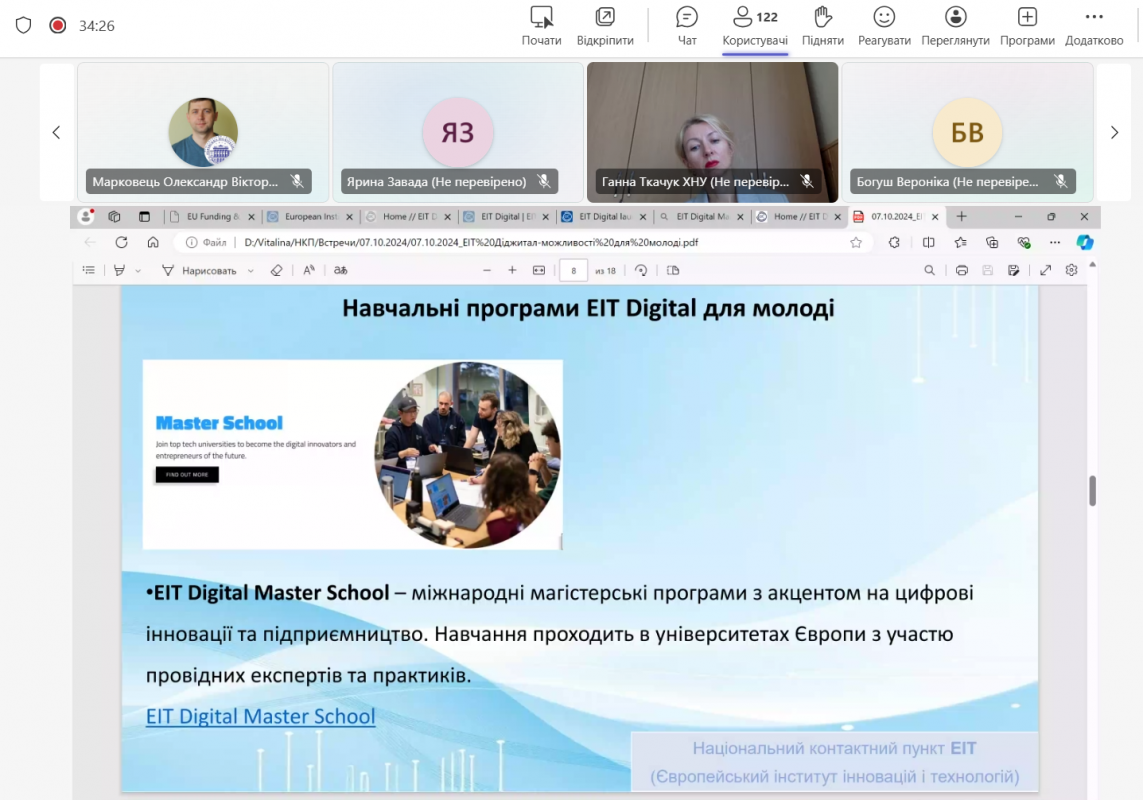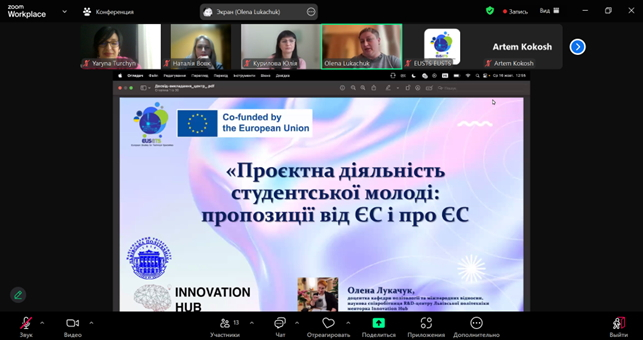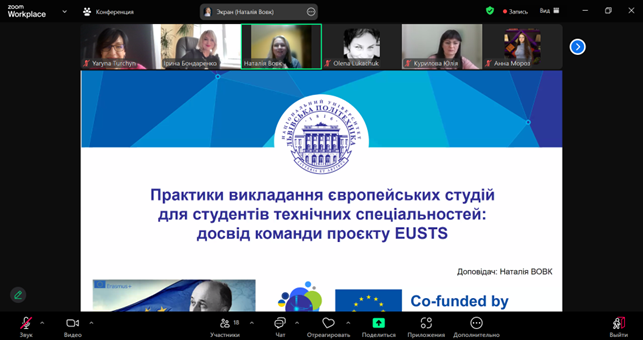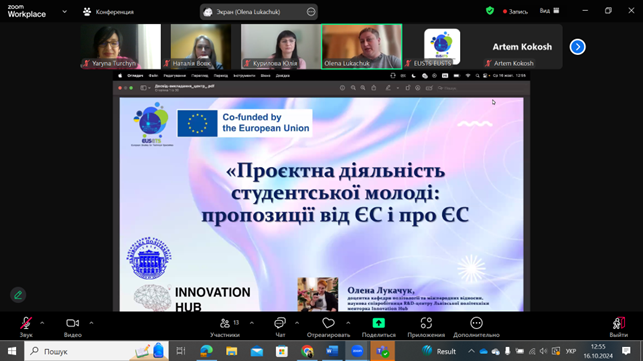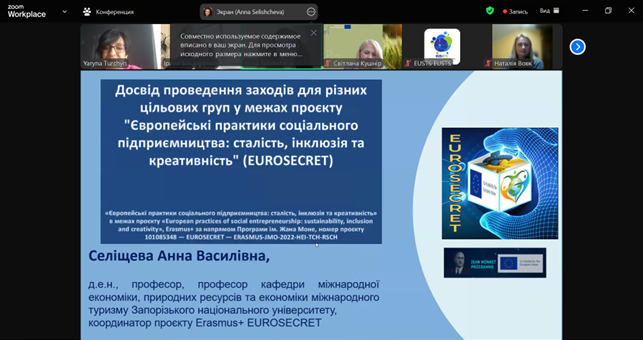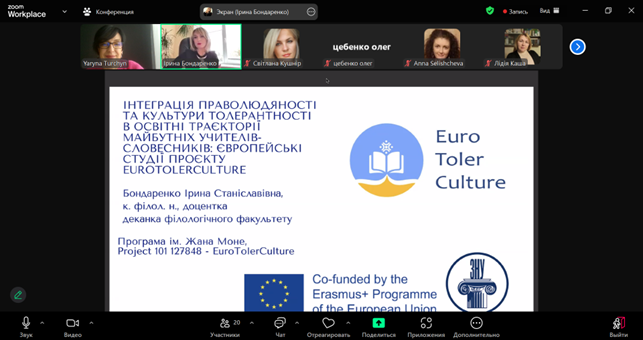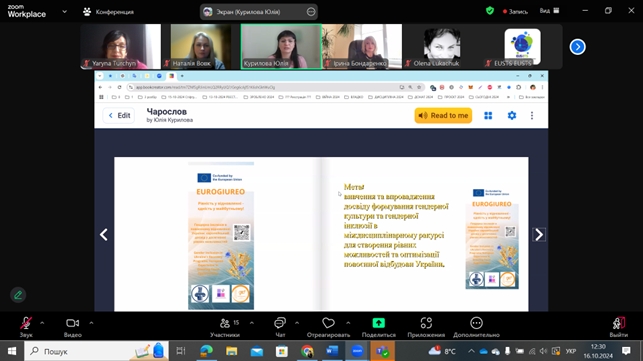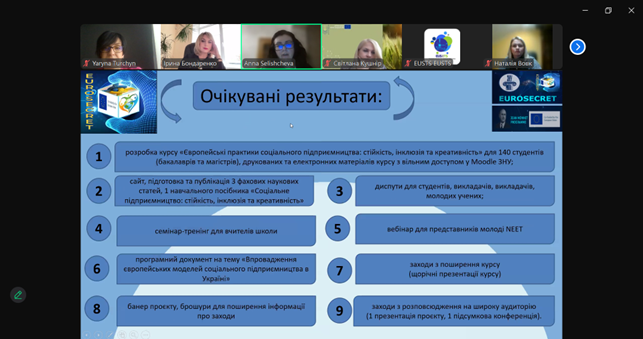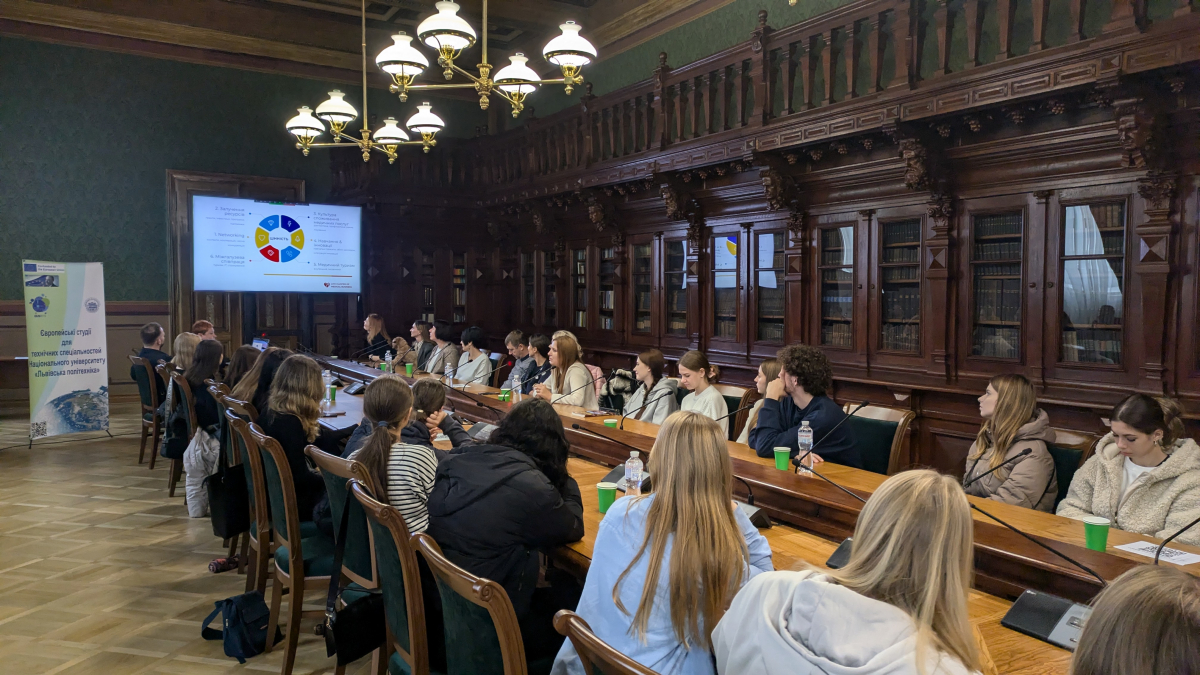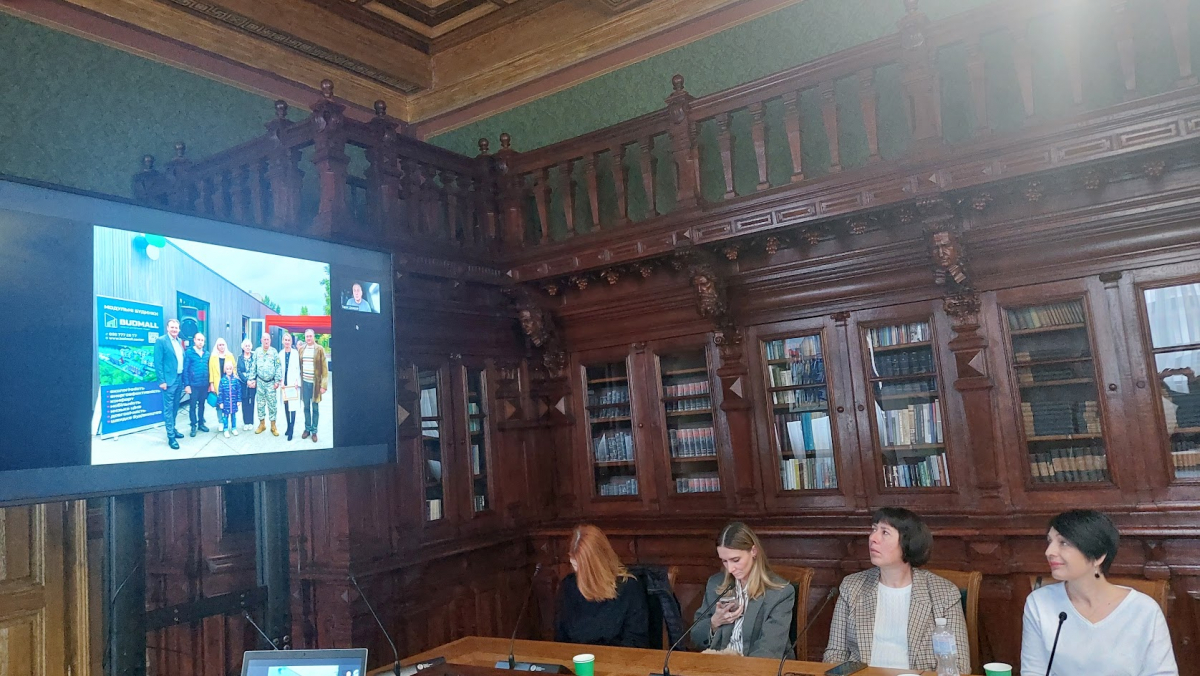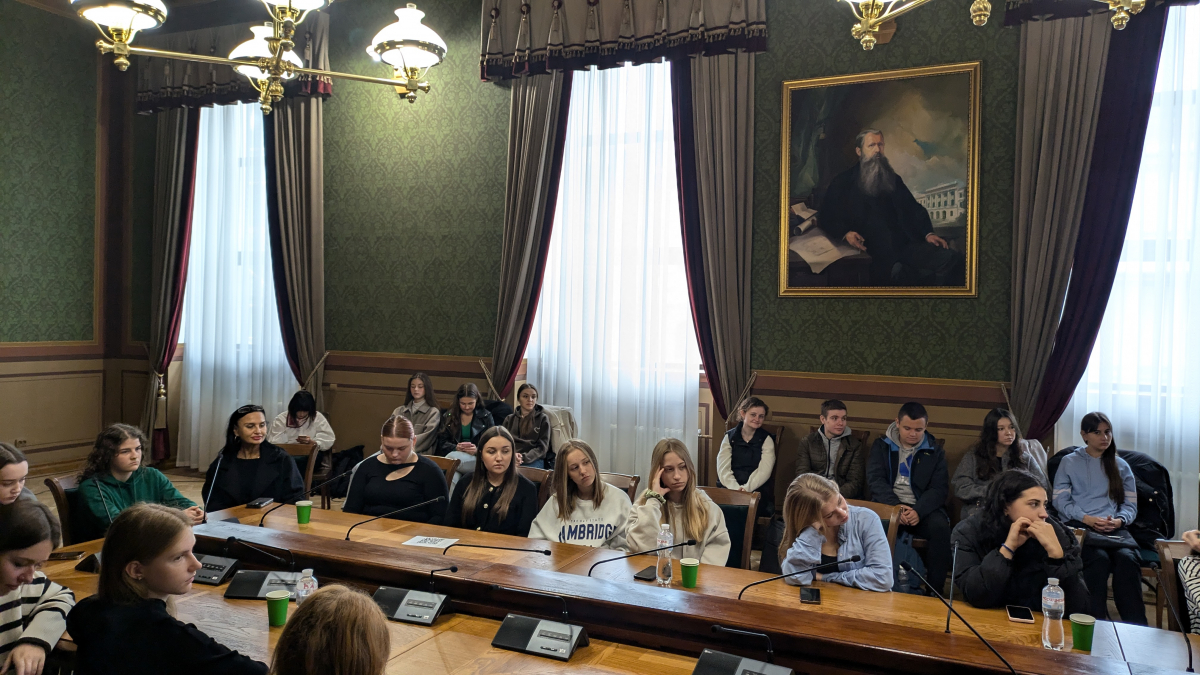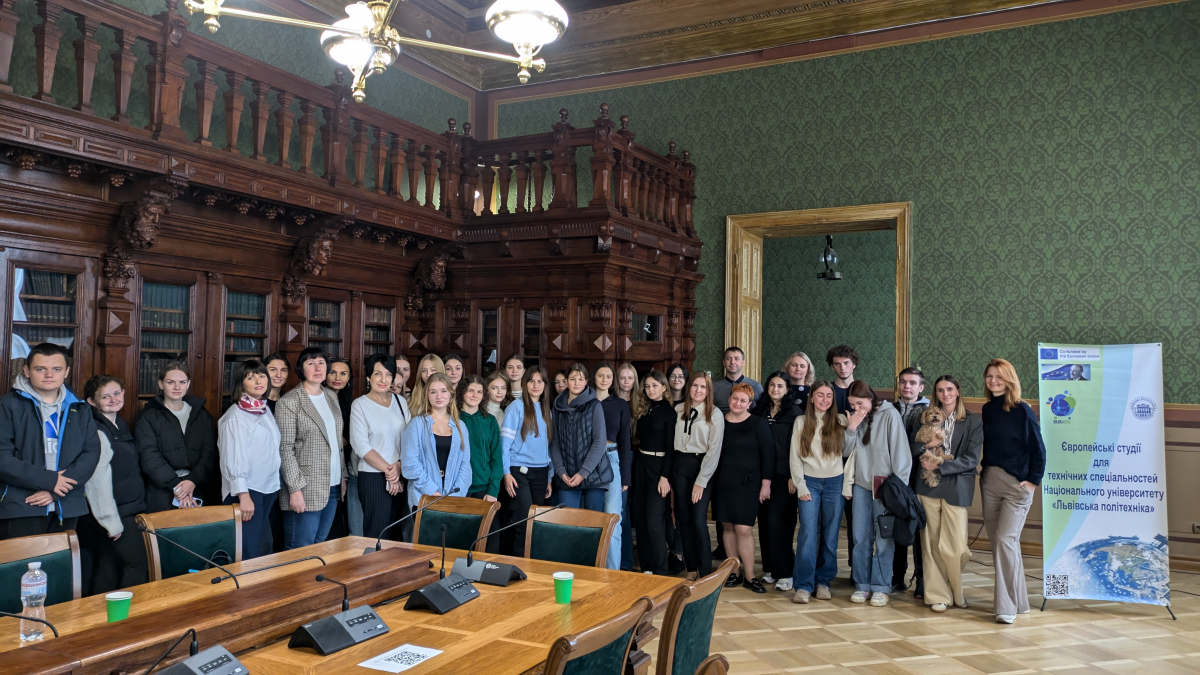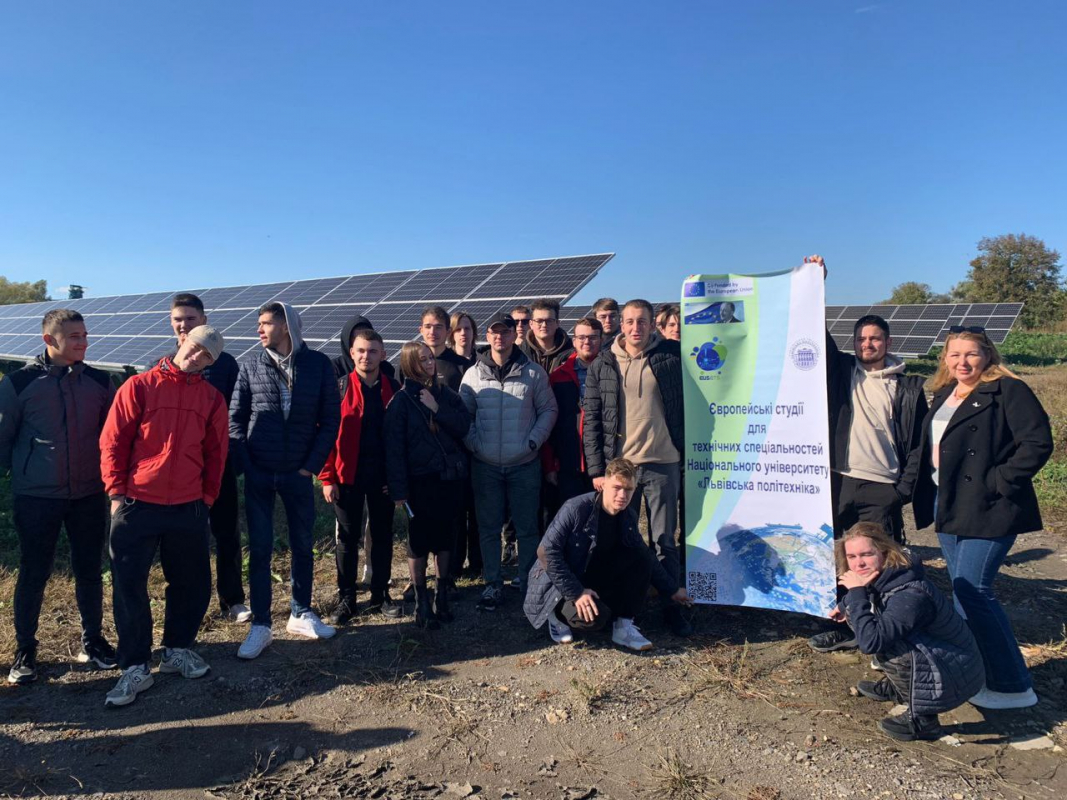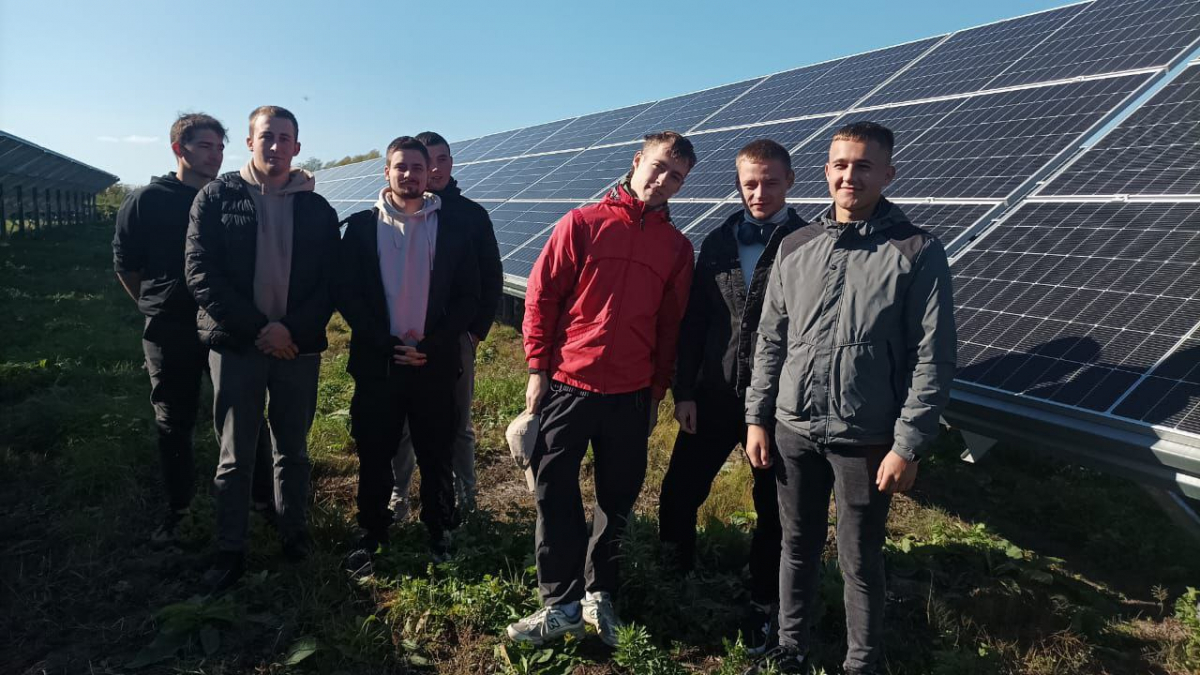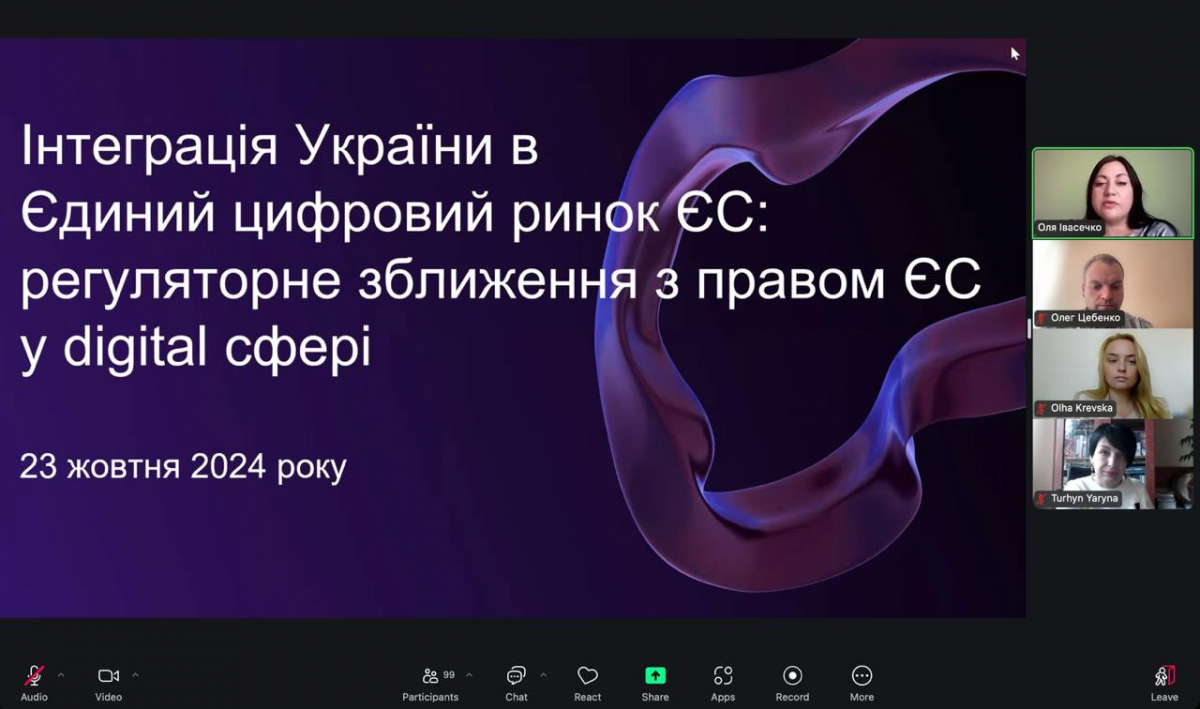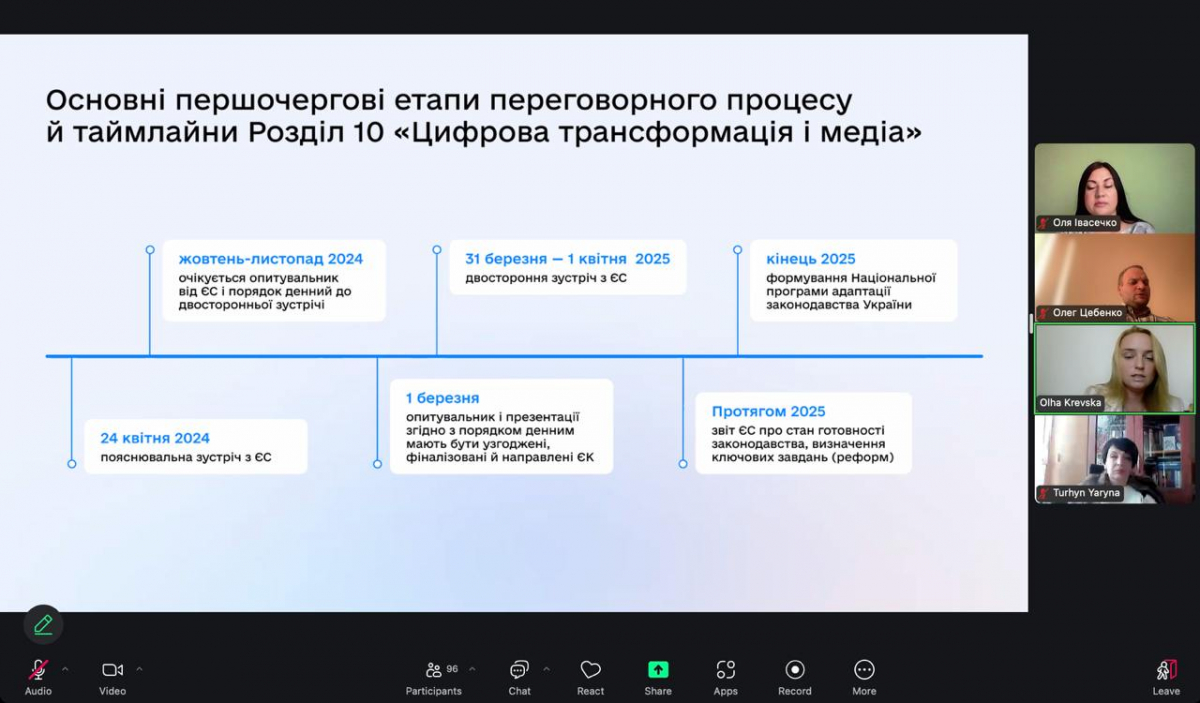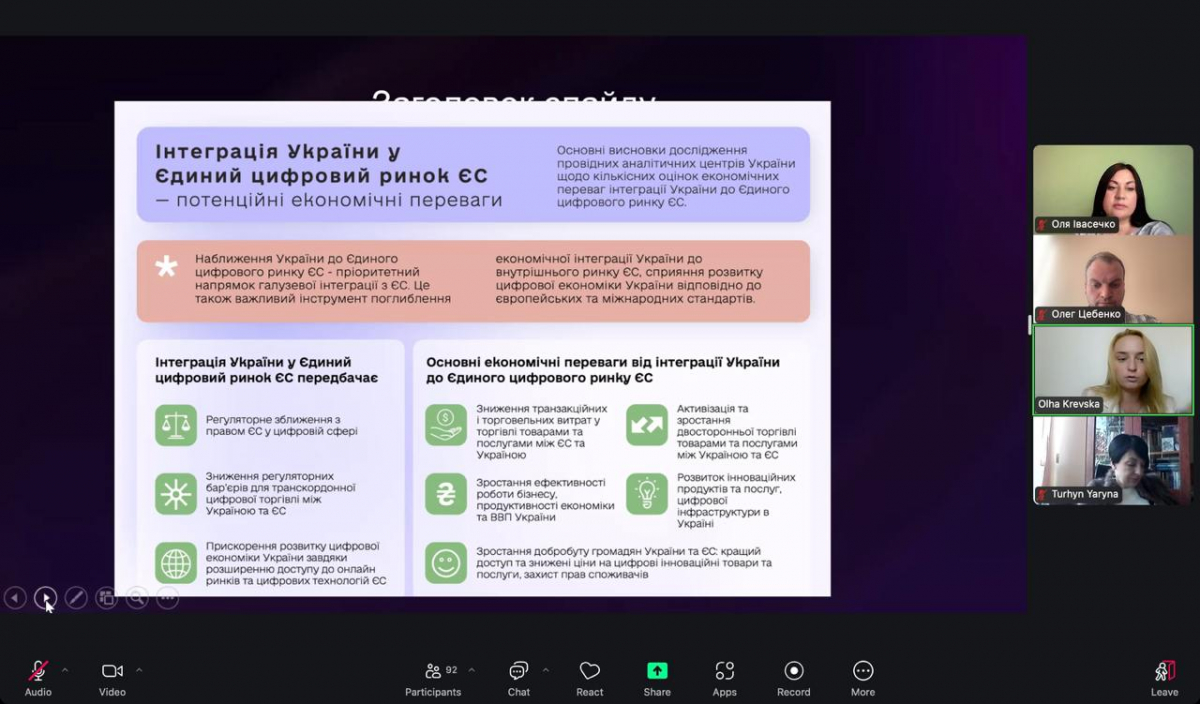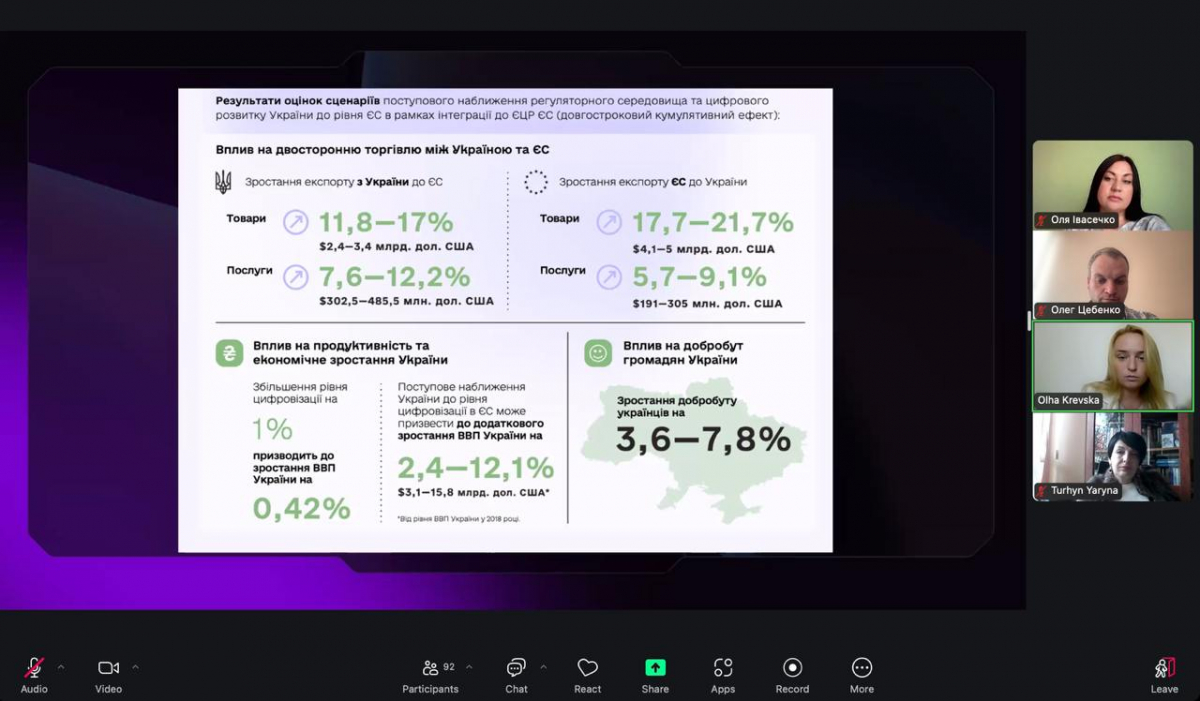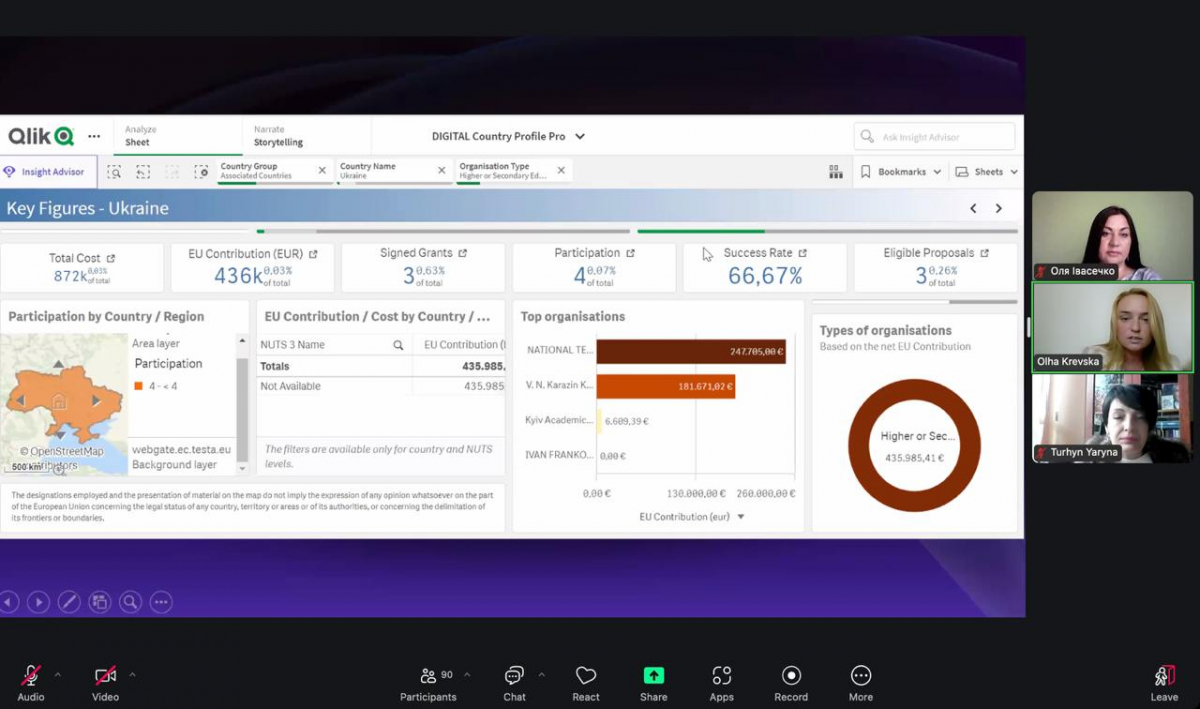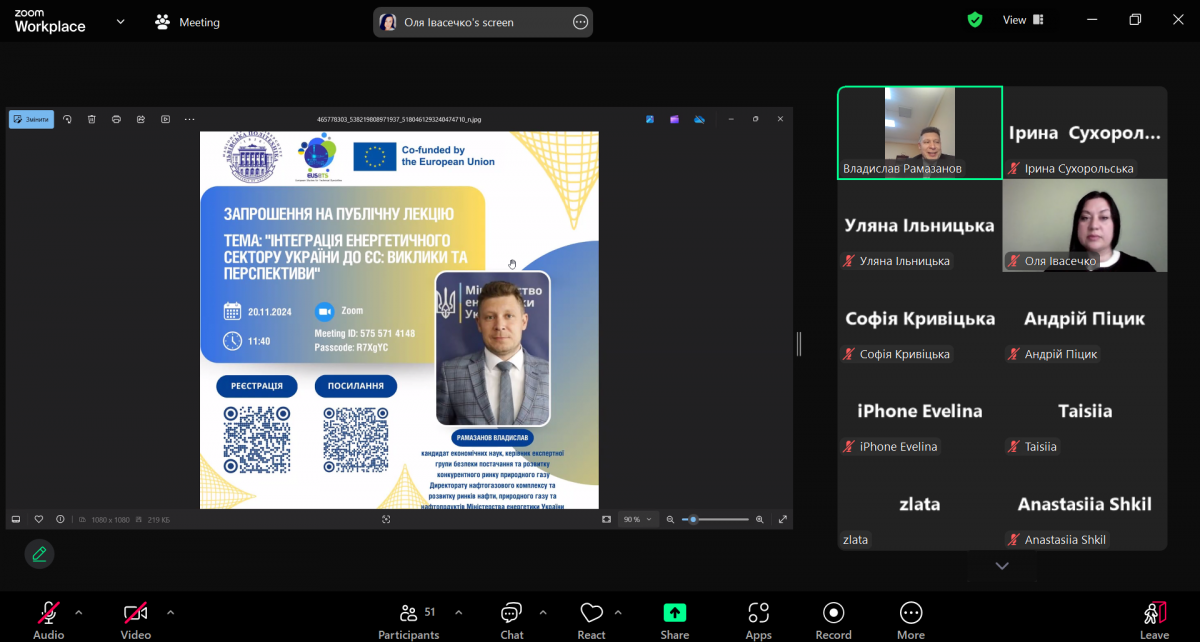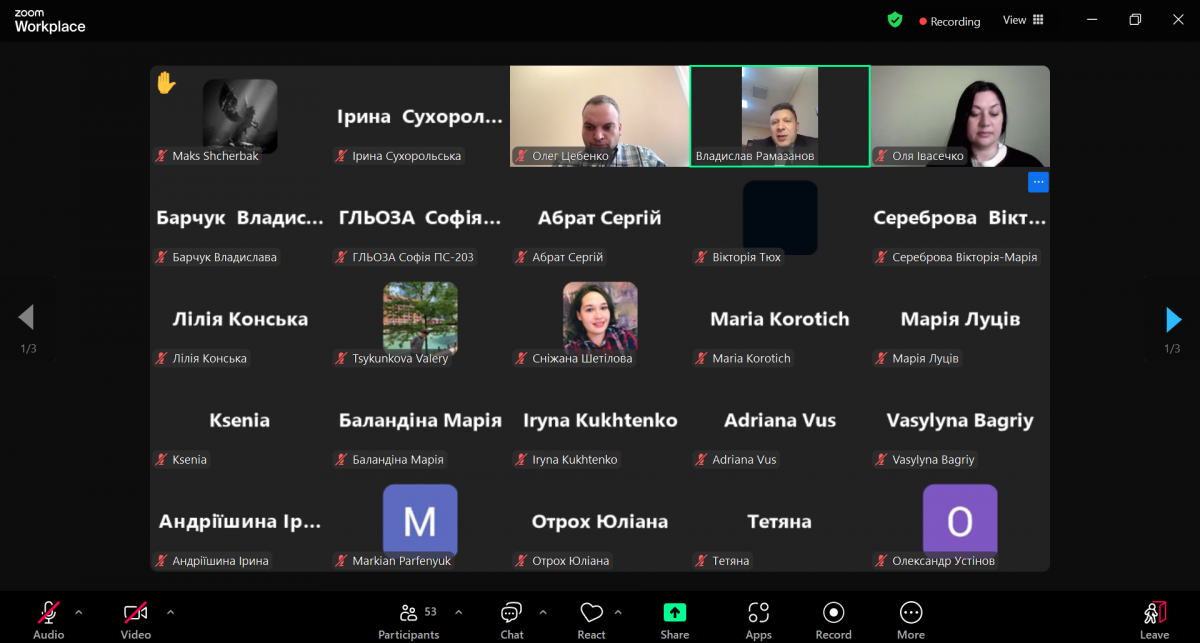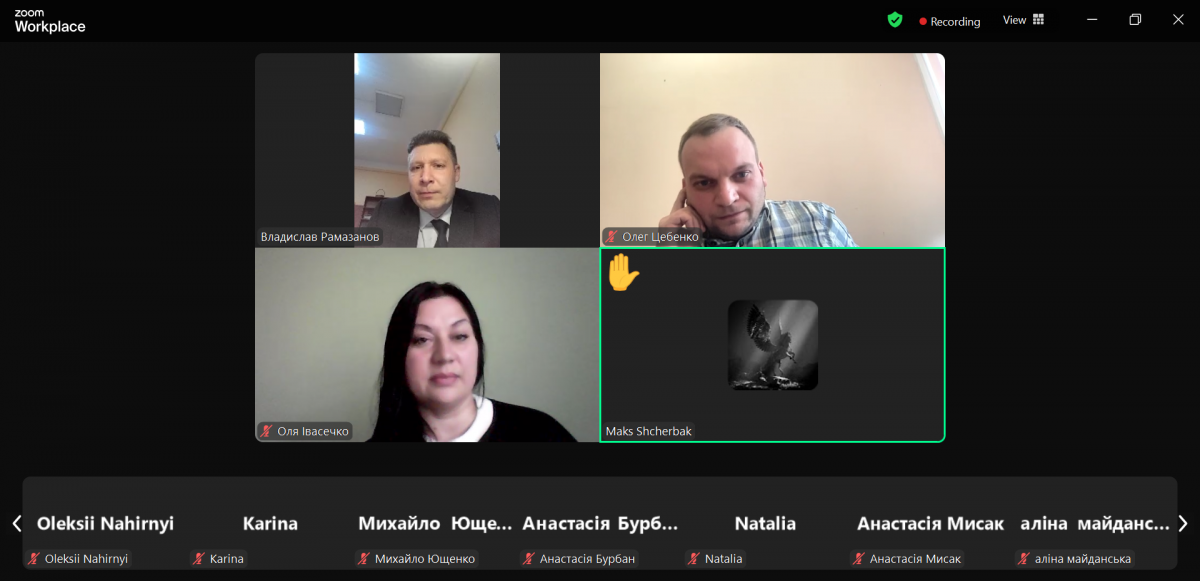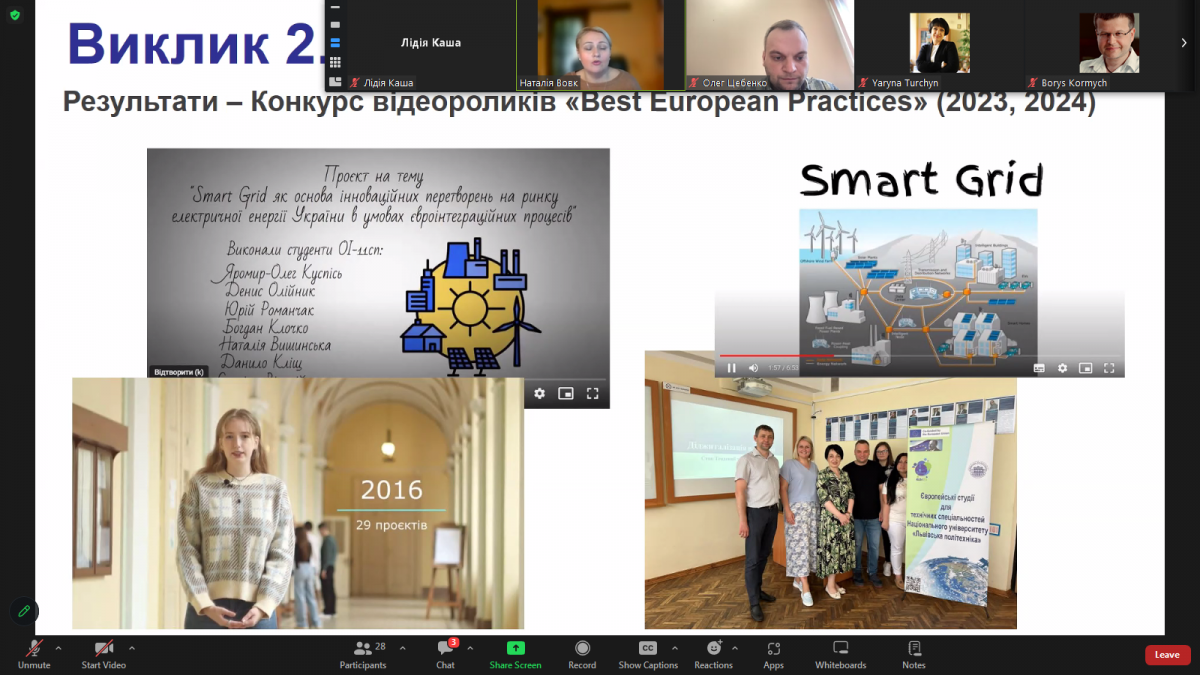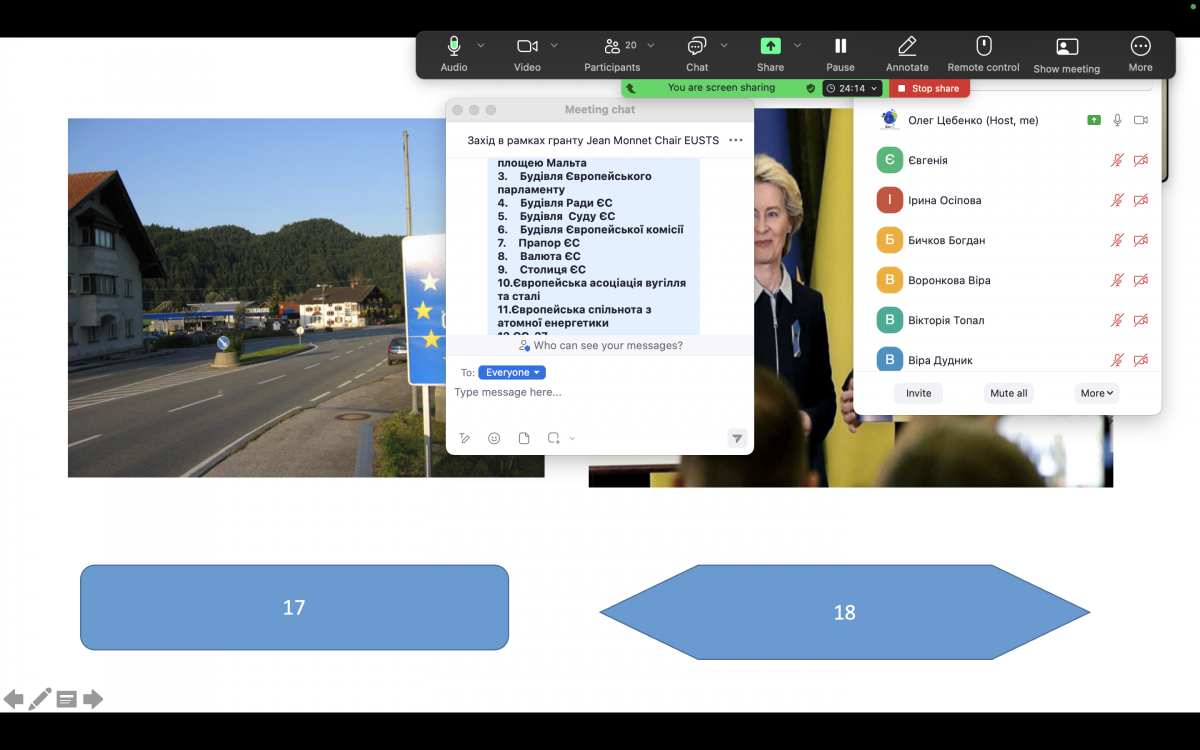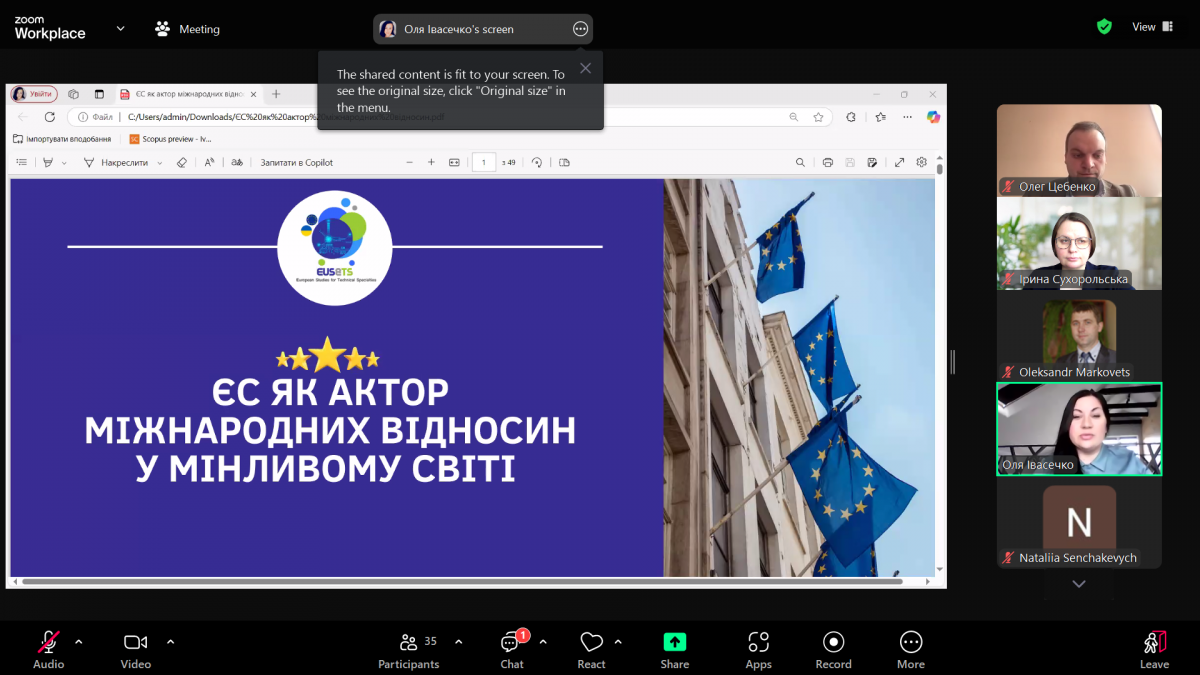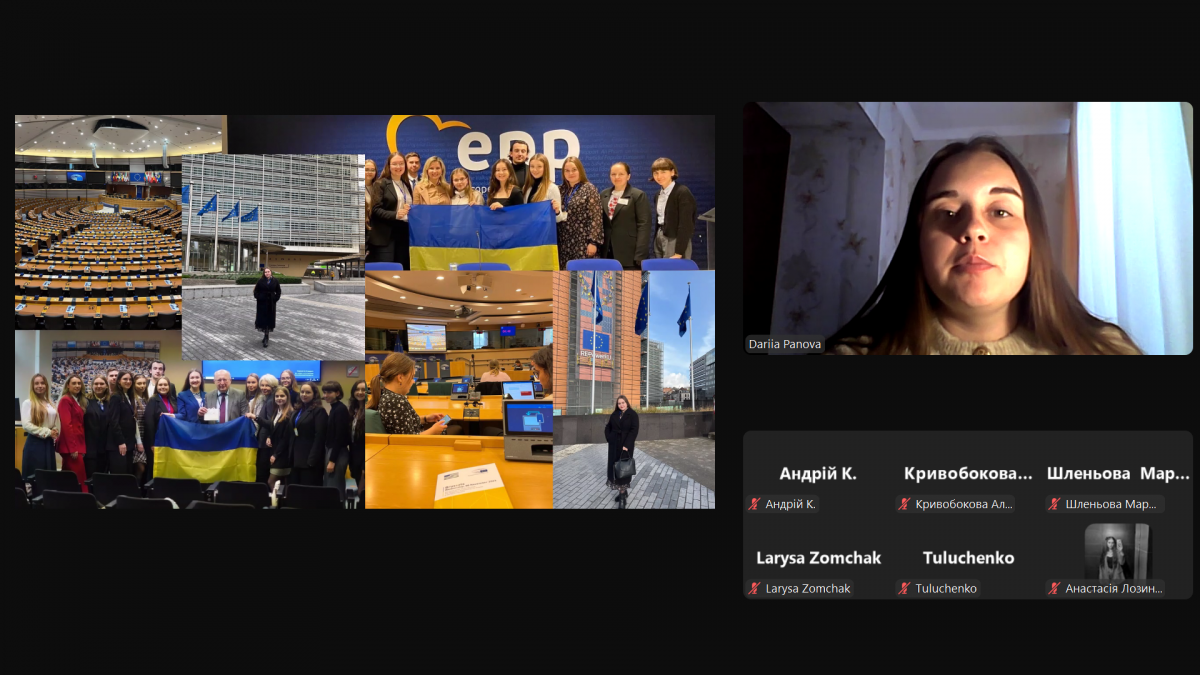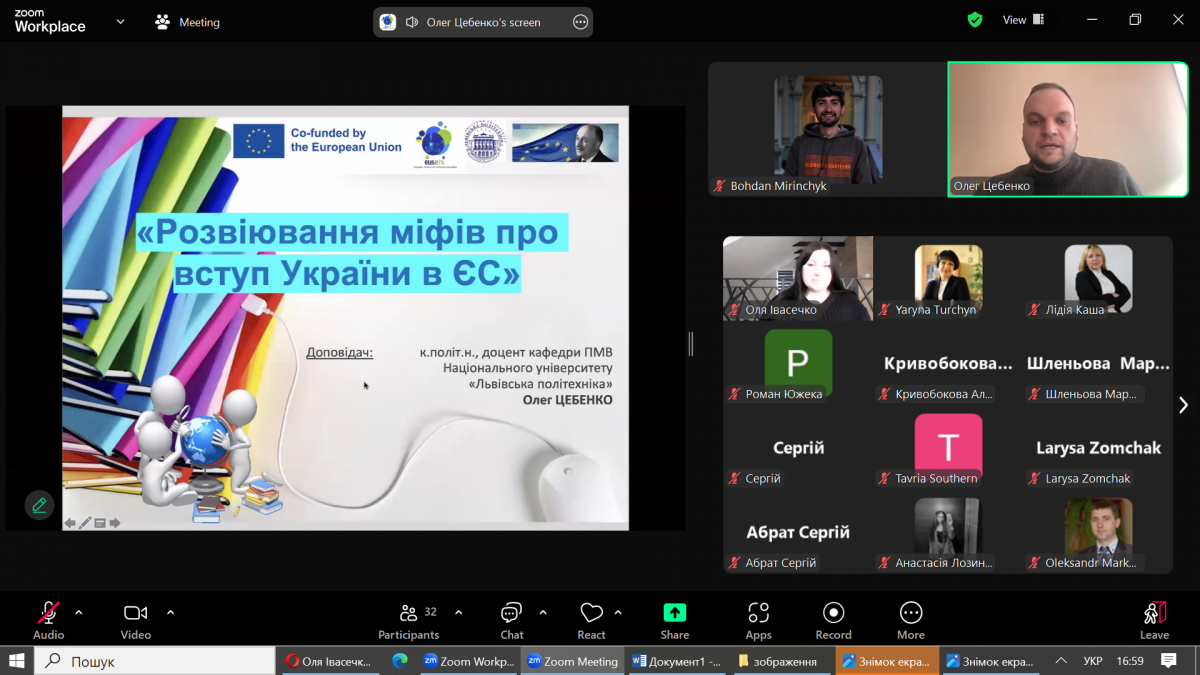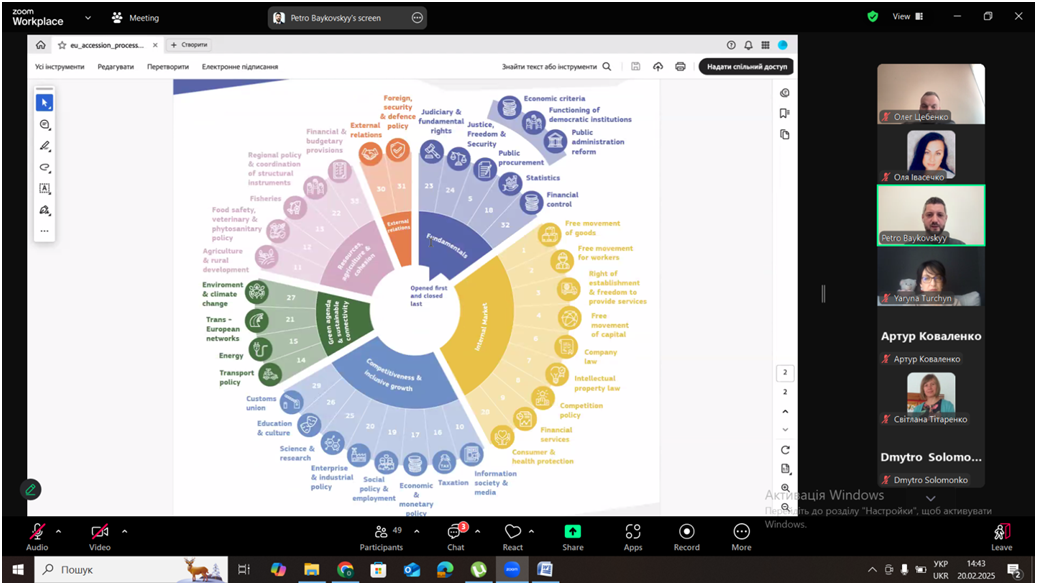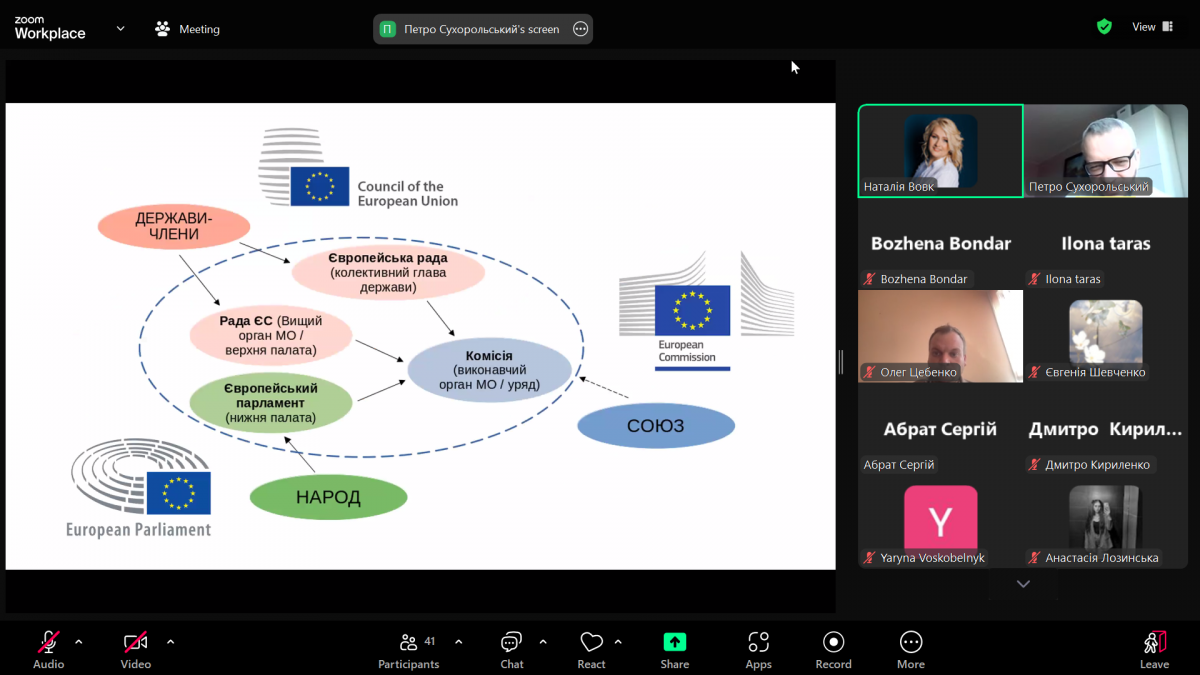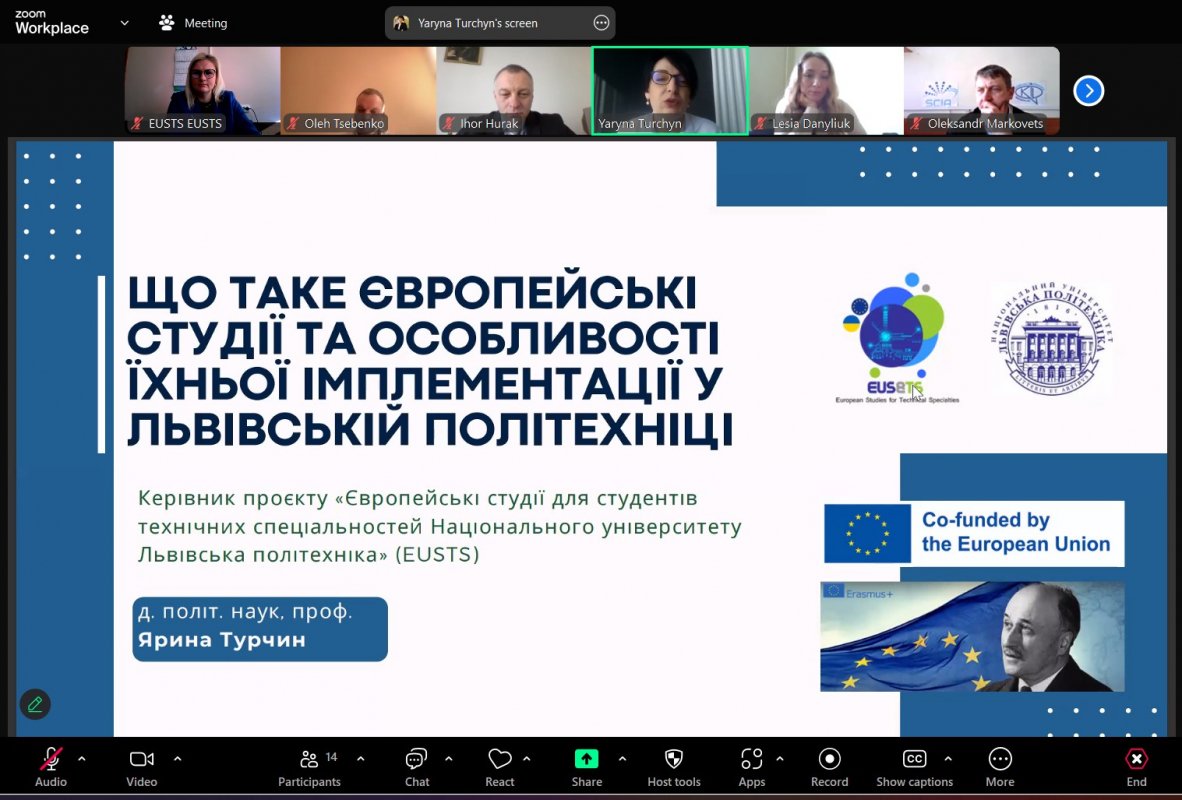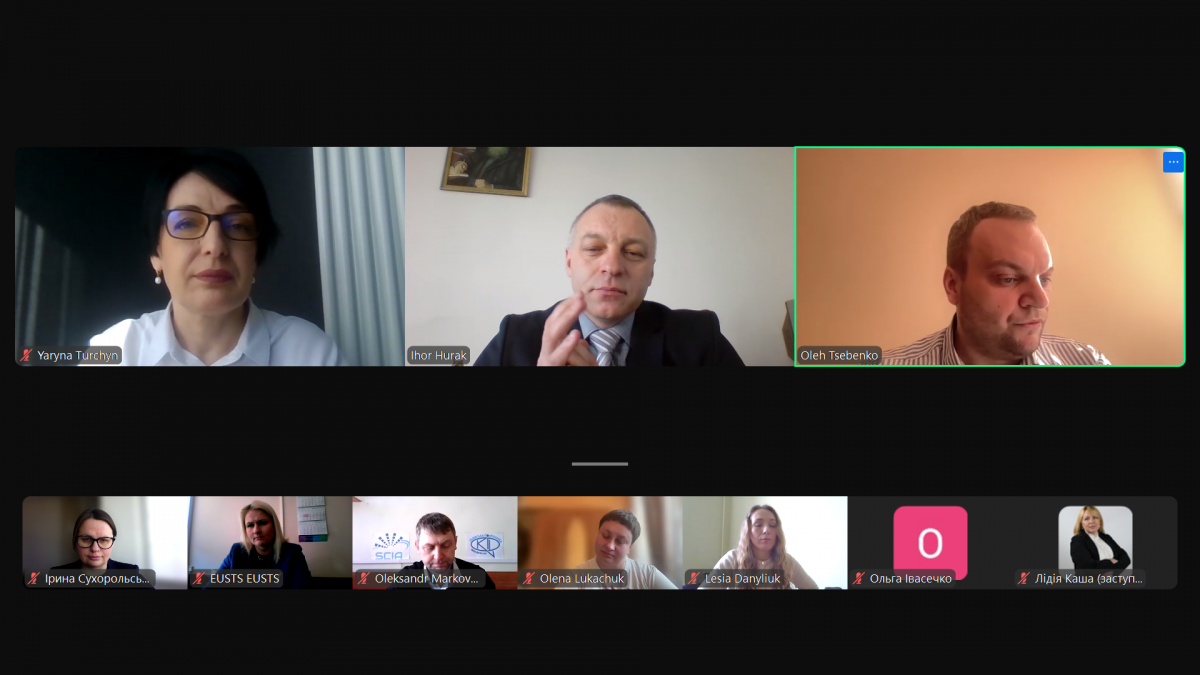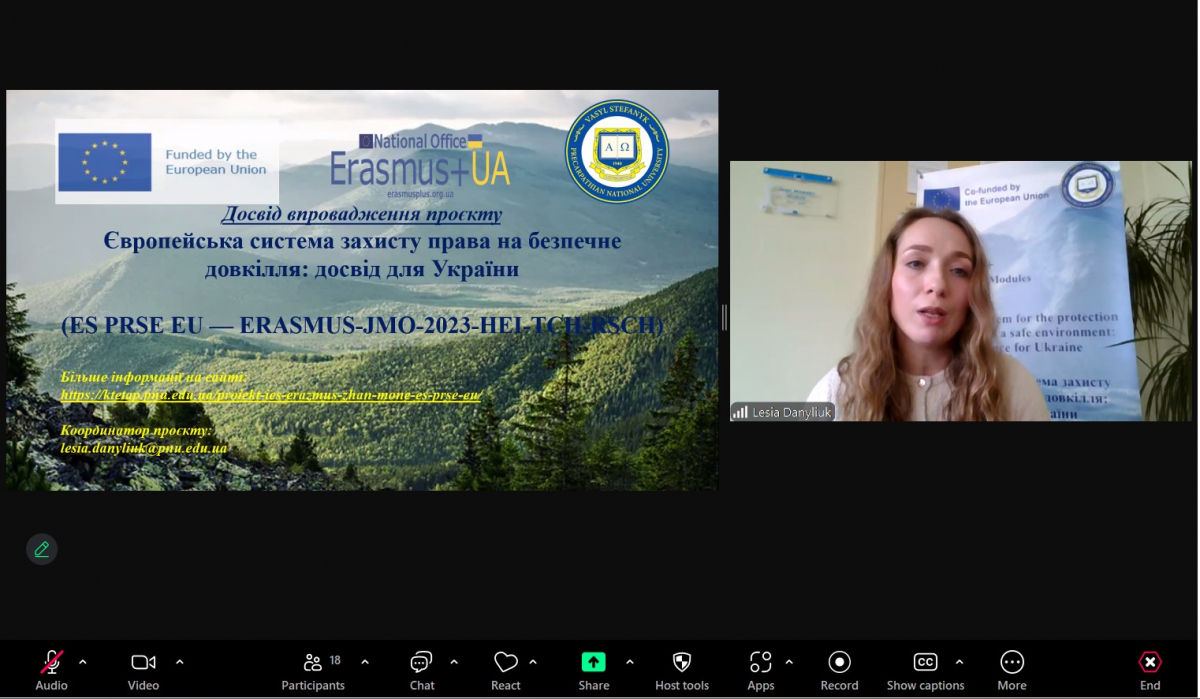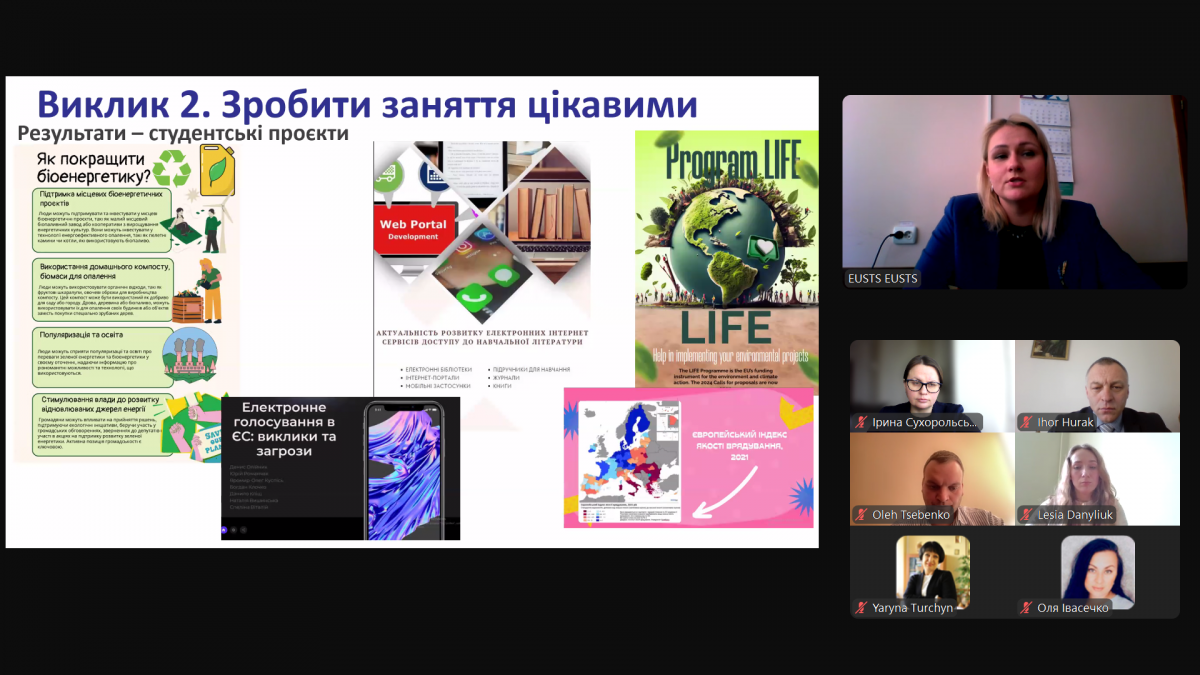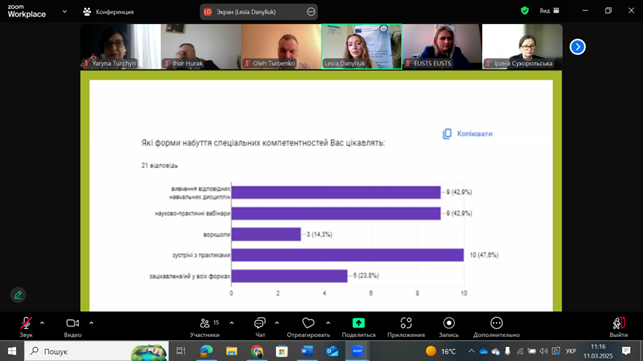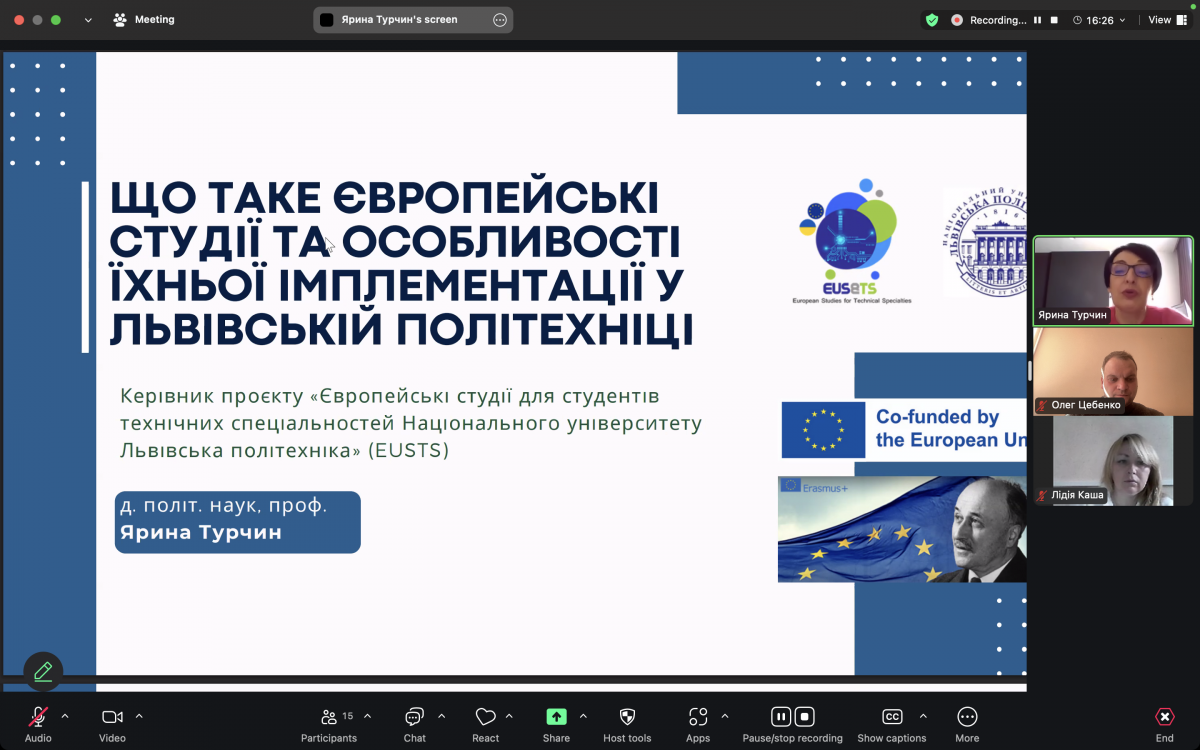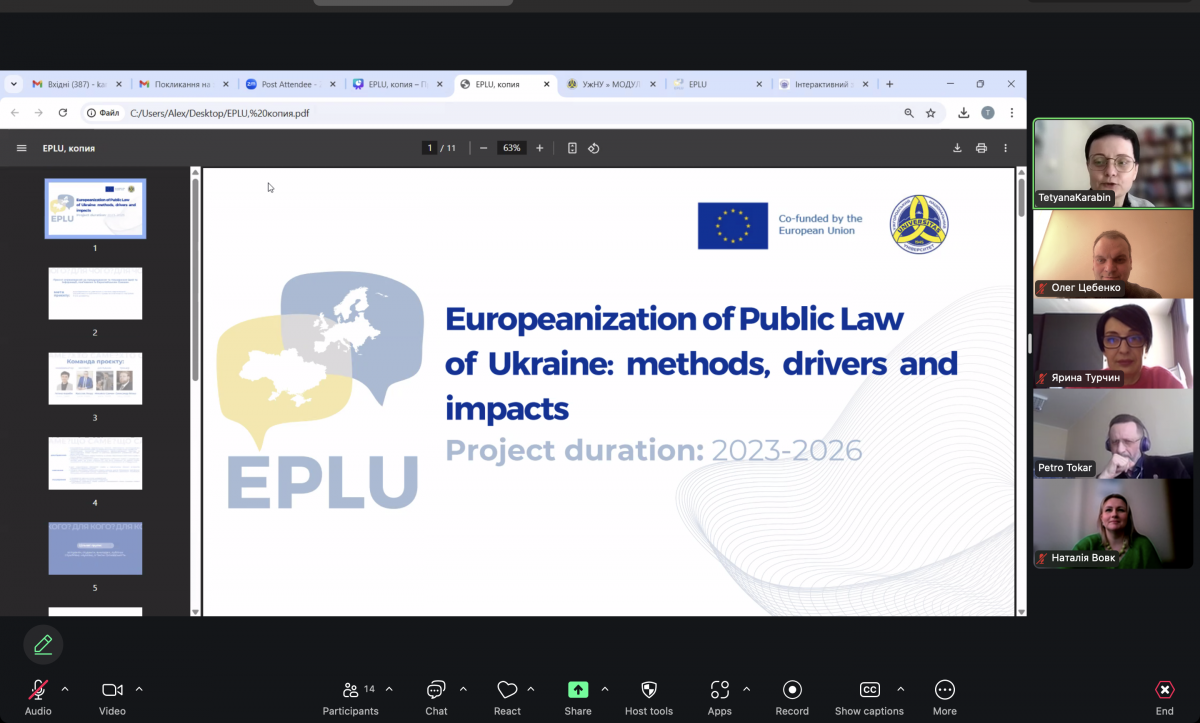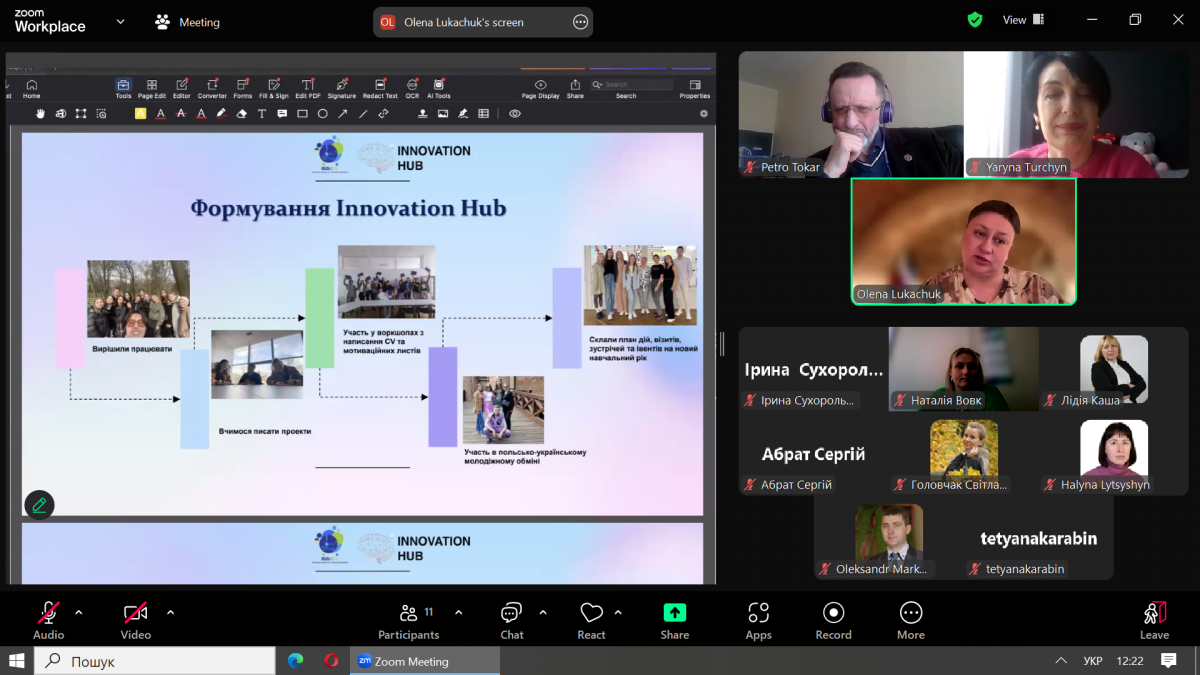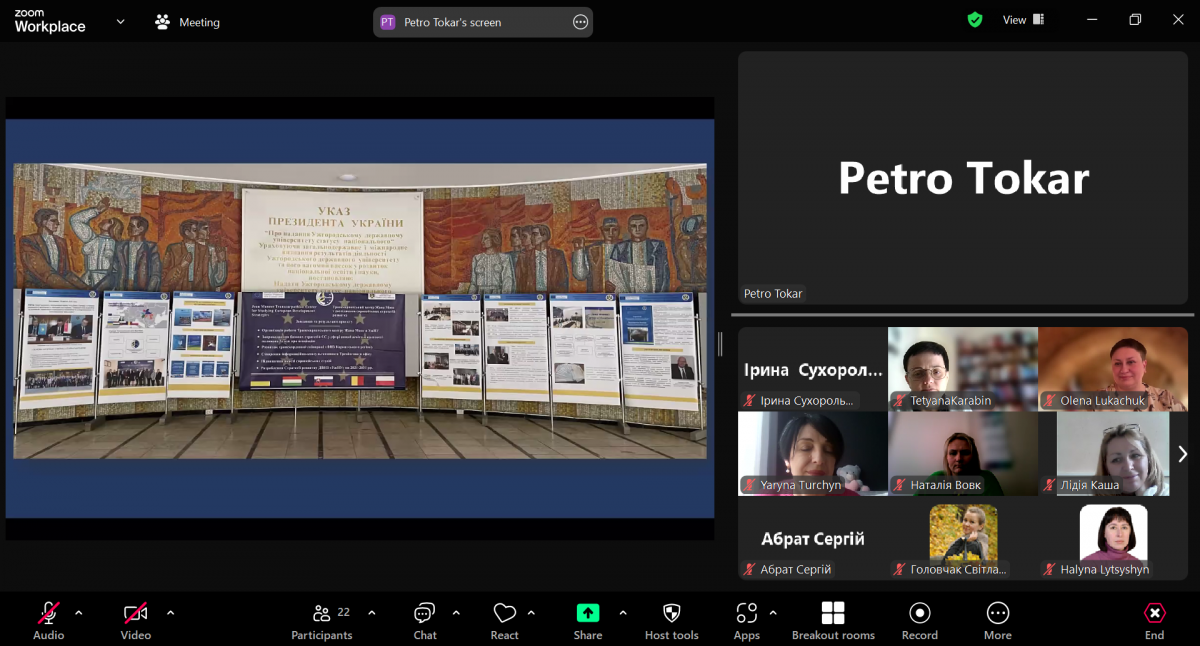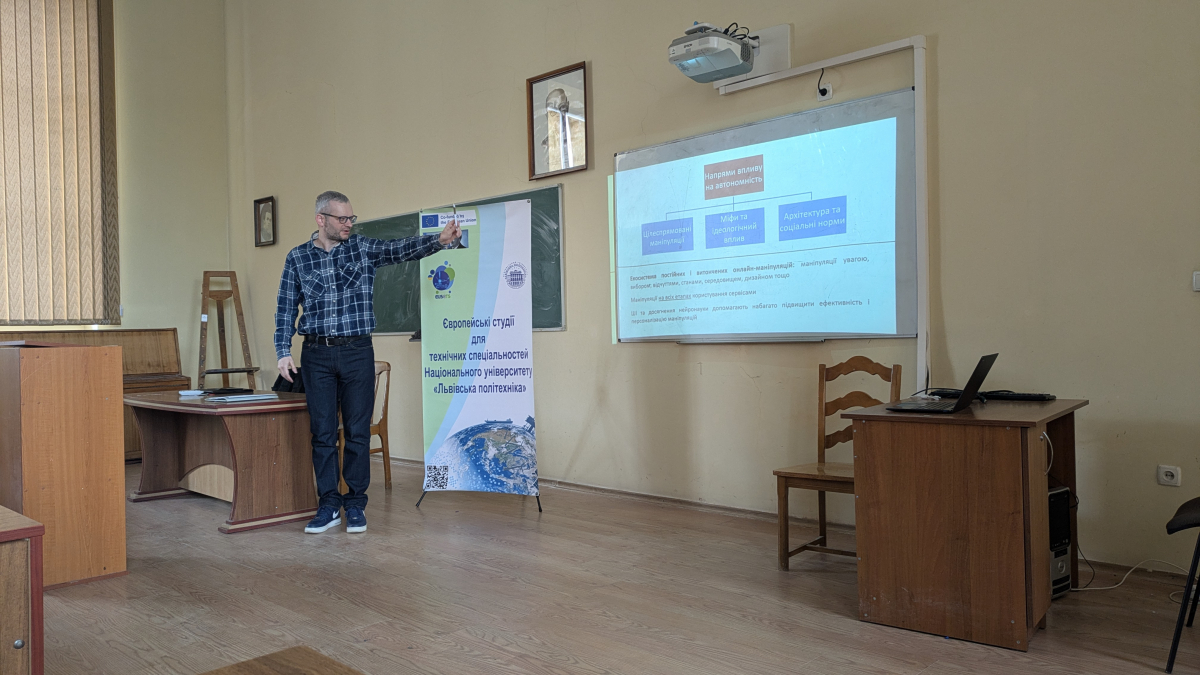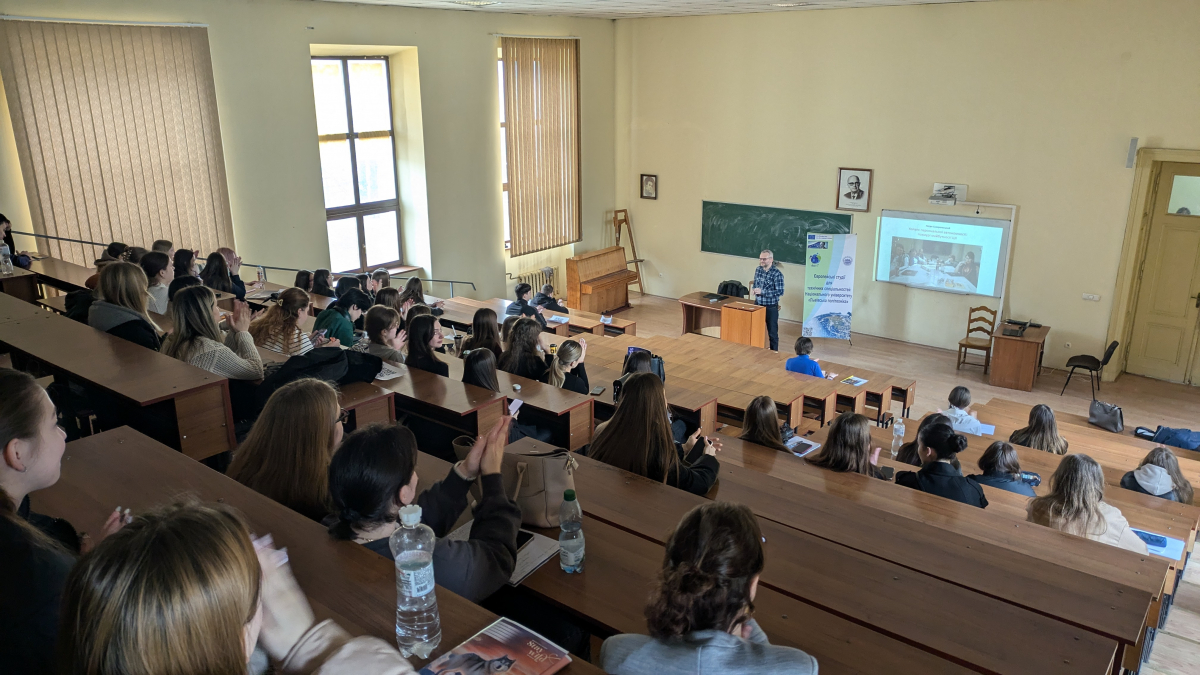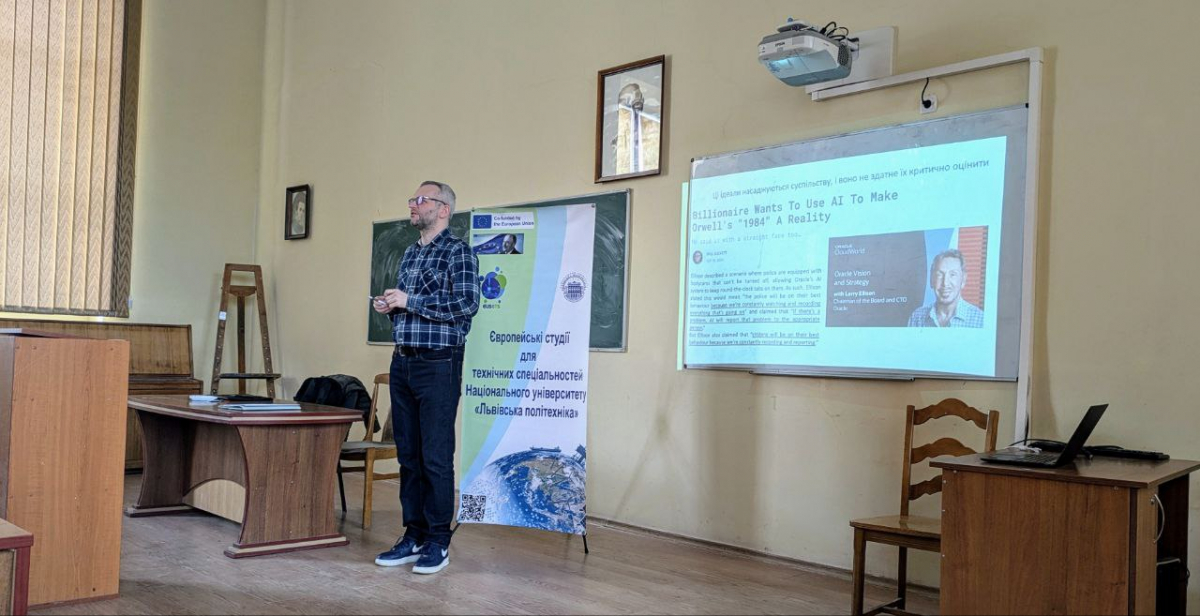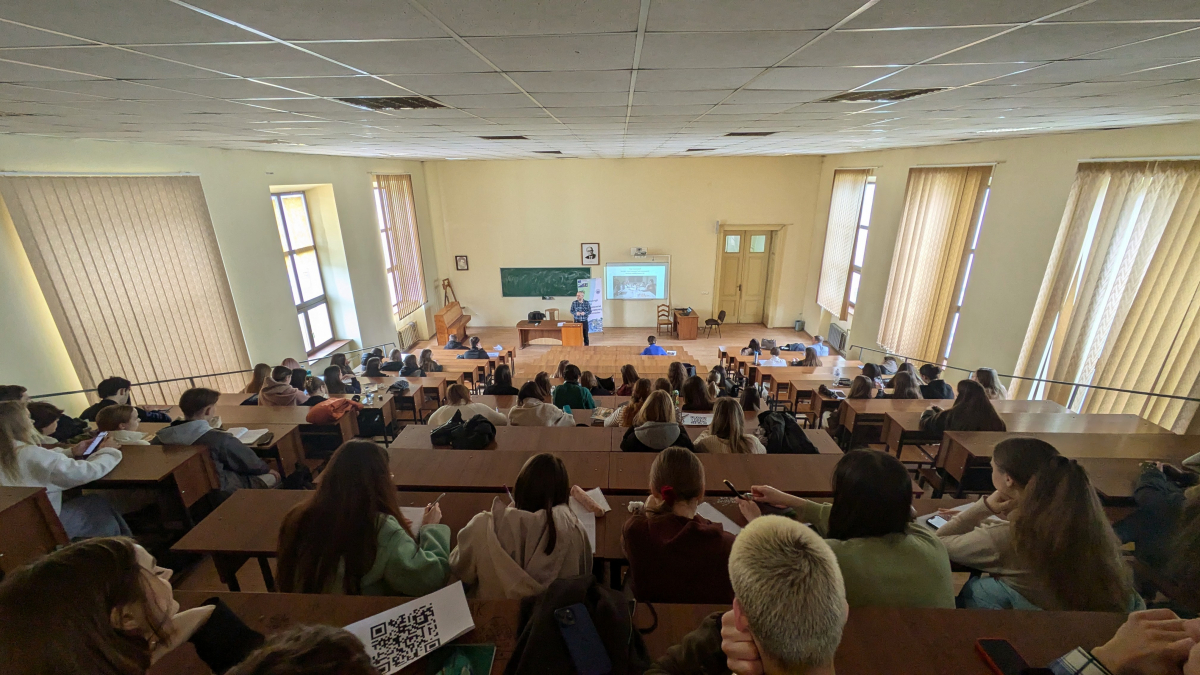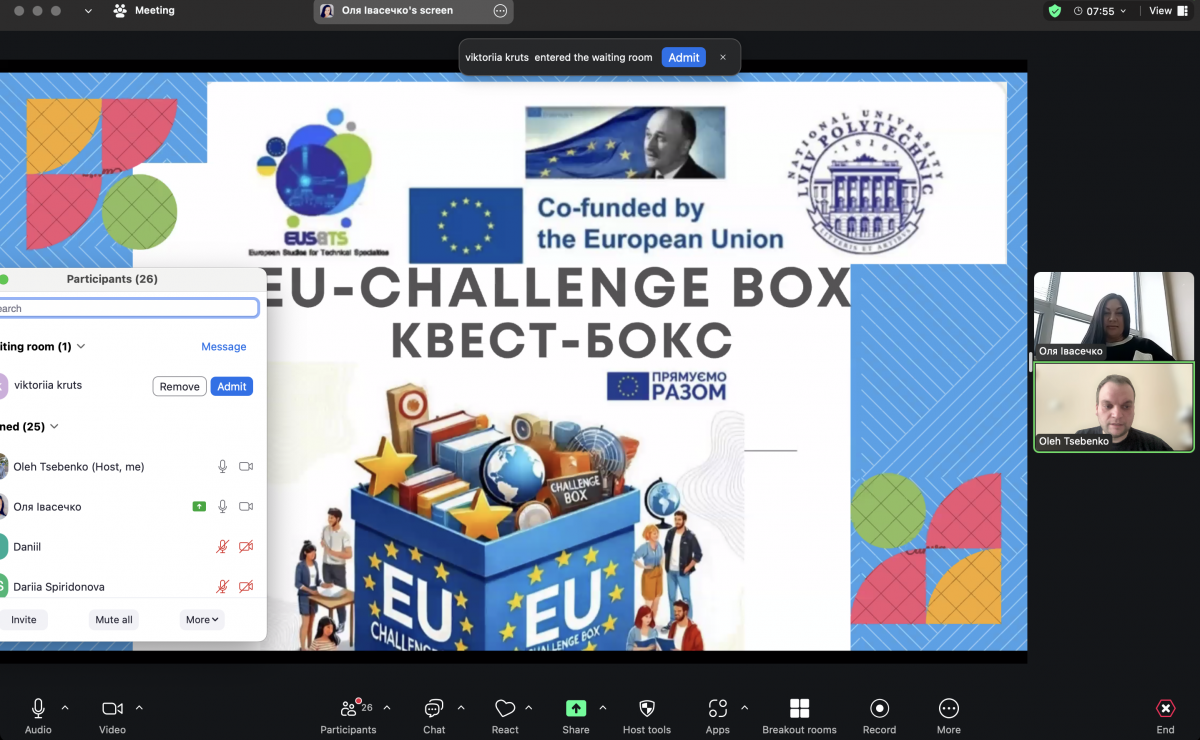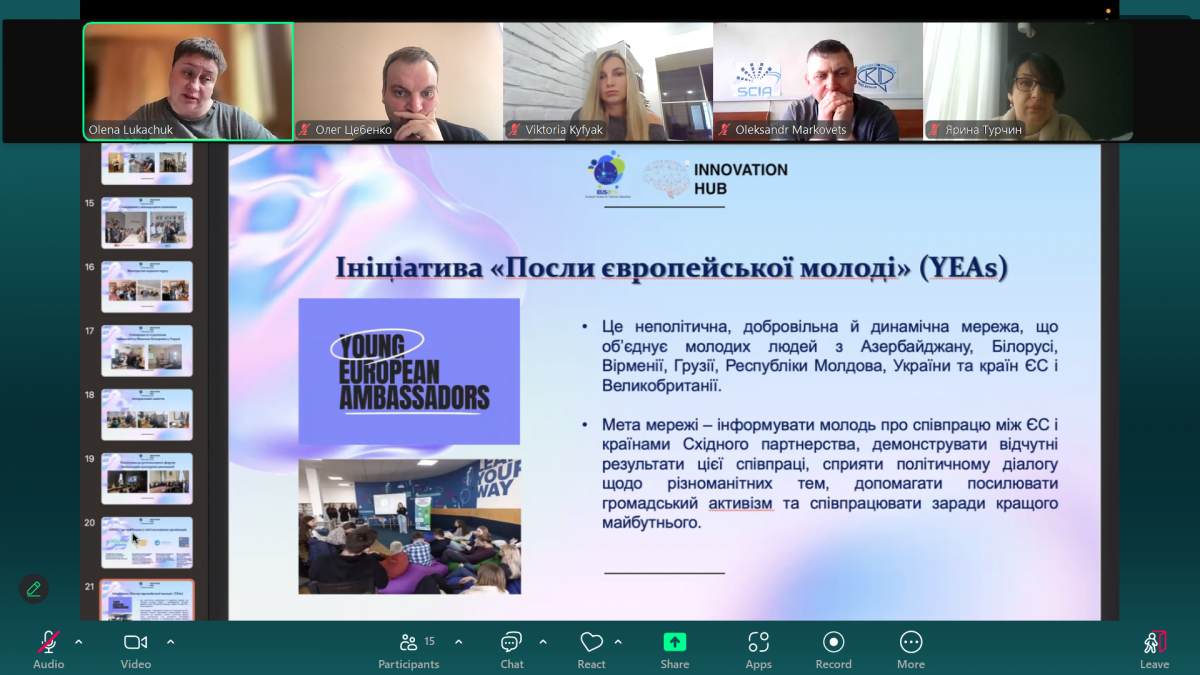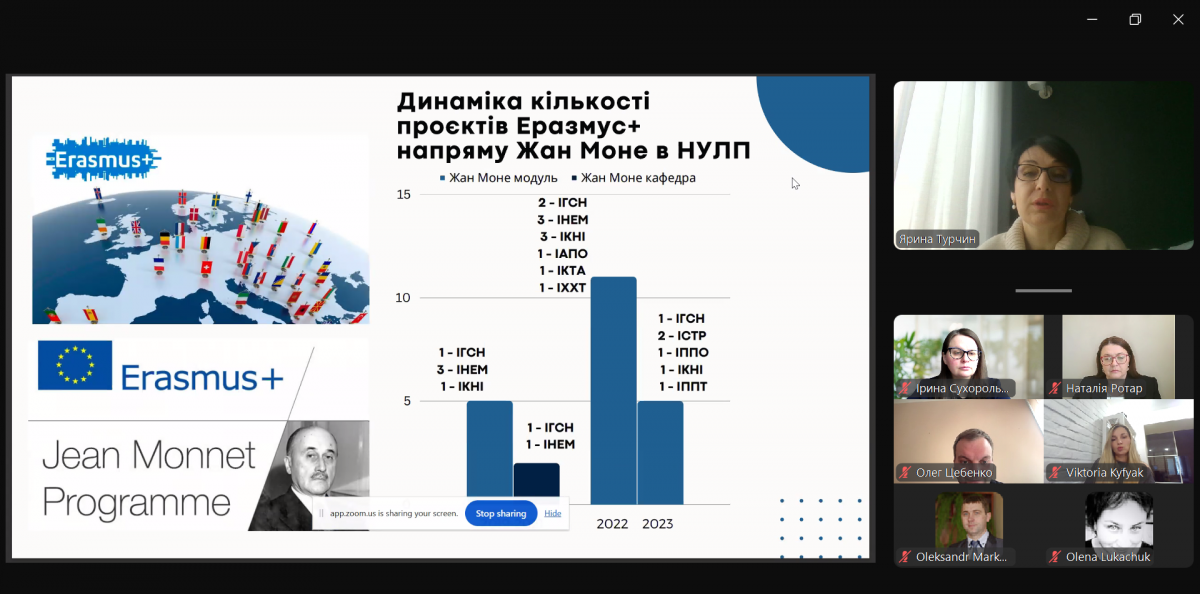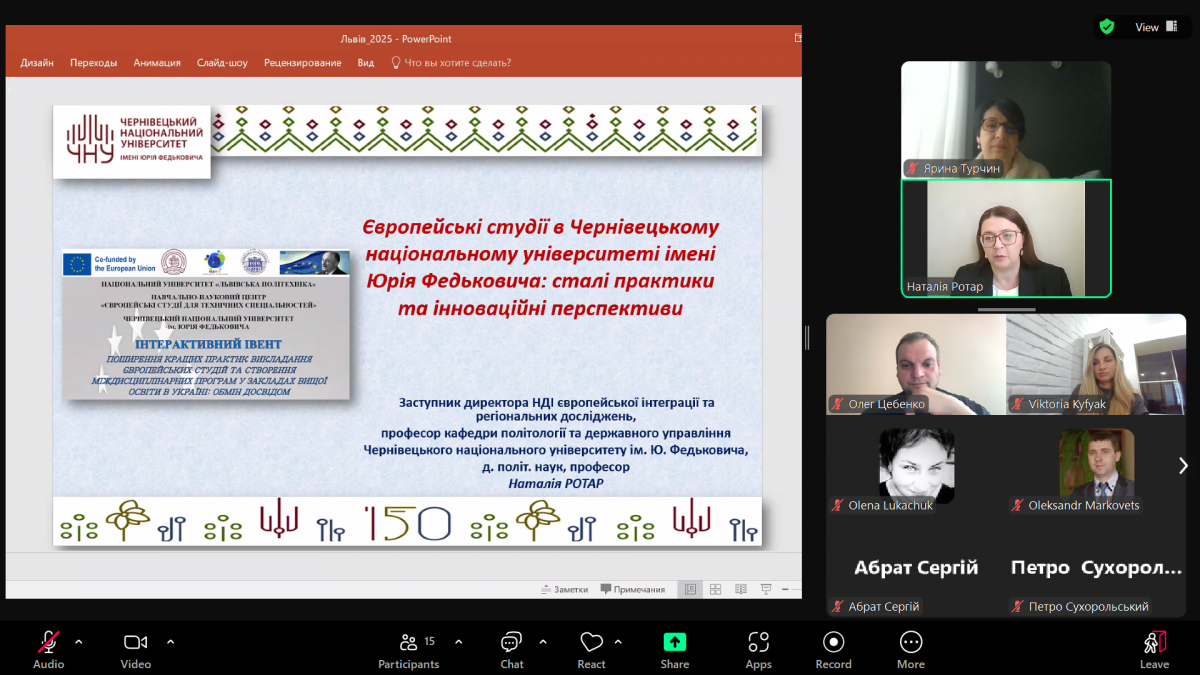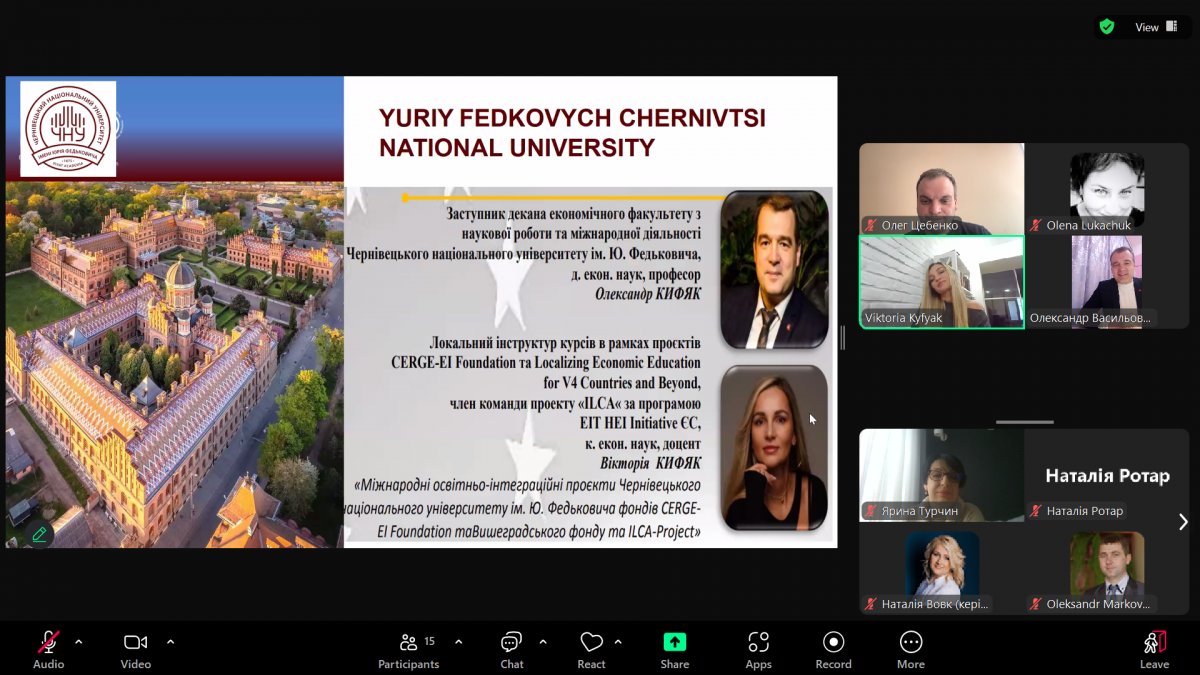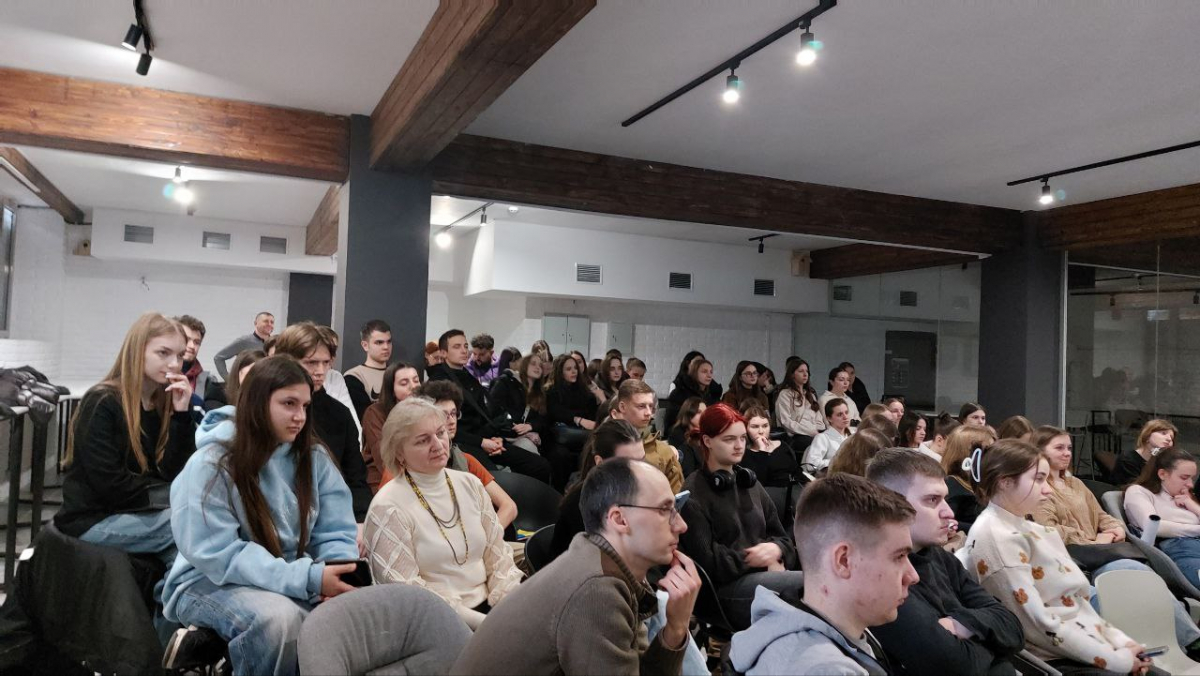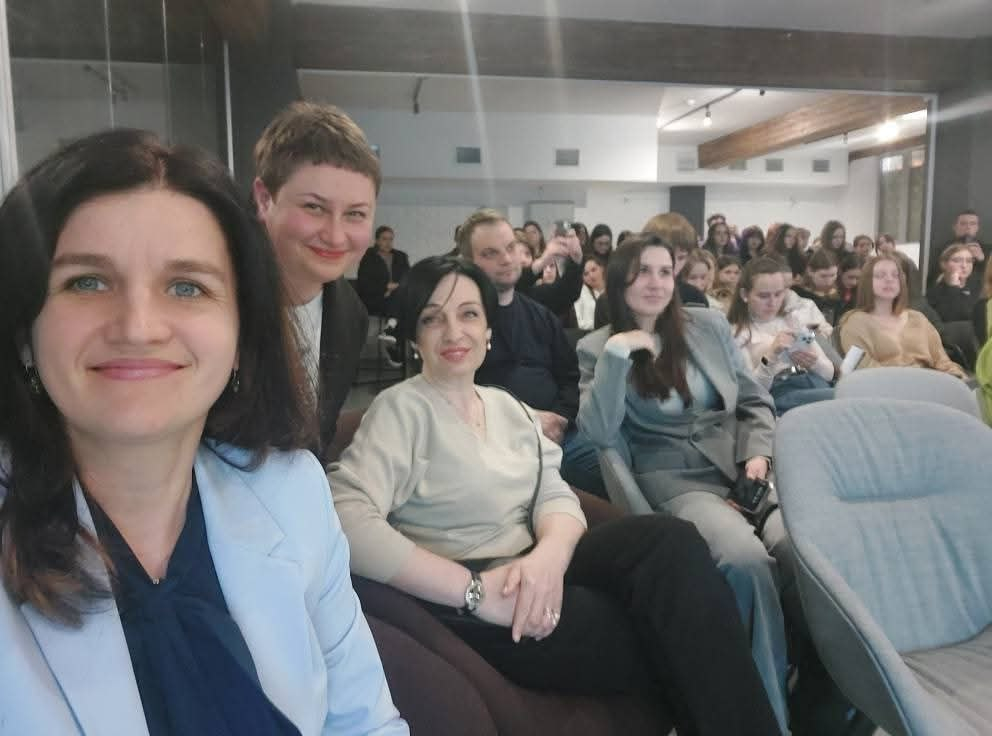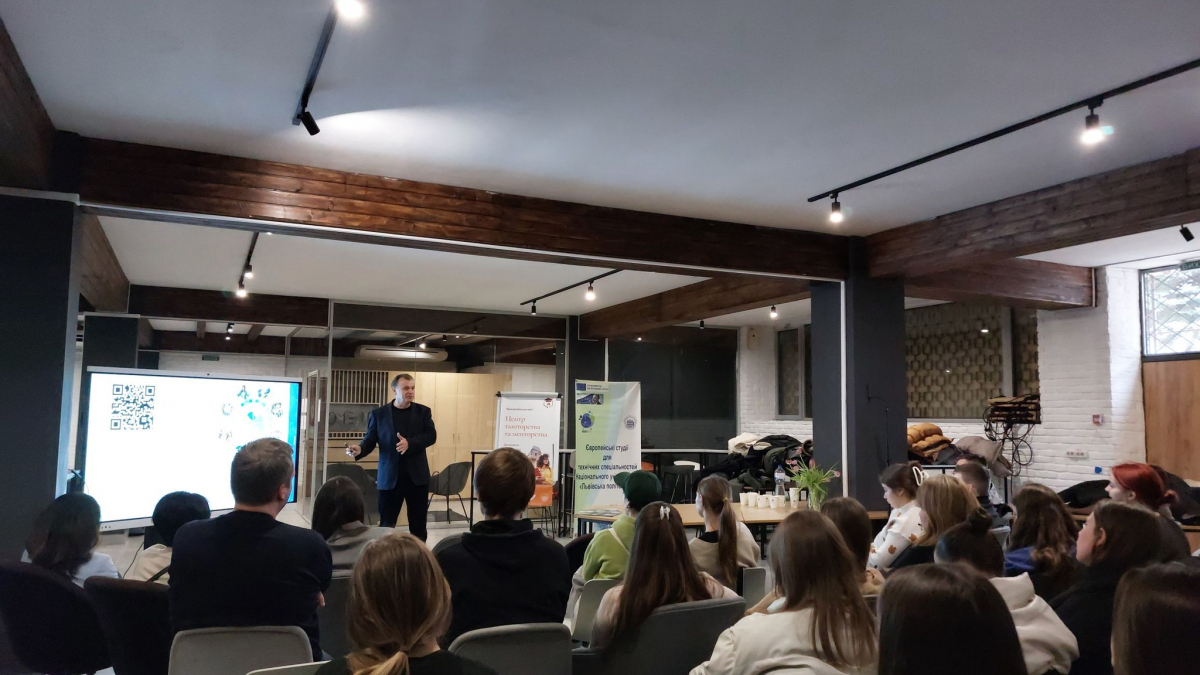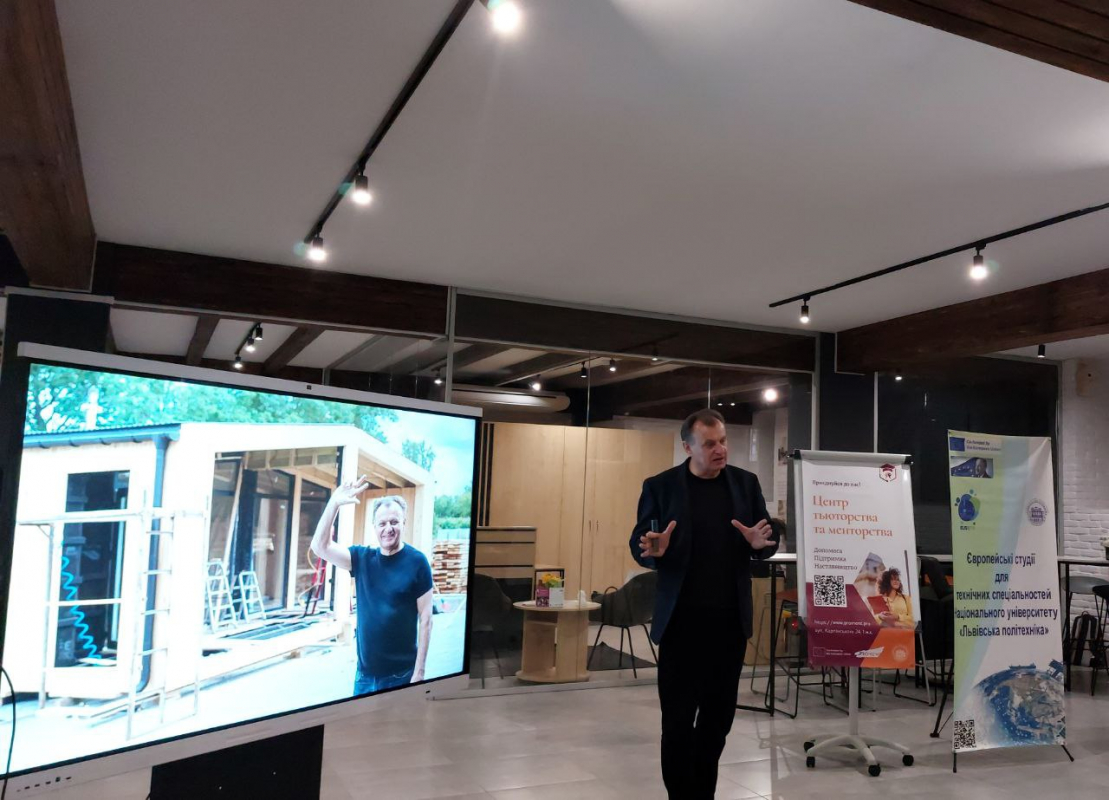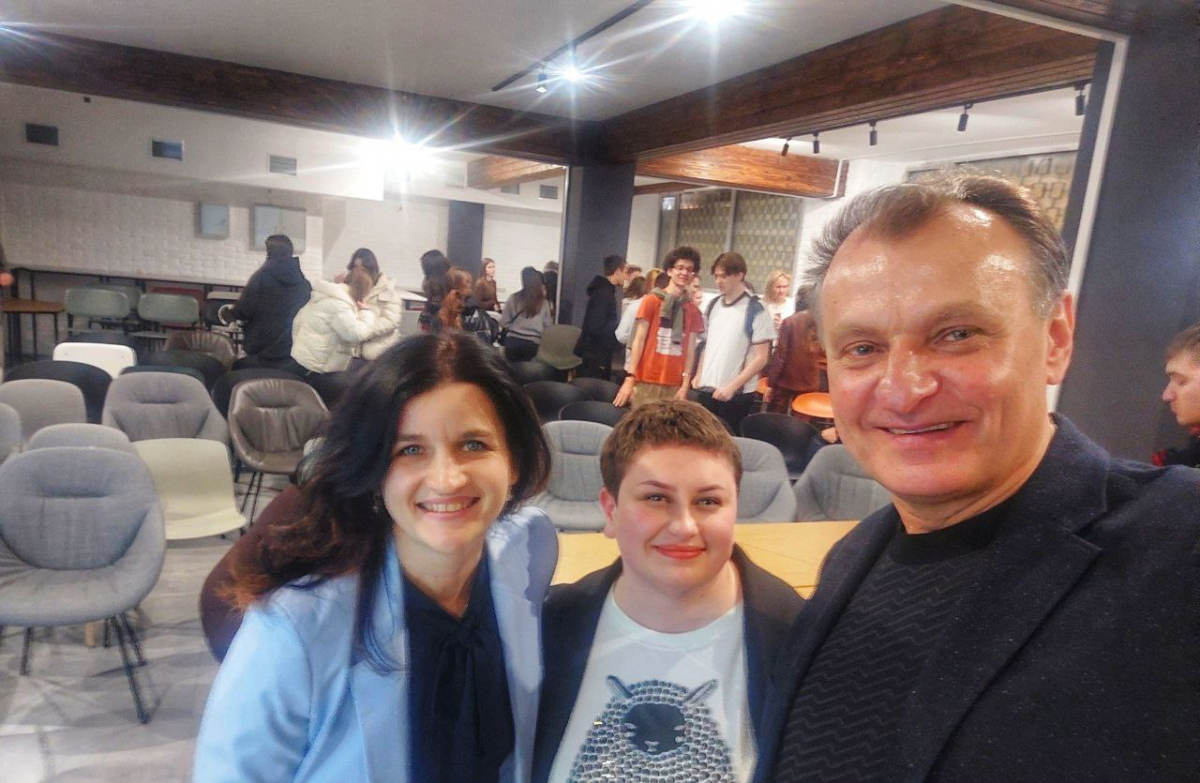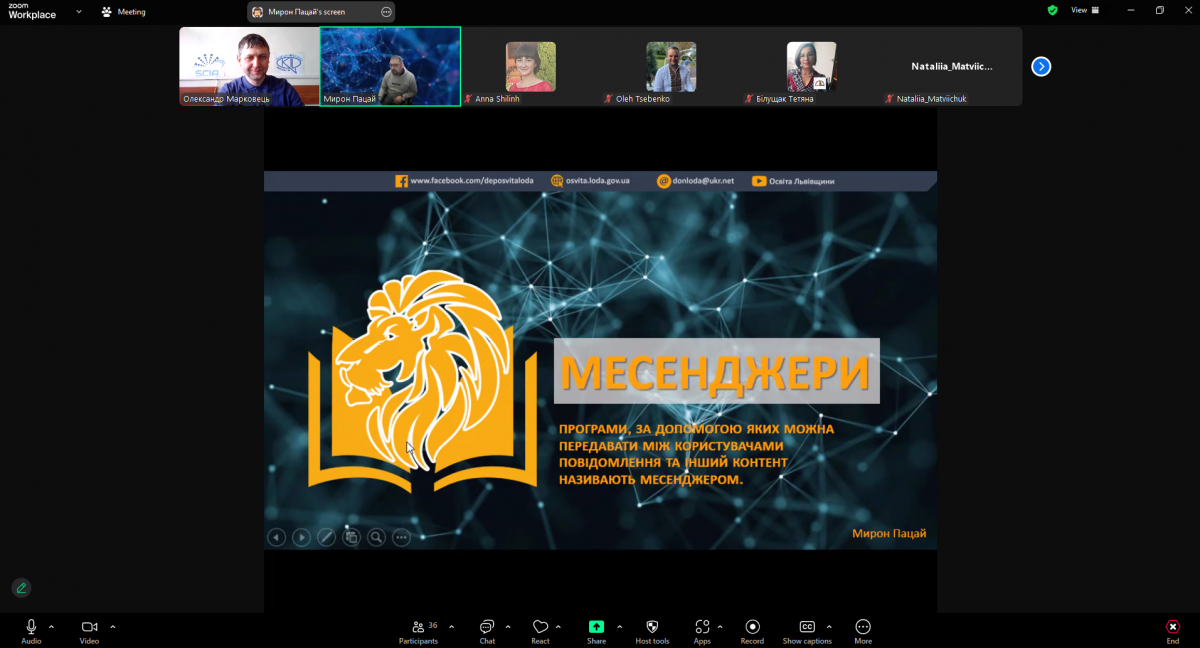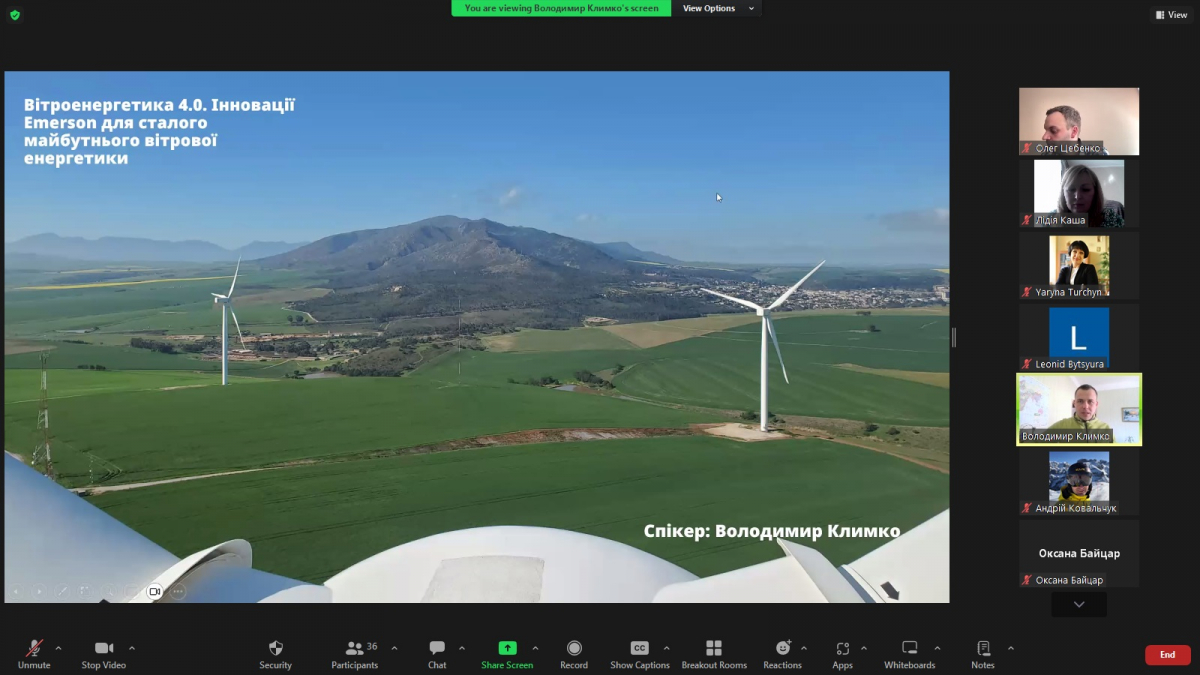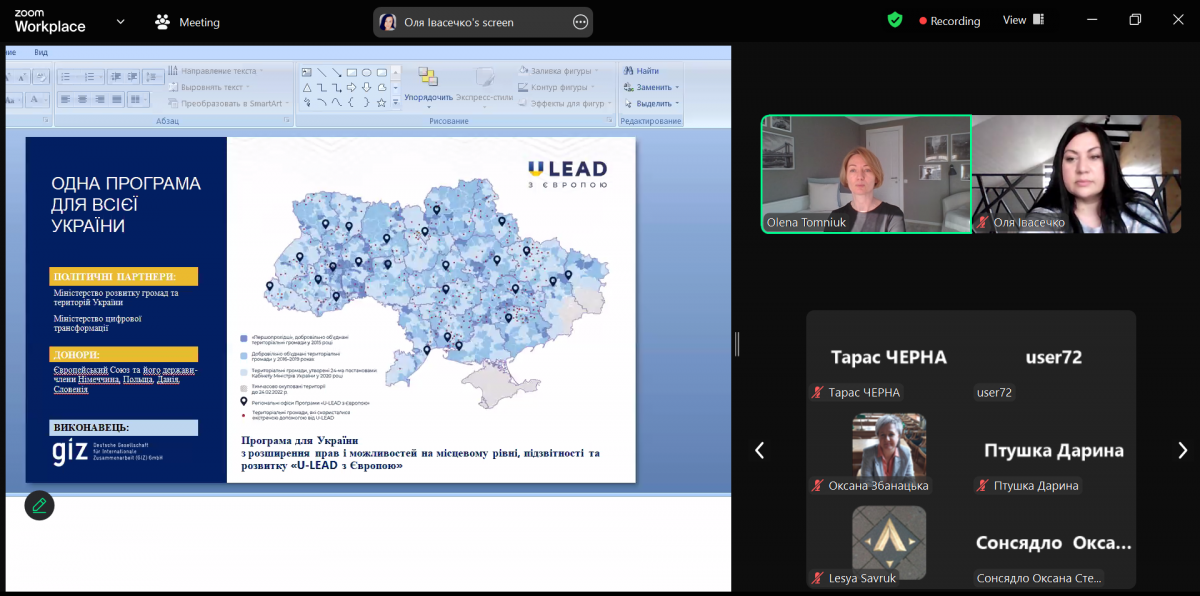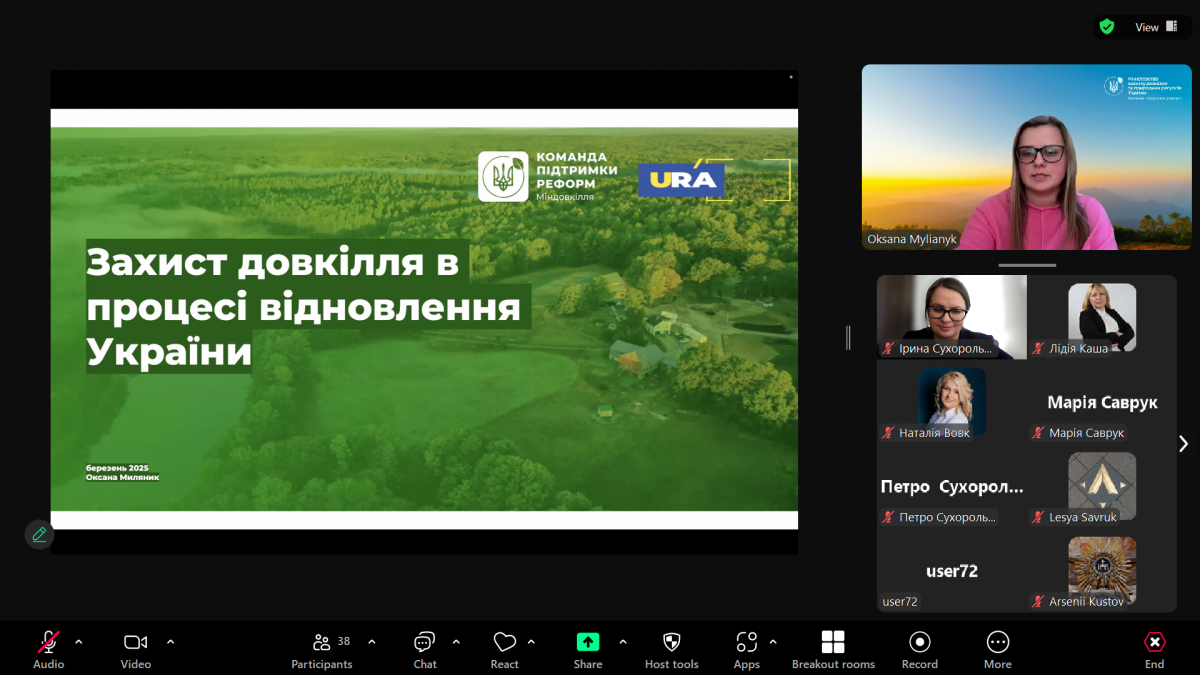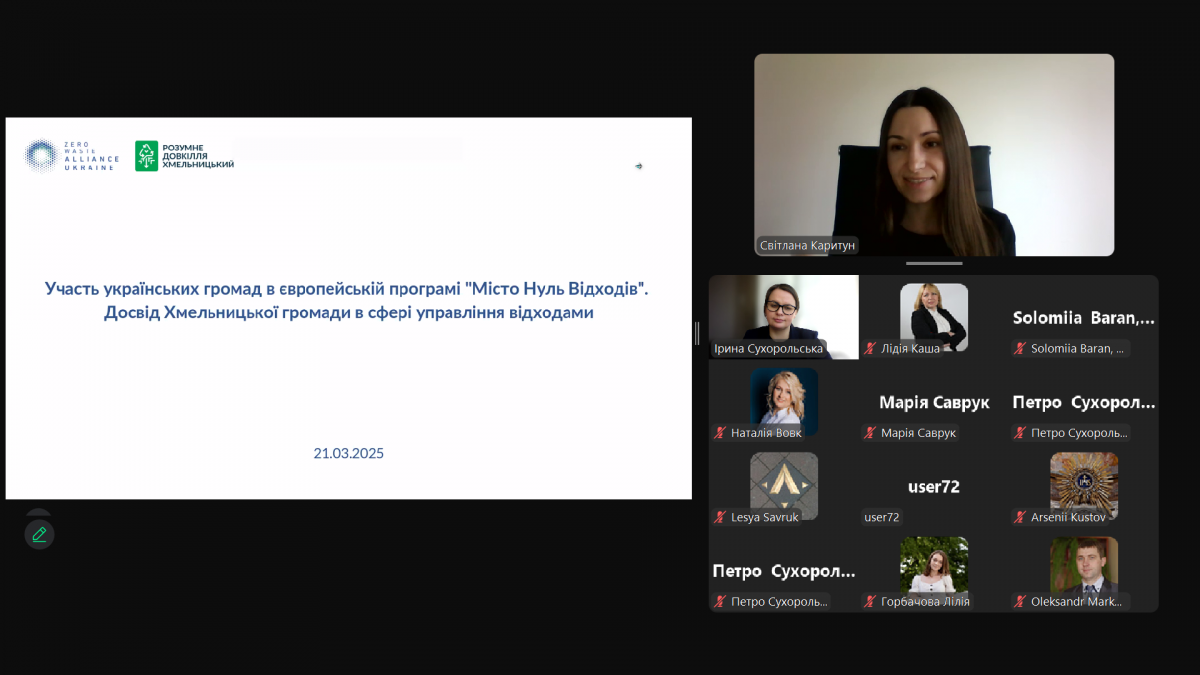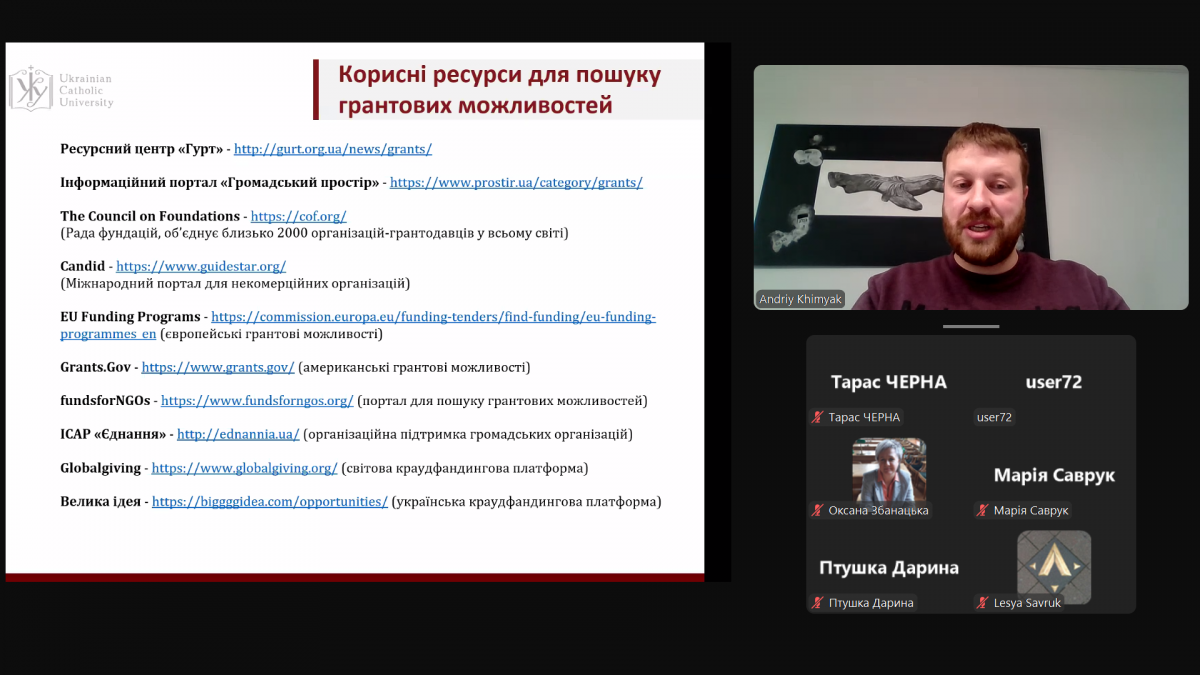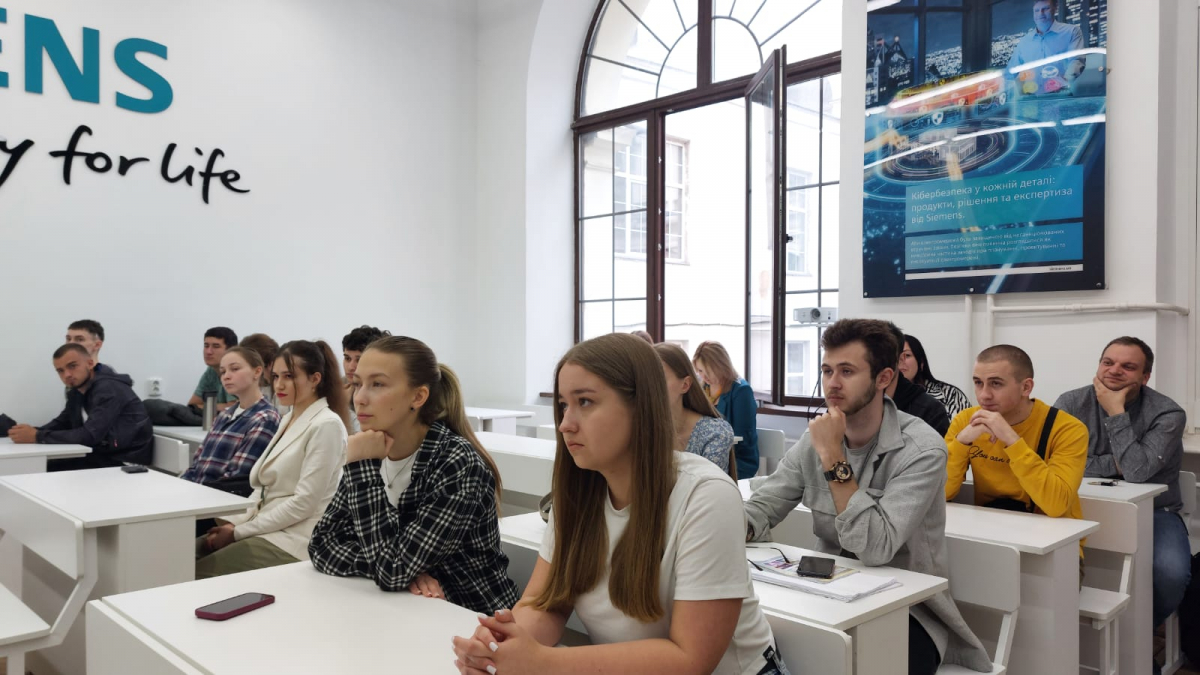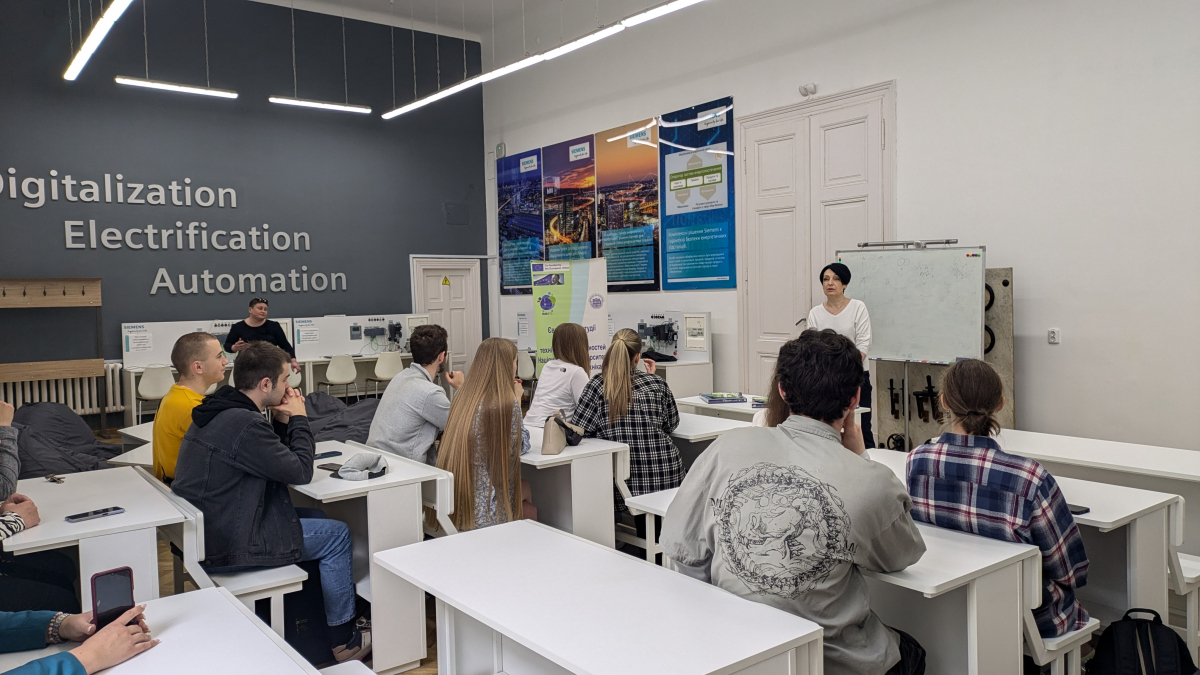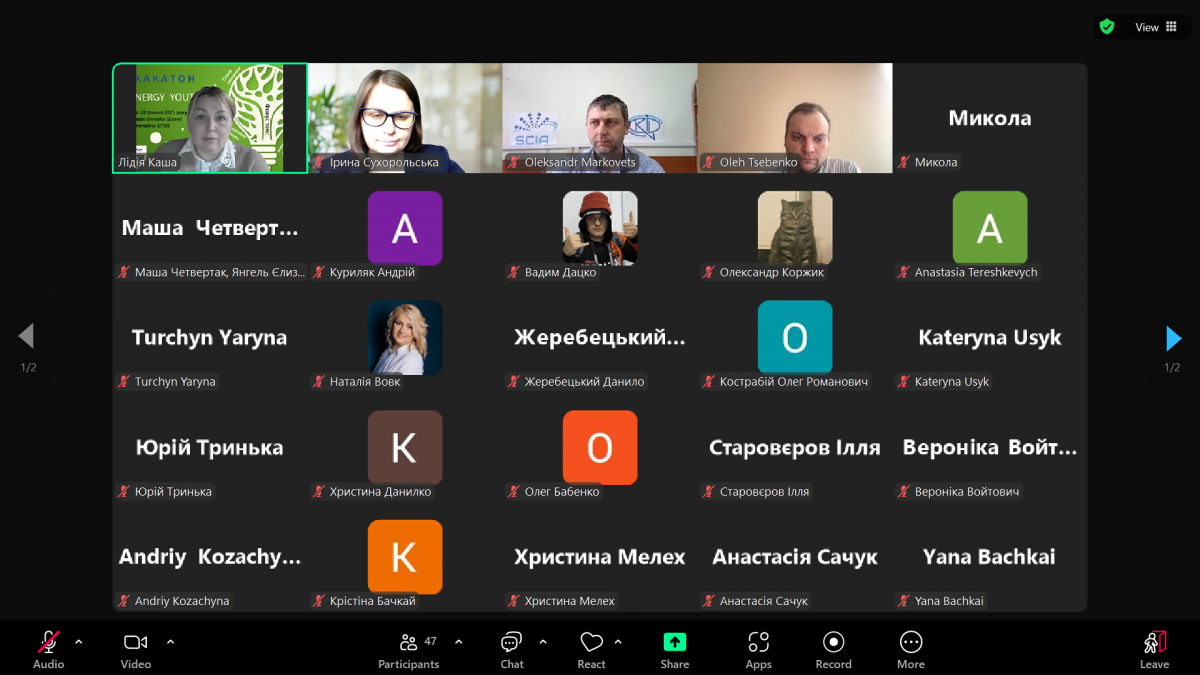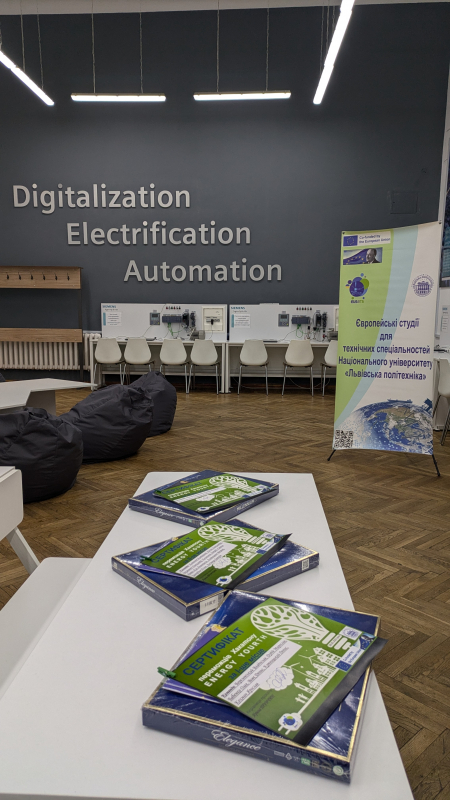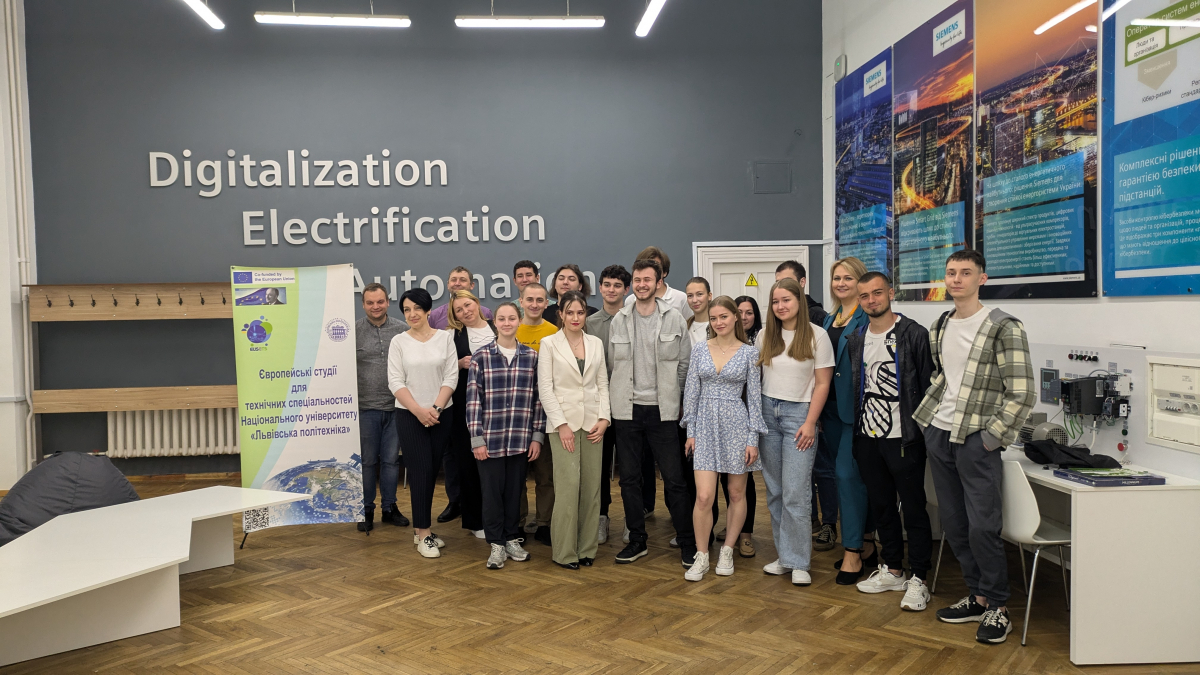On October 23, 2024, a public lecture by Olha Krevska , Director of the Directorate for European and Euro-Atlantic Integration at the Ministry of Digital Transformation of Ukraine, was held online for students of Lviv Polytechnic on the topic: “Ukraine's Integration into the EU Digital Single Market: Regulatory Approximation to EU Law in the Digital Sphere”.
In her speech, the speaker focused on four main issues, namely: Ukraine's European integration path, integration into the EU's Digital Single Market, EU accession negotiations, and the EU's Digital Europe 2021-2027 Program.
Olga Krevska focused on the main stages of EU accession that Ukraine has already passed, such as: Ukraine applies for EU membership on February 28, 2022; the EU grants Ukraine candidate status along with 7 recommendations, and their implementation is a prerequisite for the EU's decision to open membership negotiations with Ukraine; Ukraine implements 7 EU recommendations, which include reform of the CCU, judicial reform, strengthening the fight against corruption and money laundering, implementation of anti-oligarchic measures, harmonization of media and advertising regulation with EU law, and strengthening the protection and realization of the rights of national minorities. - July 2022-October 2023; Ukraine conducts a self-screening of the compliance of national legislation with EU law. This stage is not a mandatory EU procedure, but Ukraine became the first country to conduct a self-screening even before the official screening by the European Commission to be better prepared for it.
The lecturer stated that the European Commission for the first time publishes a report on Ukraine's progress within the EU Enlargement Package, which:
1) recognizes Ukraine's high progress in implementing the 7 recommendations, which became the basis for the EC's recommendation to EU leaders to open negotiations with Ukraine.
2) identified 4 additional steps within these 7 recommendations, the implementation of which is a prerequisite for the EU to adopt a negotiation framework for Ukraine.
H) almost 100 recommendations for Ukraine were identified for each negotiating section.
In addition, Olga Krevska emphasized that Ukraine is also implementing 4 additional steps within the framework of the 7 EU recommendations, including the adoption of laws, a gradual increase in the NABU staff, the expansion of the NACP's lobbying powers, and the protection of the rights of national minorities. Thus, the EU is making a historic decision to open accession negotiations with Ukraine, the expert noted.
The Government of Ukraine publishes the results of the self-screening, approves a plan to implement the EC's recommendations for each negotiating chapter, and the EC begins an official screening of the compliance of national legislation with EU law.
The lecturer focused on the peculiarities of Ukraine's integration into the EU's Digital Single Market, reviewing the EU's Digital Strategy 2030, whose integral components are as follows: digital skills - at least 80% of the population has basic digital skills; secure and efficient digital infrastructure - gigabit society; digital business transformation - more than 90% of SMEs with a basic level of digital intensity; digitalization of public services - 100% of services, digital ID.
Olha Krevska emphasized that Ukraine's integration into the EU's Digital Single Market has potential economic benefits, and Ukraine's approximation to the EU's Digital Single Market is a priority area of sectoral integration with the EU. It is also an important tool for deepening Ukraine's economic integration into the EU's internal market and promoting the development of Ukraine's digital economy in line with European and international standards.
During her speech, the speaker noted that Ukraine's integration into the EU's Digital Single Market envisages: regulatory approximation with EU law in the digital sphere; reduction of regulatory barriers to cross-border digital trade between Ukraine and the EU; acceleration of the development of Ukraine's digital economy by expanding access to online markets and EU digital technologies.
The lecturer also outlined the main economic benefits of Ukraine's integration into the EU's Digital Single Market, including the following: reduction of transaction trade costs in trade in goods and services between the EU and Ukraine; increased business efficiency, economic productivity and GDP of Ukraine; intensification and growth of bilateral trade in goods and services between Ukraine and the EU; development of innovative products and services, digital infrastructure in Ukraine; growth of the welfare of Ukrainian and EU citizens: access and reduced prices for digital services.
The expert emphasized the levels of integration into the EU's Digital Single Market, namely: Association Agreement and Annex 17-3; roadmap for integration into the EU DSM; accession negotiations. The speaker focused on the key achievements in this area, namely: the implementation of the EU Electronic Communications Code in sync with the EU; Ukrainian digital signatures are recognized in the EU as improved; joining the EU Digital Europe Program; Ukraine's participation in the Potential consortium; the prospect of joining the EU Roam like at home policy; creation of European Digital Innovation Hubs.
Particularly important was the information provided by the representative of the Ministry of Digital Transformation on The negotiating section “Digital Transformation and Media” includes the following thematic blocks: overall digital strategy; electronic communications; trust services; cybersecurity; digital services; data; AI; semiconductors; media. A bilateral meeting is scheduled for March 31-April 1, 2025, which will be the main one on EU membership.
Also, the Director of the Directorate for European and Euro-Atlantic Integration presented information on key acquis, including: the general strategy: Digital Decade Policy Program 2030, Digital Europe Program;Electronic communications: 50 acts: Directive (EU) 2018/1972 (EECC), Regulation (EU) 2018/1971 (BEREC), Regulation (EU))2022/612 (Roaming); Trust services: Regulation (EU) No 910/2014, Regulation (EU) 2024/1183; Cybersecurity: 18 acts: Directive (EU) 2016/1148 NIS, Directive (EU) 2022/2555 NIS2; Digital services: 20 acts: DSA, DMA, P2B, Directive 2000/31/EC; Data: Directive (EU) 2019/1024, Regulation (EU) 2022/868 Data Governance Act, Regulation (EU) 2023/2854 Data Act; AI: Regulation (EU) 2024/1689 AI Act. Semiconductors: Regulation (EU) 2023/1781 Chips Act.
Olga Krevska's presentation on Ukraine's participation in the EU's Digital Europe Program (funding for digitalization in various areas until 2027) was particularly interesting for the students, namely the record budget for digital grants of 6 billion euros in areas available to Ukraine, such as artificial intelligence, data and cloud services 2.1 billion; digital skills 580 million; high-performance computing 2.2 billion; and the use of digital technologies in the economy and society 1.1 billion. The program is open to participants from Ukraine + European partners = International consortium, including the public sector, private sector, NGOs, higher education institutions and research institutions.
The expert also presented the benefits of the program for higher education institutions, including the following: the ability to access digital resources and training materials to improve the quality of education and research; involvement of Ukrainian scientists and specialists in the relevant field in the implementation of joint initiatives; increasing interest in careers, developing digital skills and attracting talent; promoting and improving the digital transformation of entrepreneurship both internationally and nationally; cooperation with foreign educational institutions.
At the end of the event, it was discussed that on September 12, 2023, the Business and Export Development Office was designated as the national contact point for the EU Digital Europe Program, all relevant information on open calls for proposals of the Program is published on the Diia.Business portal, and all free consultations can be obtained on the Diia.Business portal on participation in the EU Digital Europe Program.
The speaker noted that Ukraine participates in all 6 cases of EUDI WALLET, and the ROTENTIAL Consortium aims to improve citizens' access to reliable and secure electronic identification tools and services, such as electronic signatures or attribute certification. This will allow citizens to store their identity in a secure digital wallet that operates abroad. Olga Krevska also highlighted the focus of European digital innovation hubs: support for digital and green transformation of businesses (especially small and medium-sized enterprises and mid-cap companies) and/or public sector organizations on a large scale, consisting of one or more organizations working together and complementing each other's expertise; covering a specific geographic area, providing support to customers within the territory; and operating in different technologies and sectors: AI, big data, cybersecurity, energy, water, agriculture, food, manufacturing, healthcare.
Most of all, the students were interested in Ukraine's achievements on the way to integration into the EU's Digital Single Market, as well as in Ukraine's digital diplomacy. In addition, Olha Krevska announced current vacancies for European integrators at the Ministry of Digital Transformation of Ukraine and invited international students to join their team as valuable staff. She also discussed the possibility of an internship/practicum for students at the Ministry of Digital Transformation.
The announced lecture aroused considerable interest, as the event was attended by 100 participants, including students of the Institute of International Relations, the Institute of History and Society of Lviv Polytechnic National University, teachers, and members of the EUSTS project team.
The event was held within the framework of the project “European Studies for Students of Technical Specialties at Lviv Polytechnic National University (EUSTS)”, which is implemented with the support of the EU Erasmus+ Jean Monnet Program (activity - a series of public lectures). The project team sincerely thanks all the participants of the event and continues to work on preparing other equally interesting activities on topical issues of Ukraine's European integration and cooperation with the European Union.
